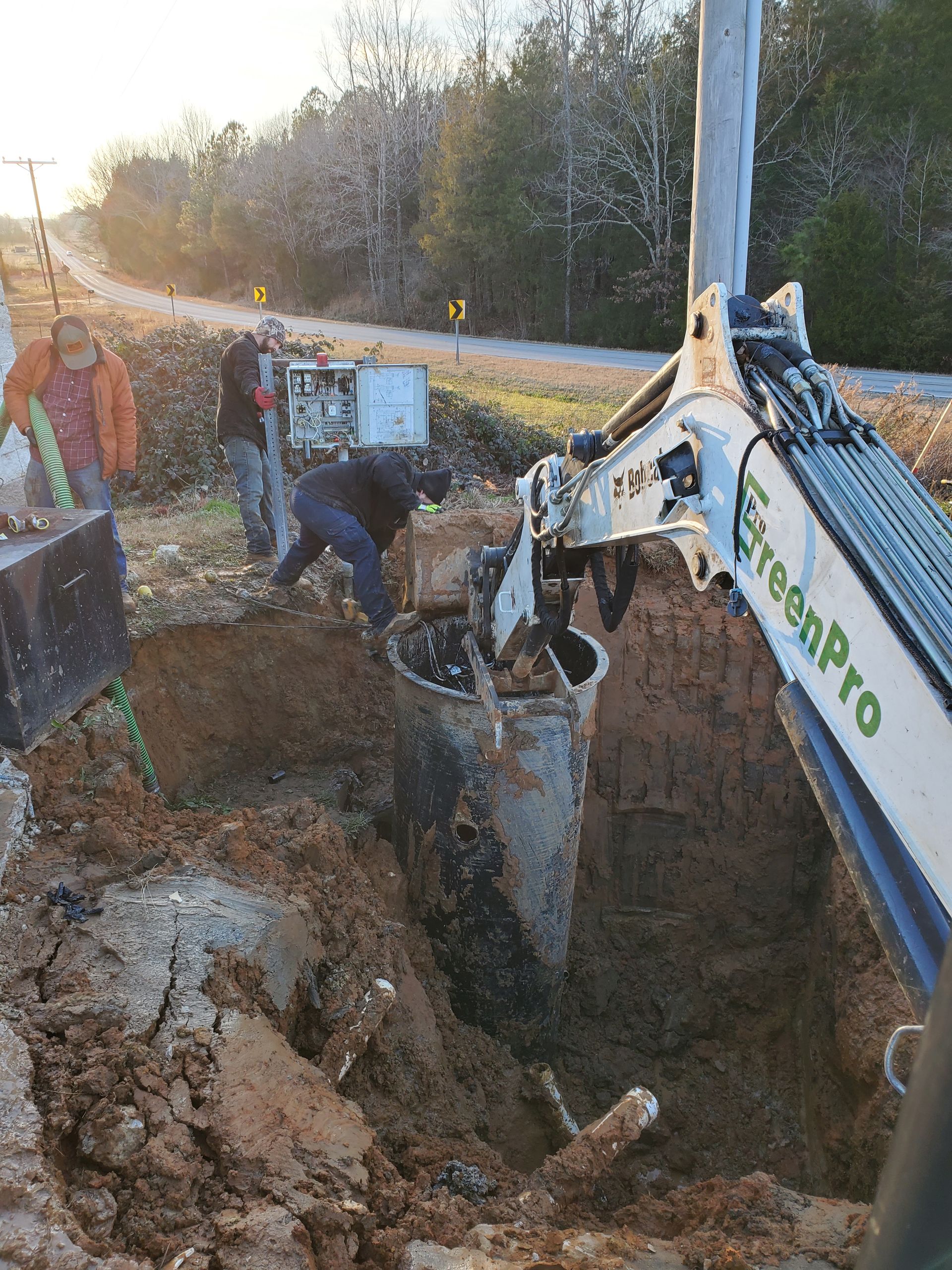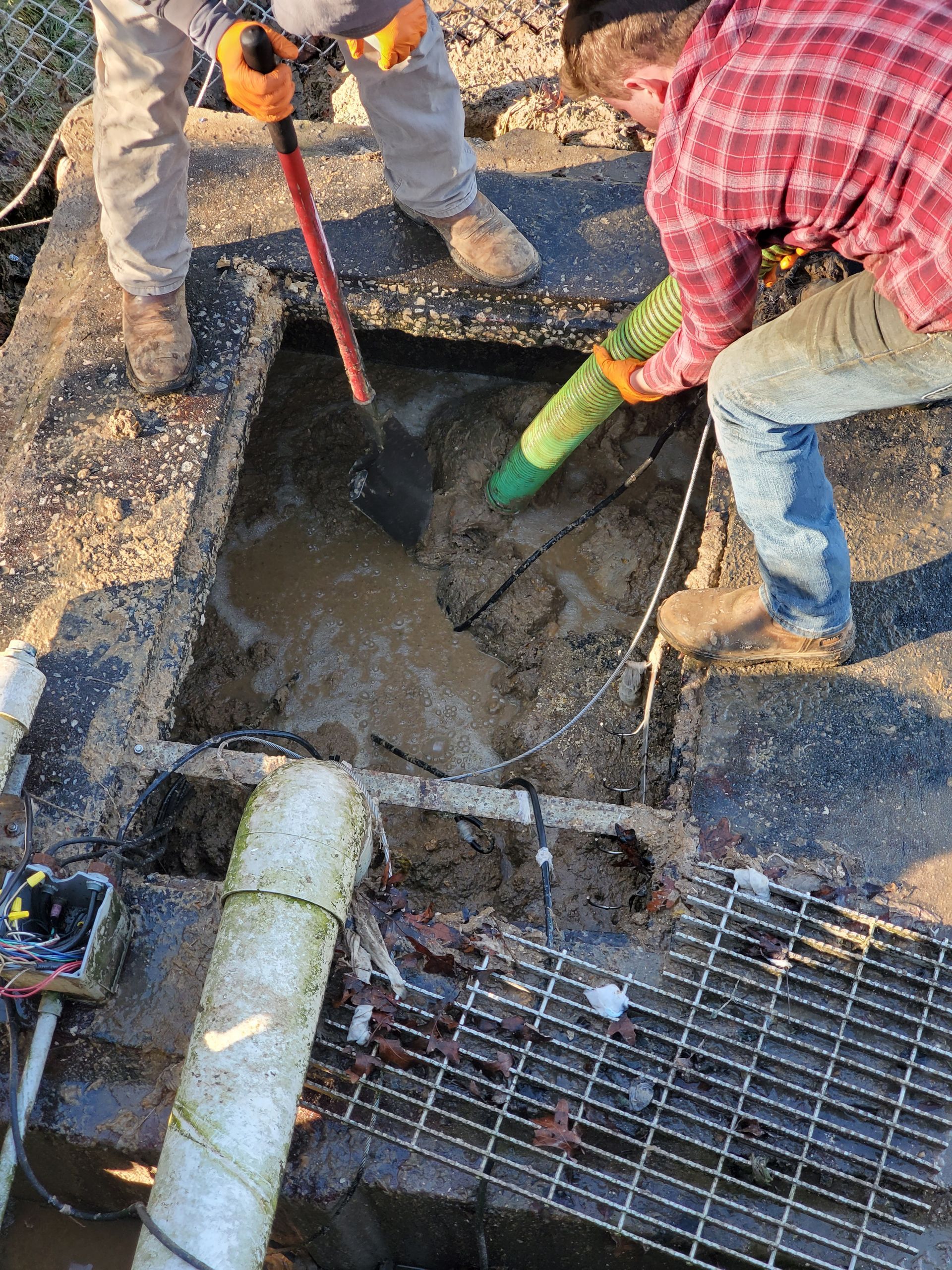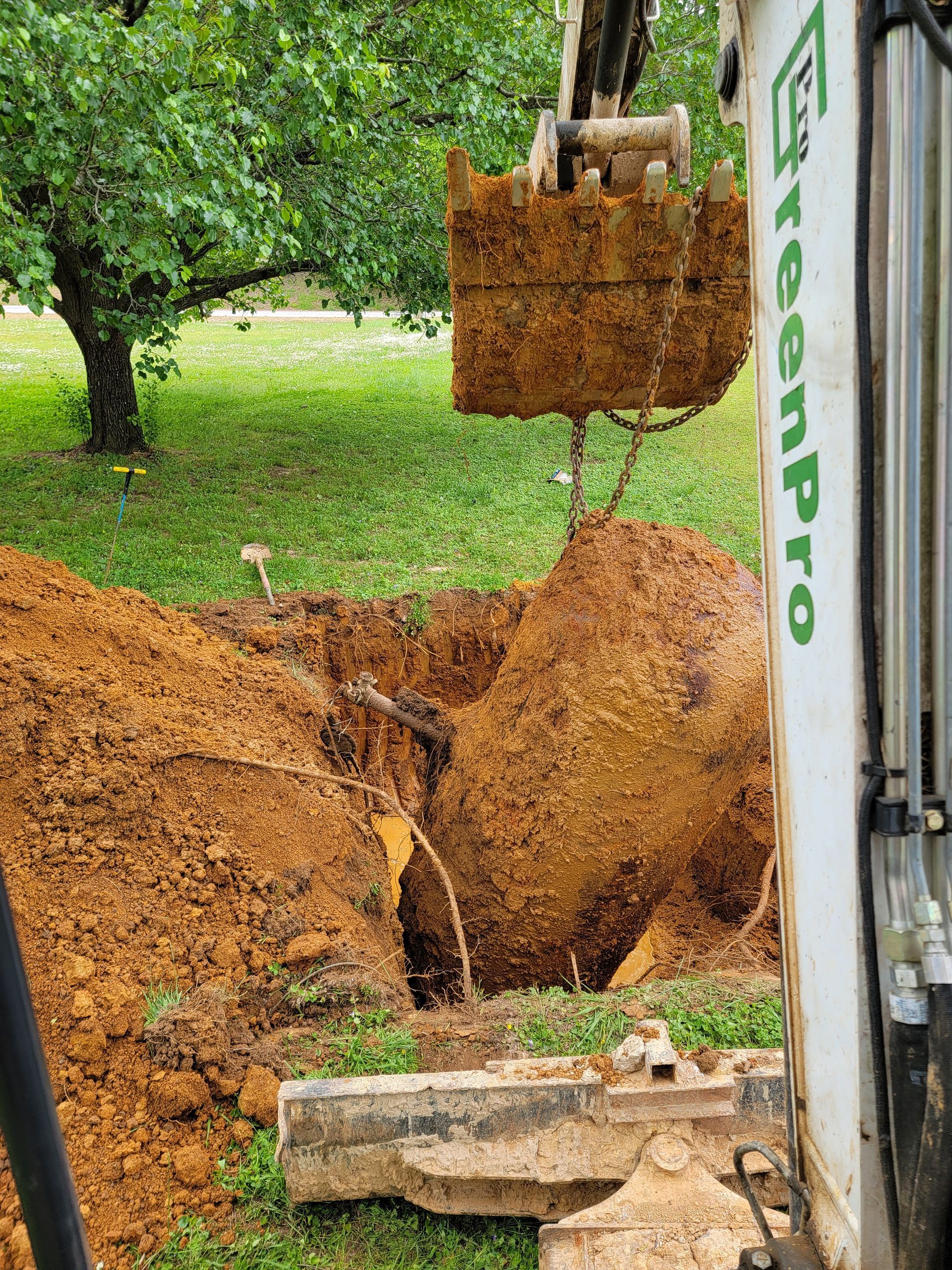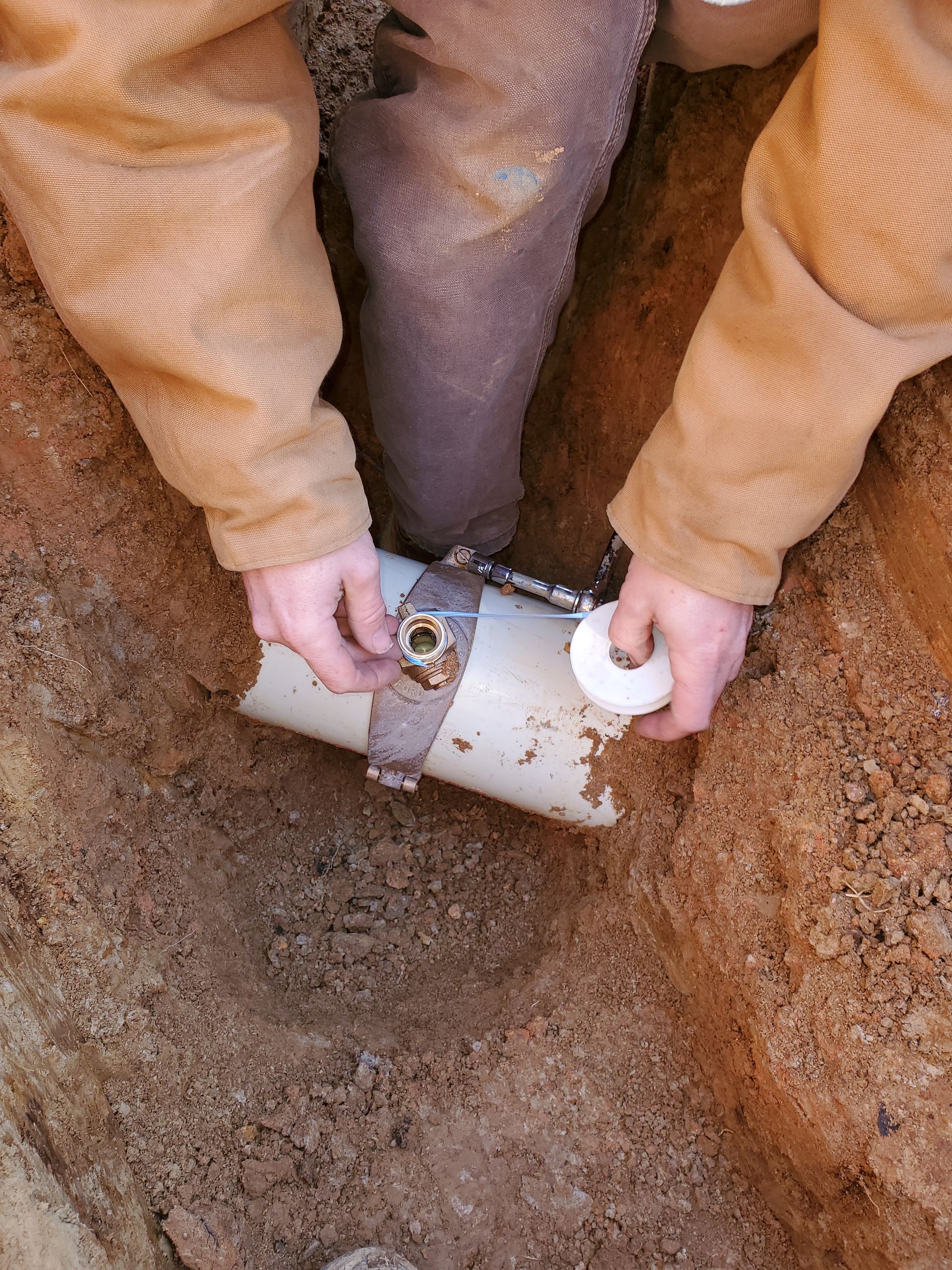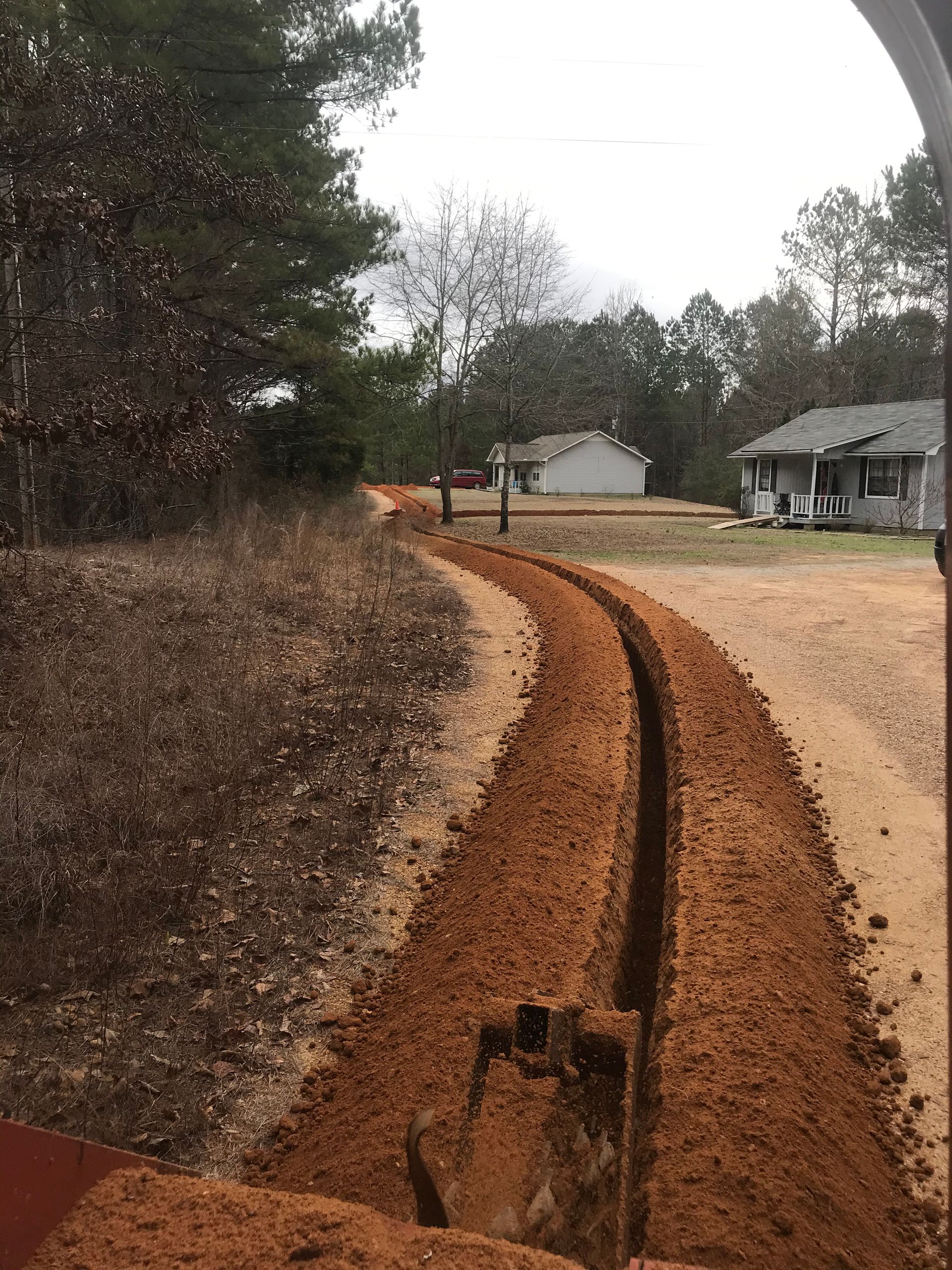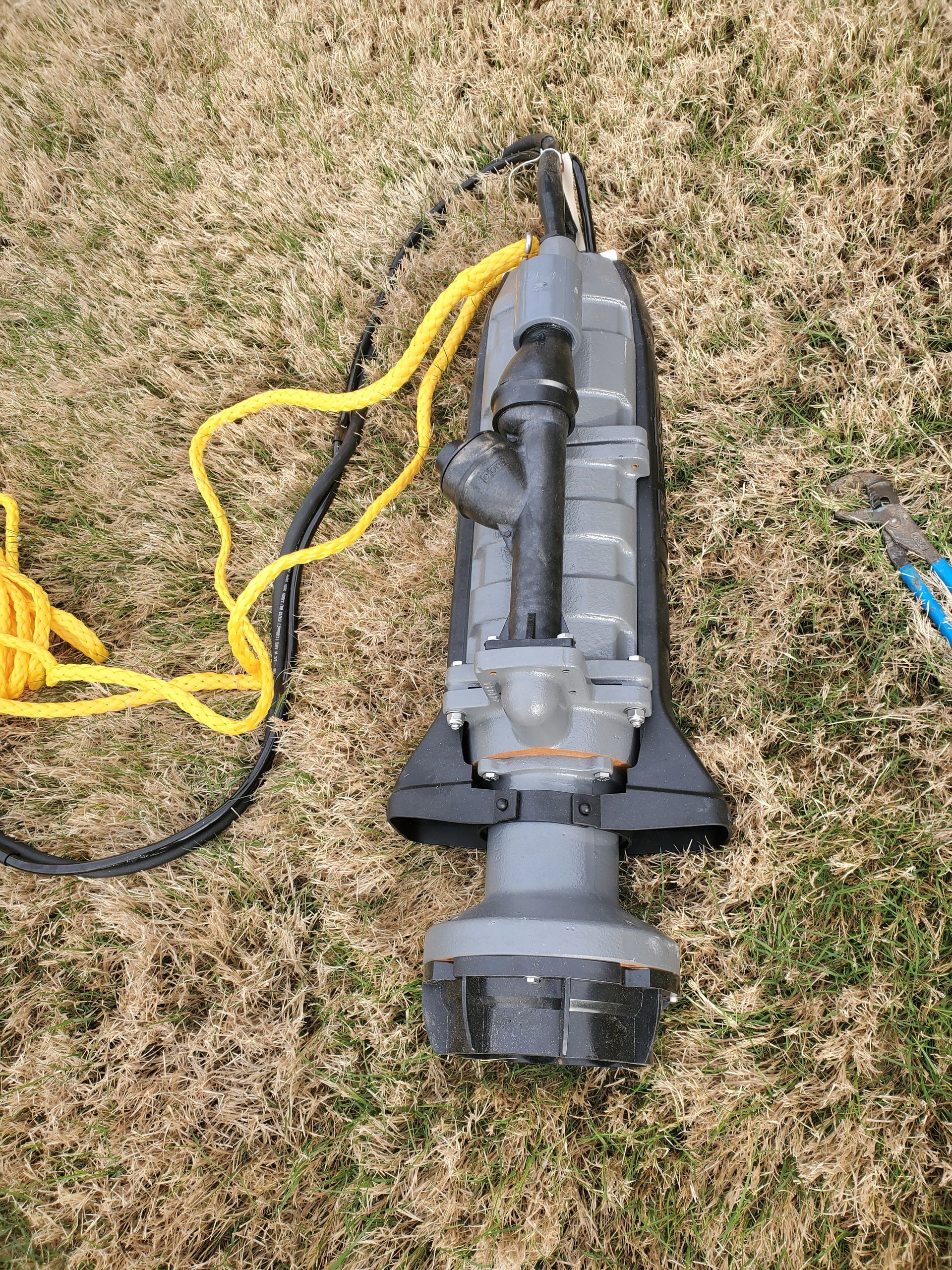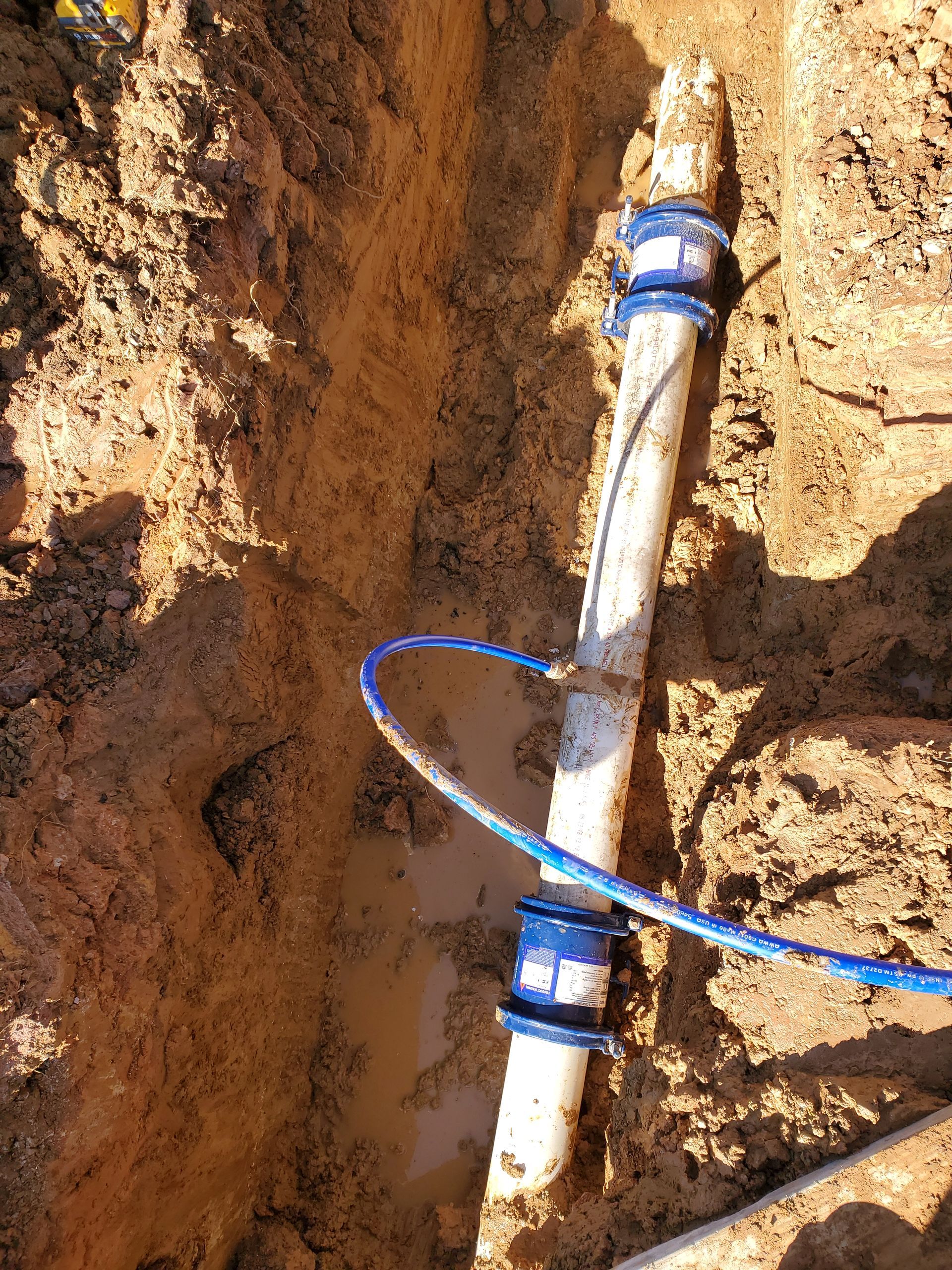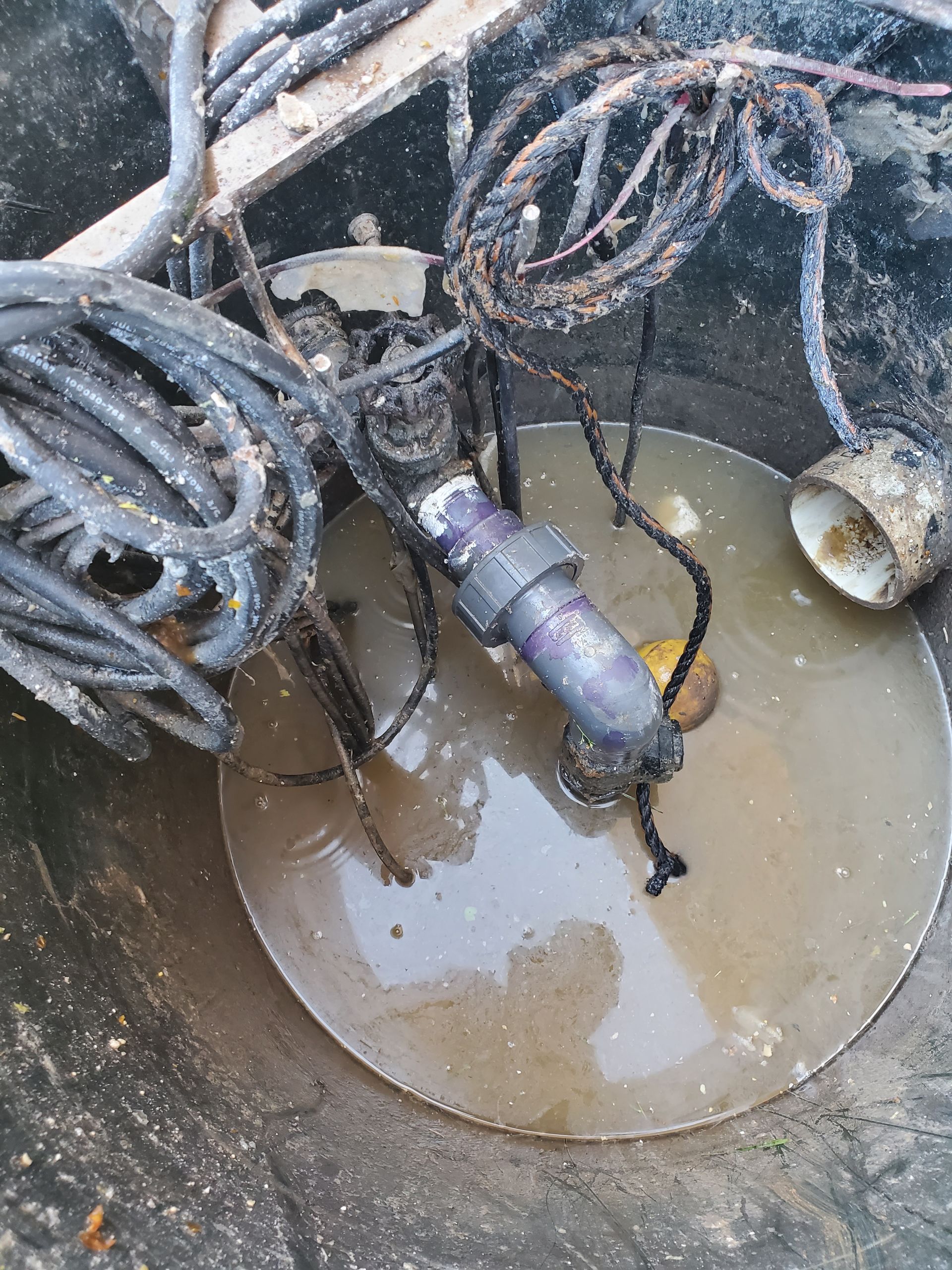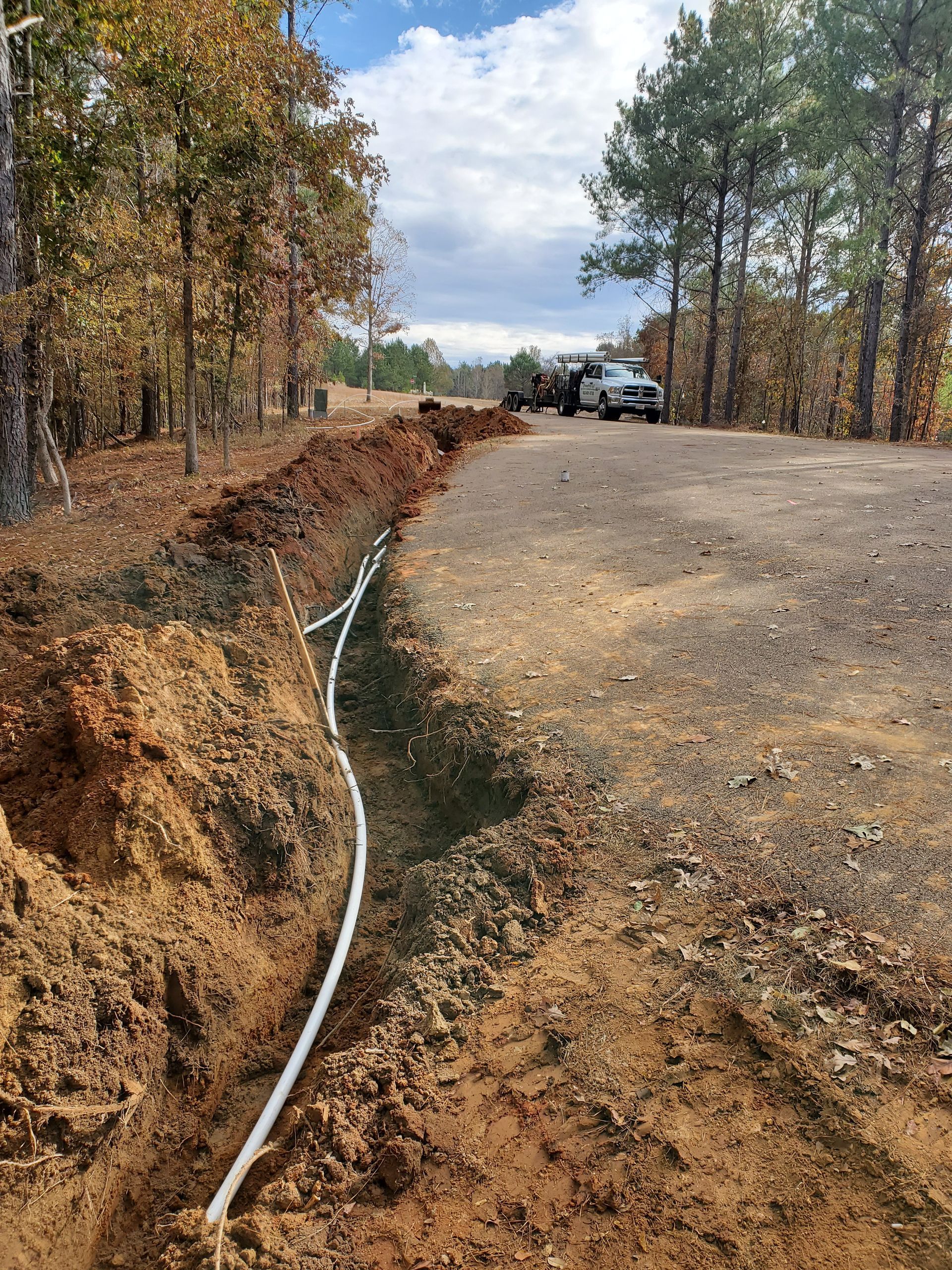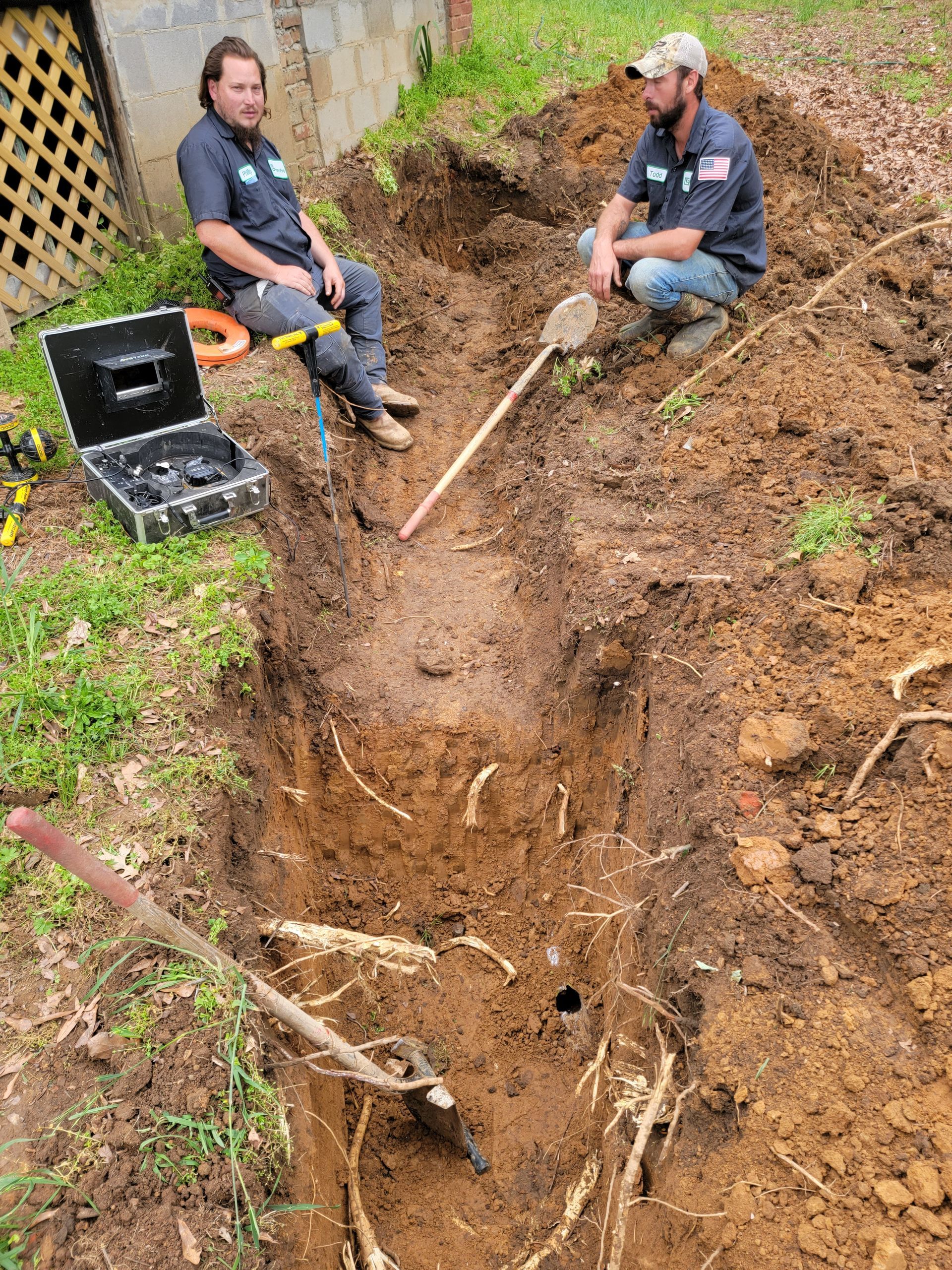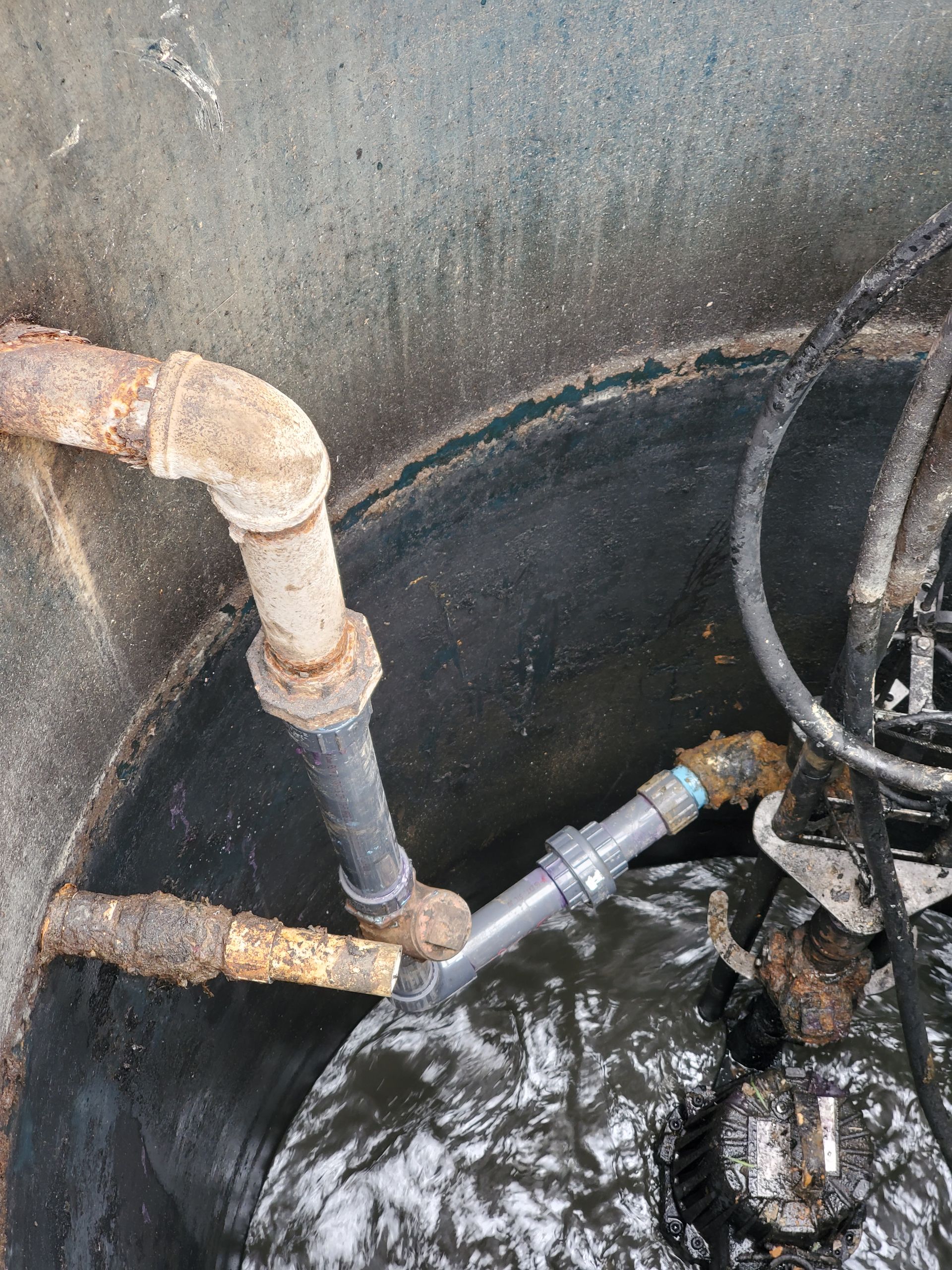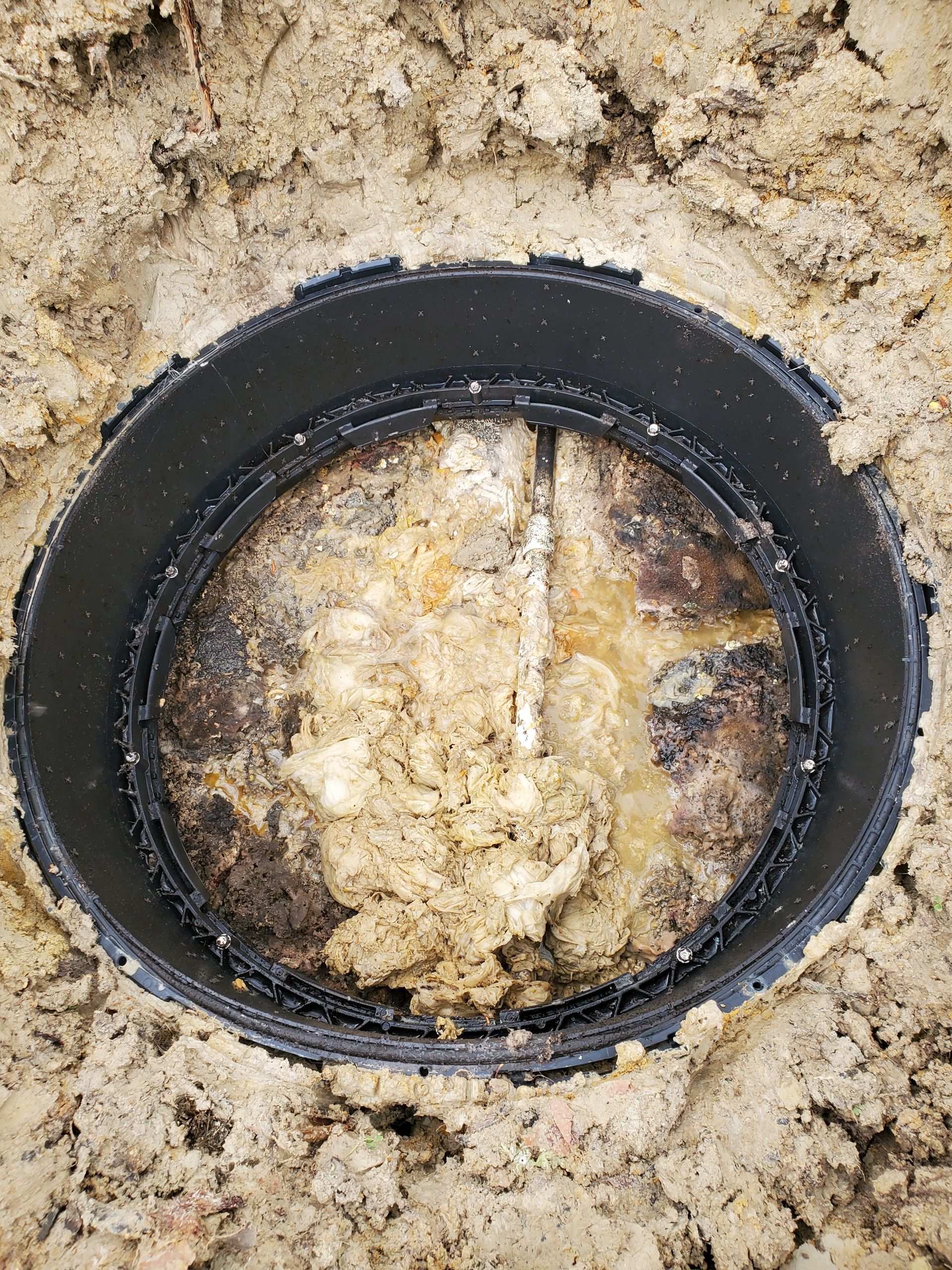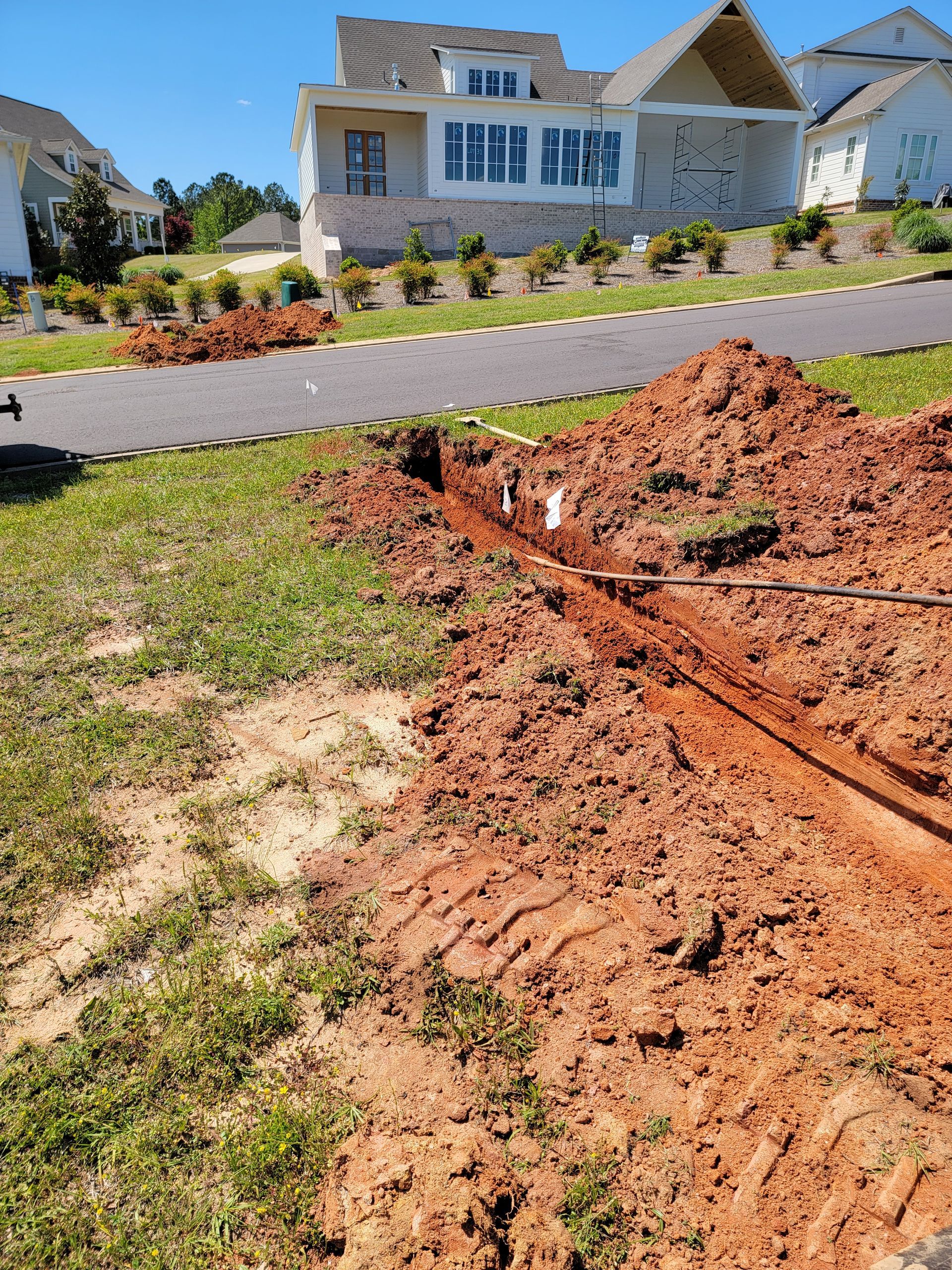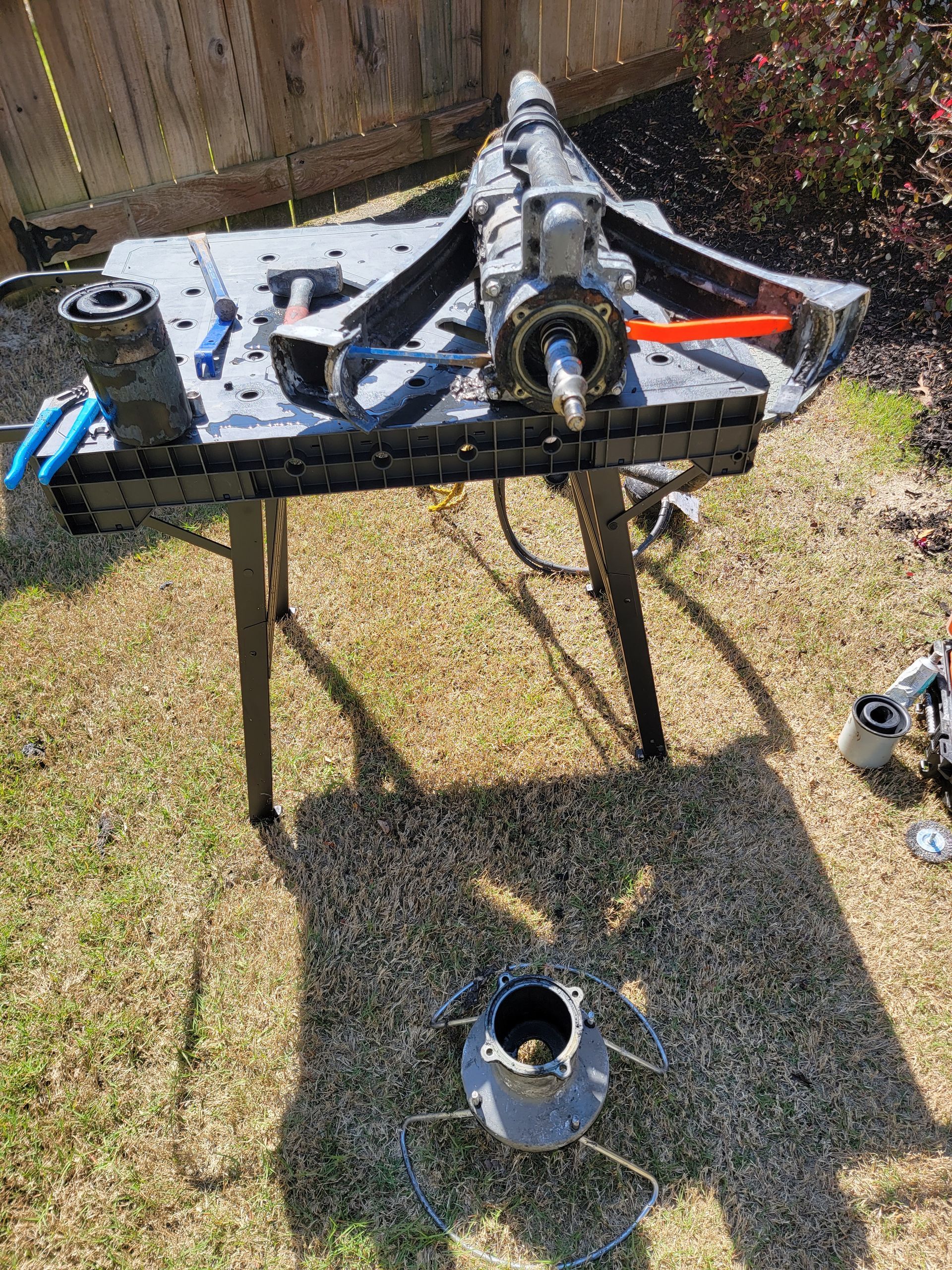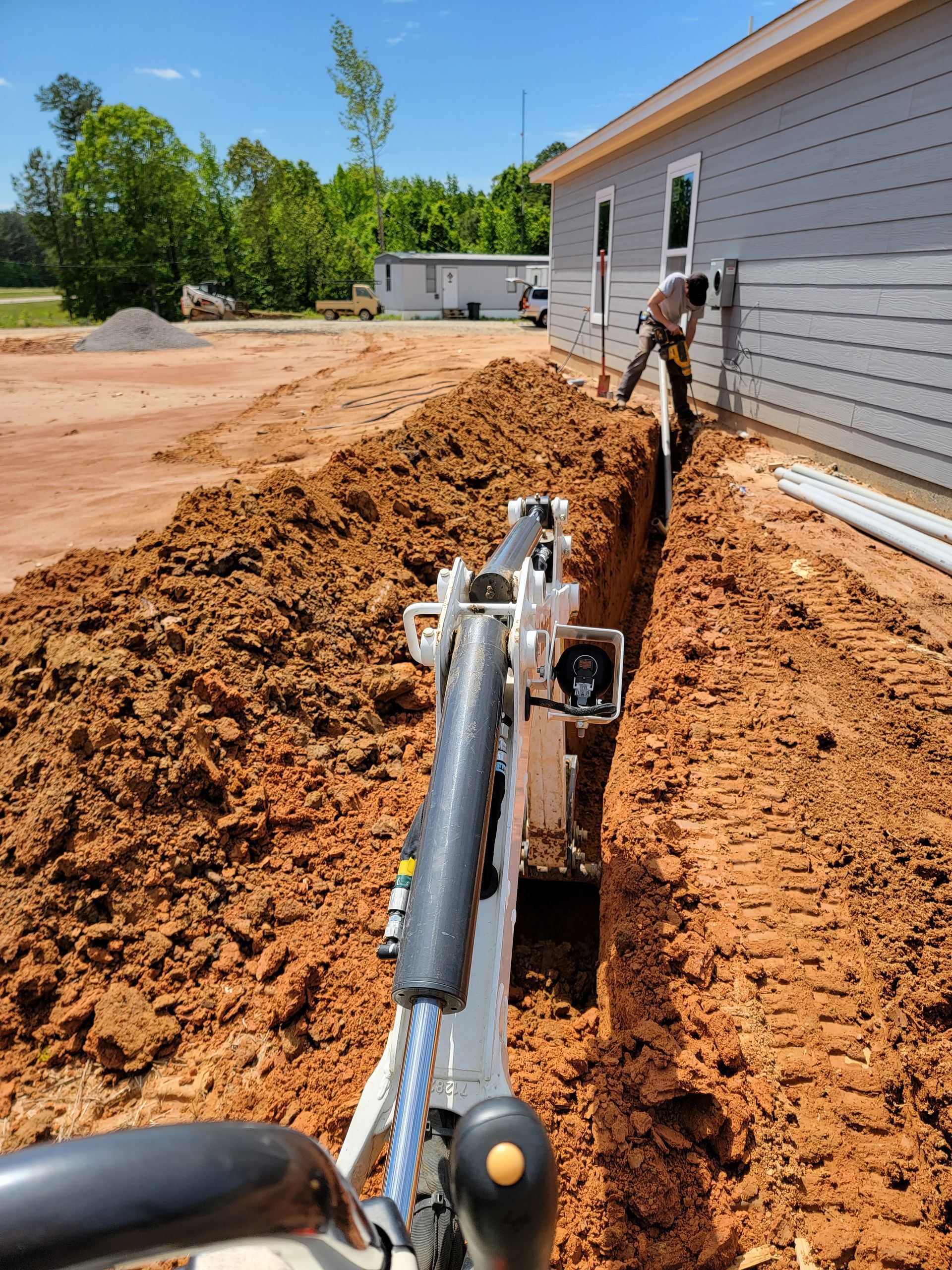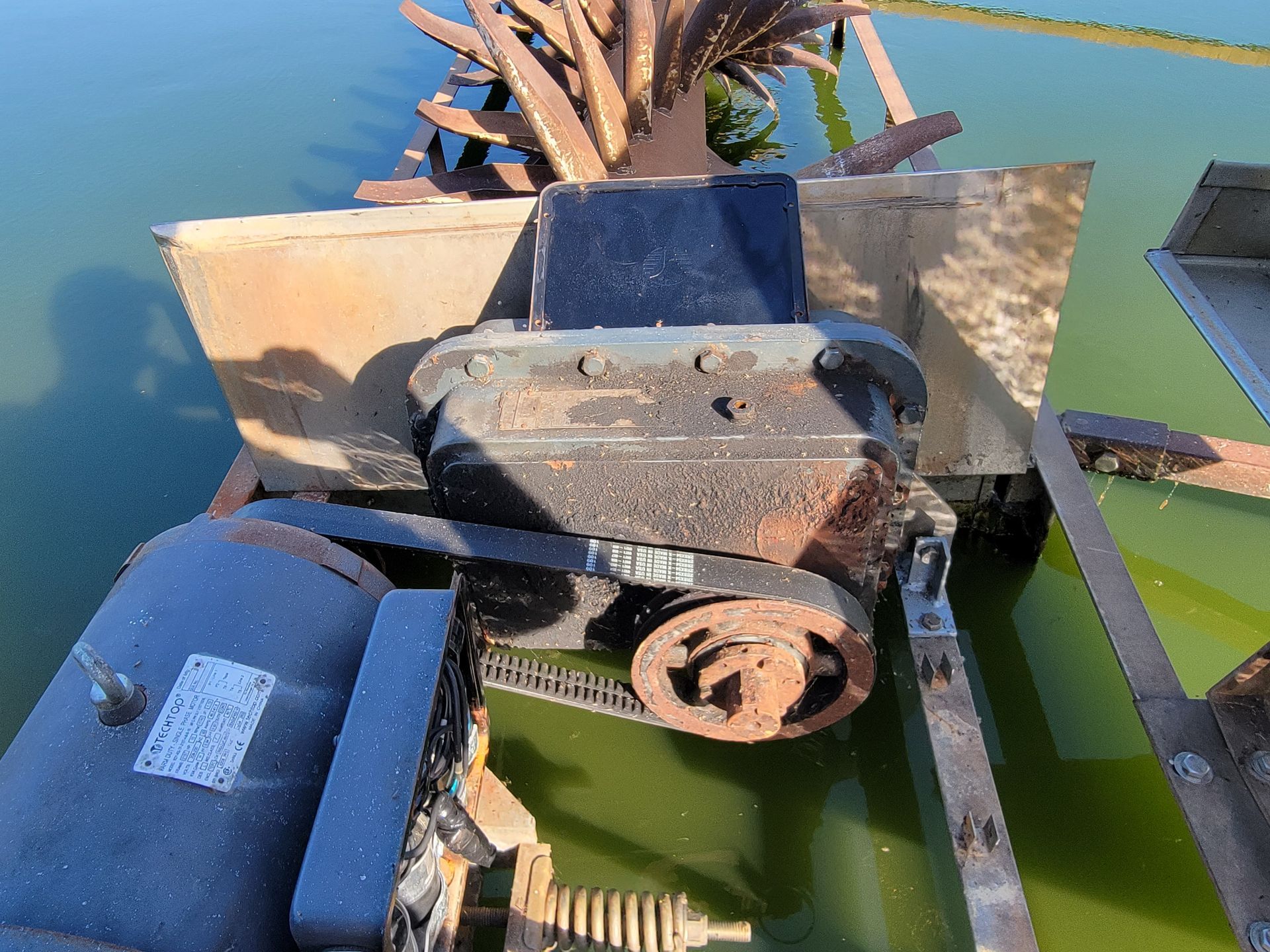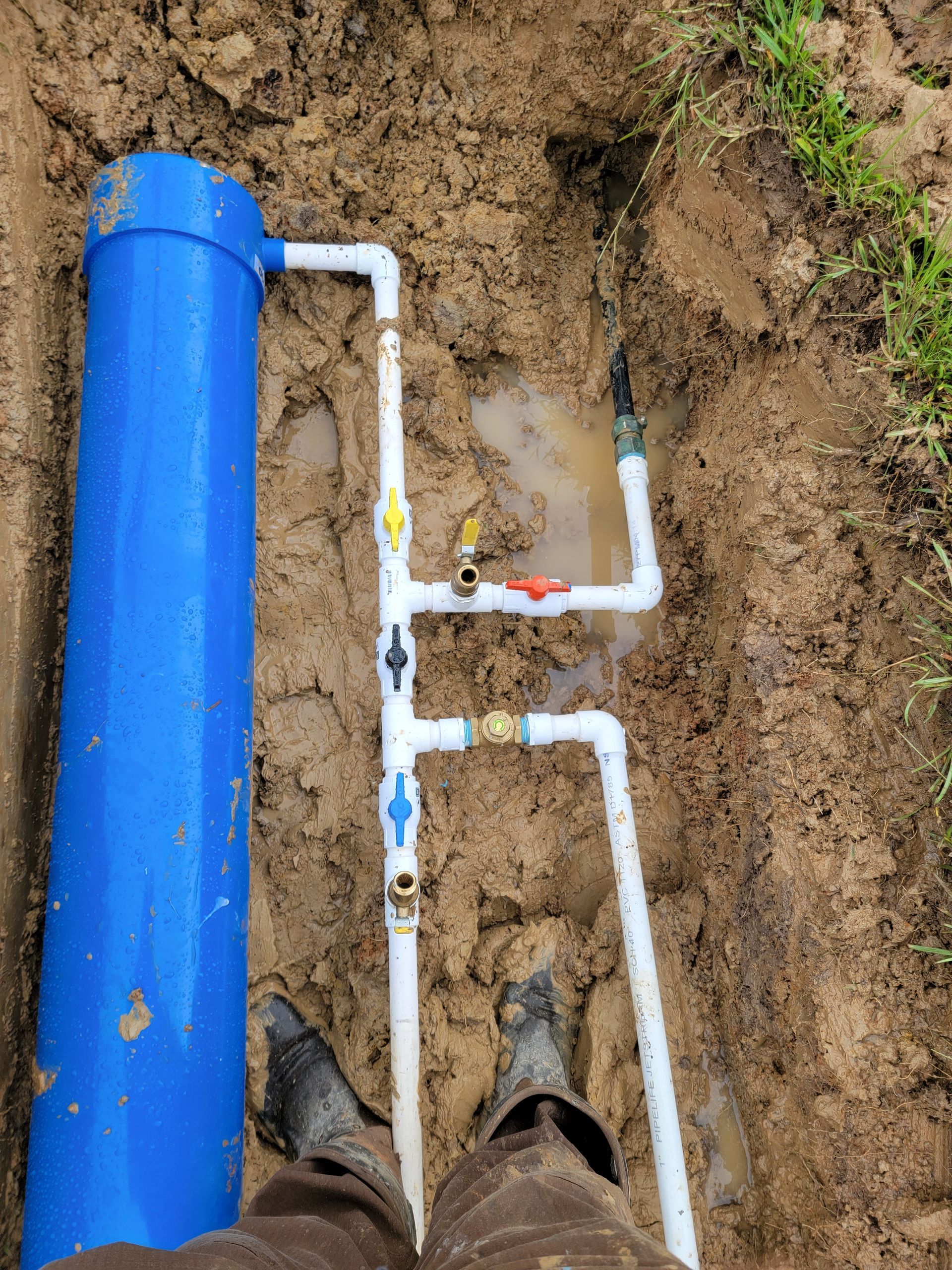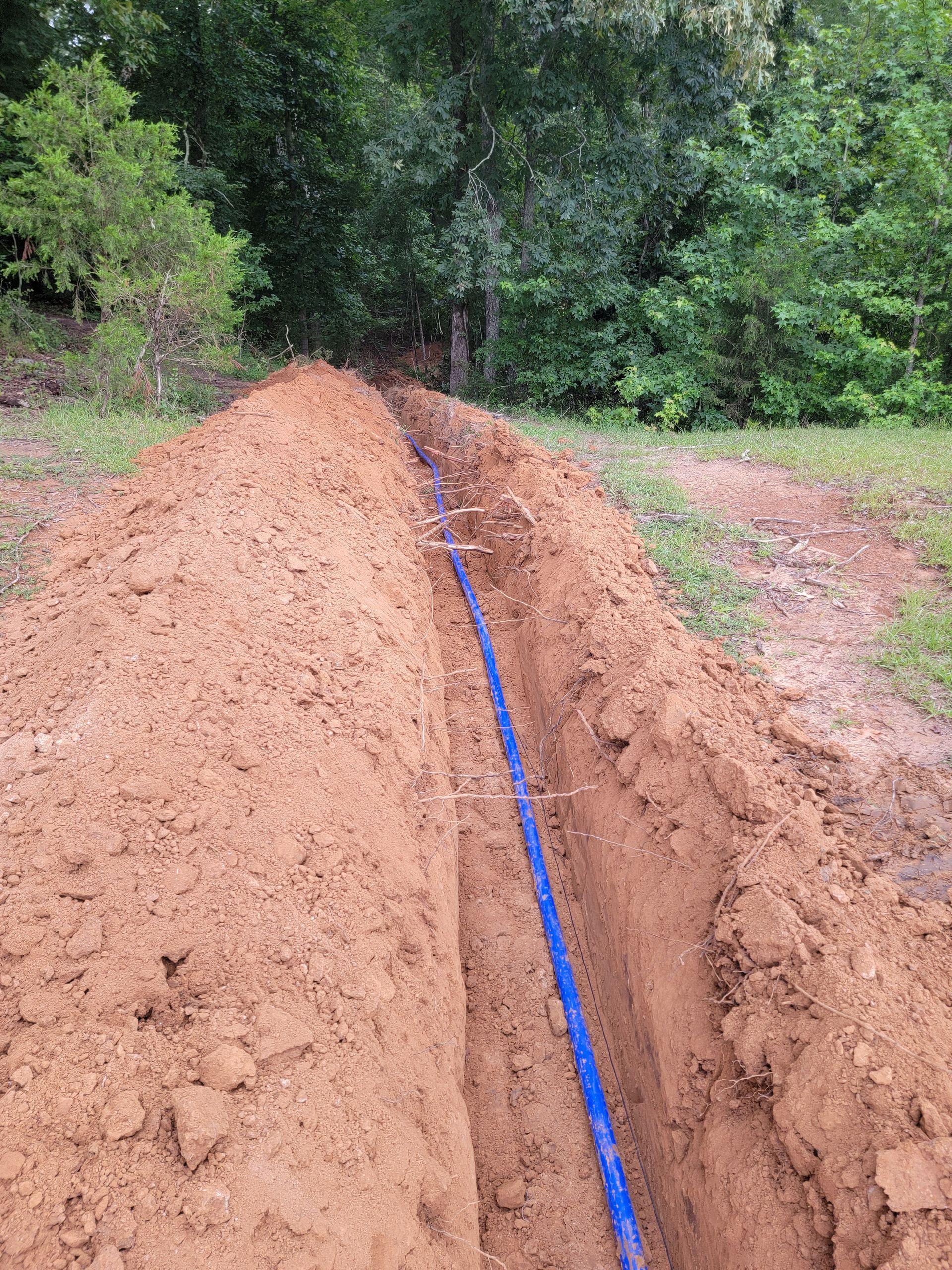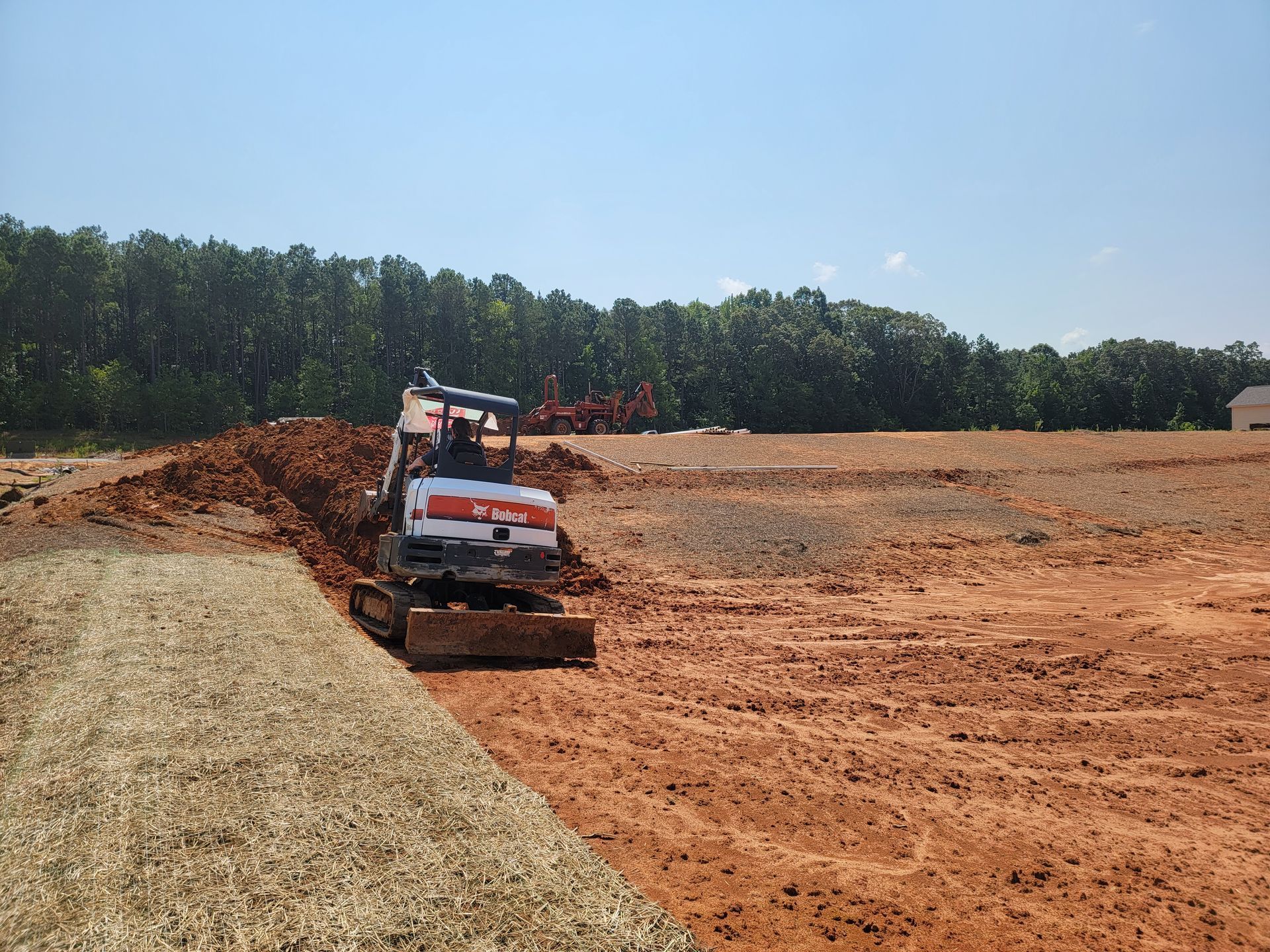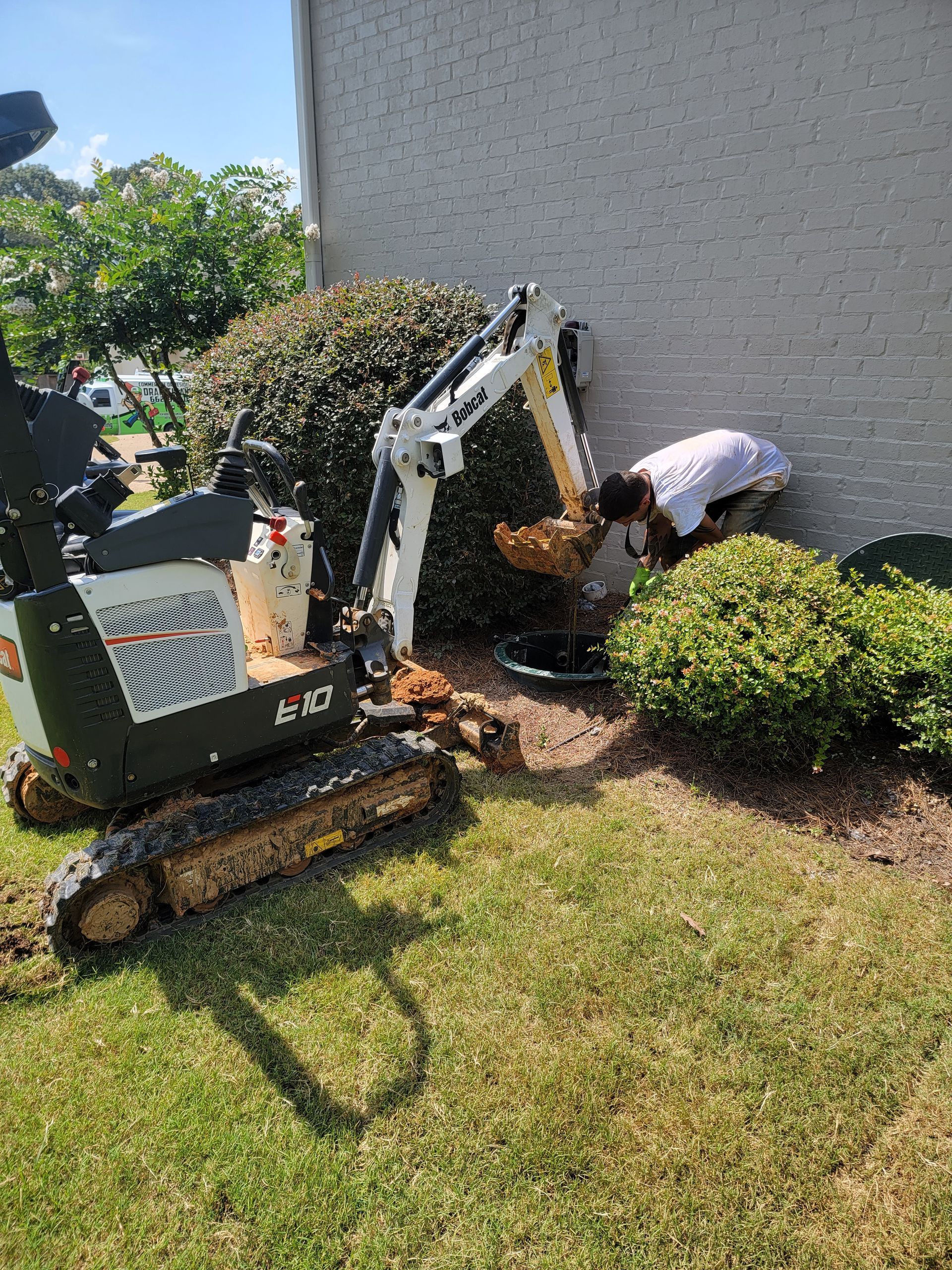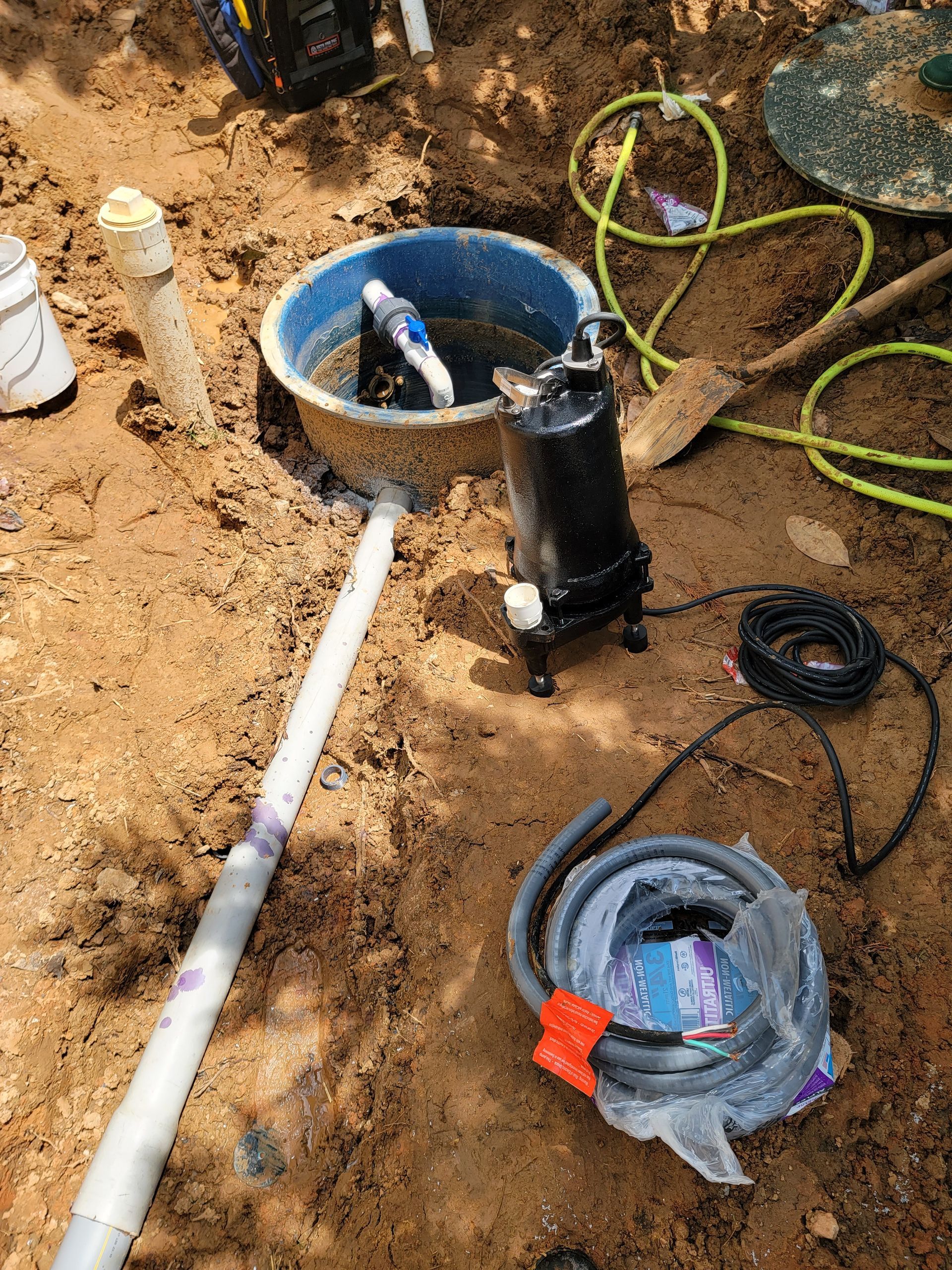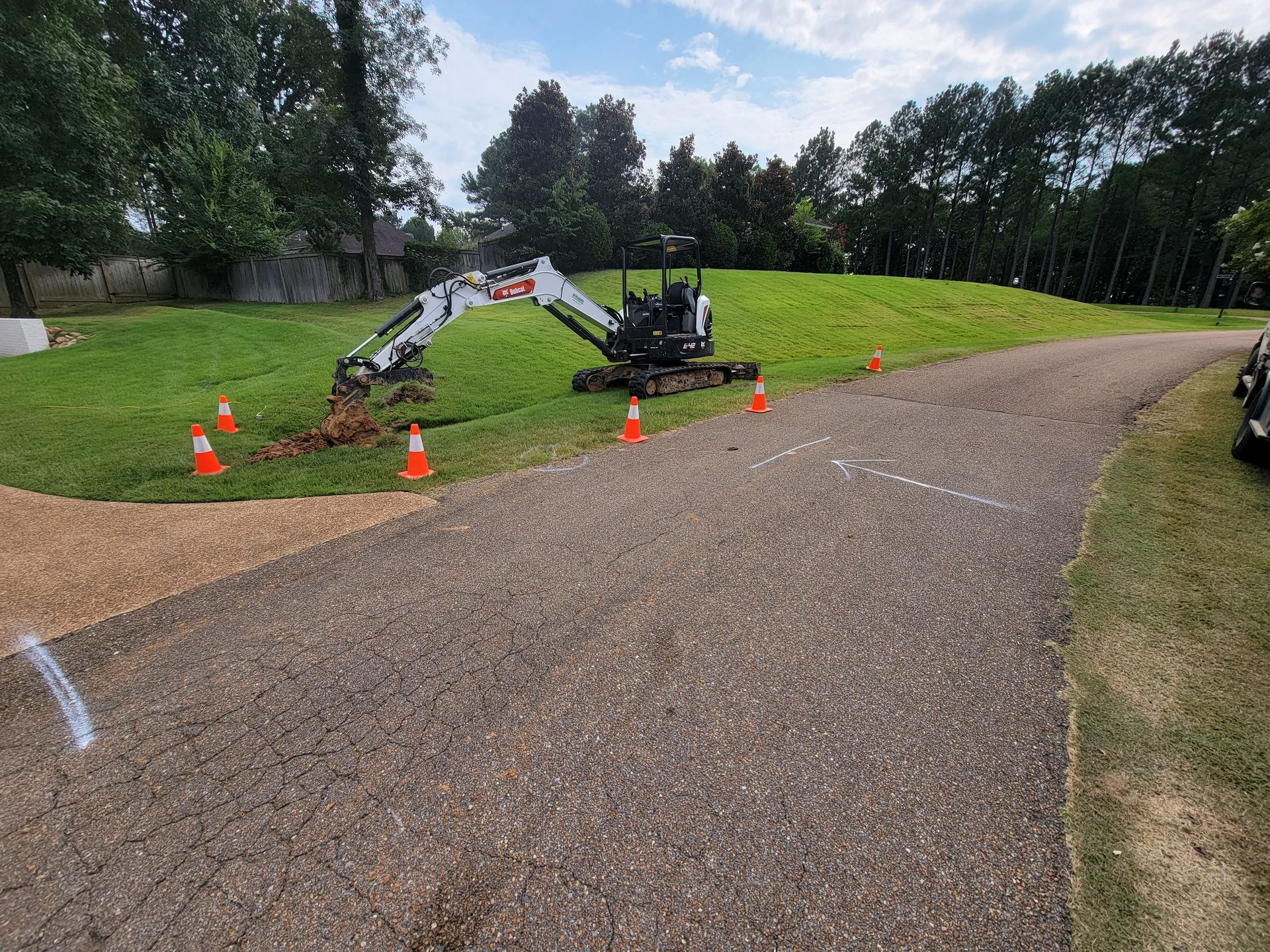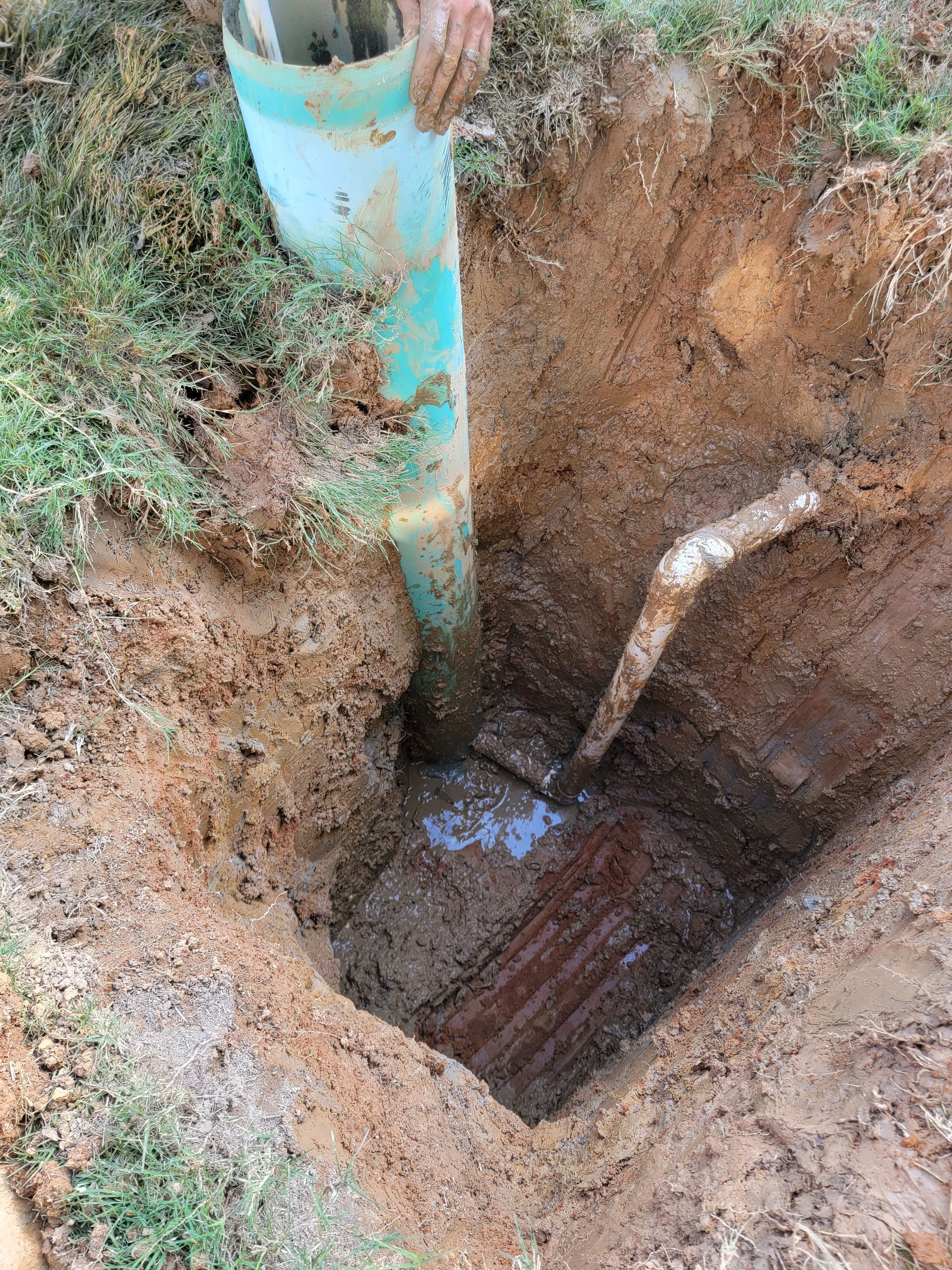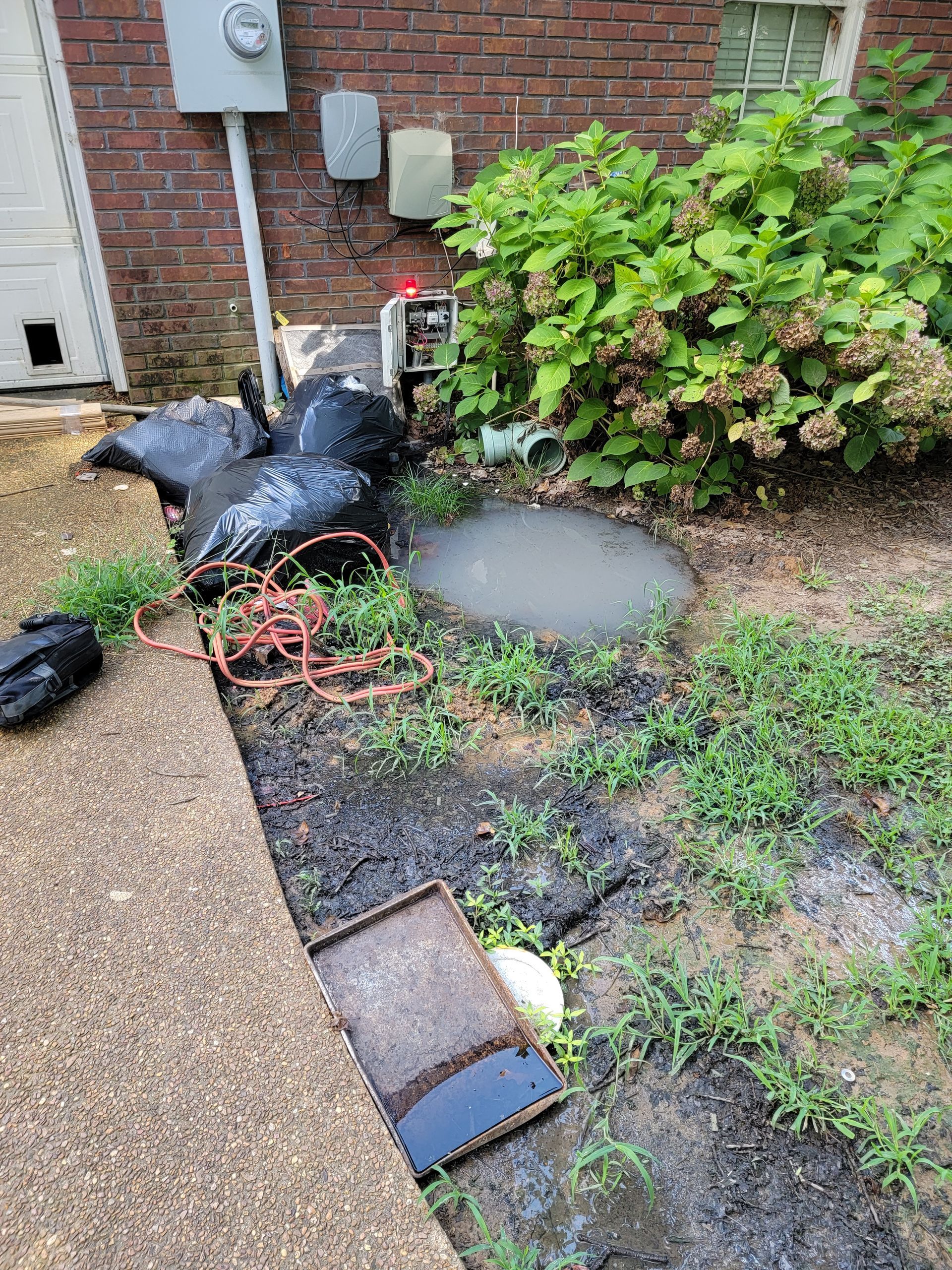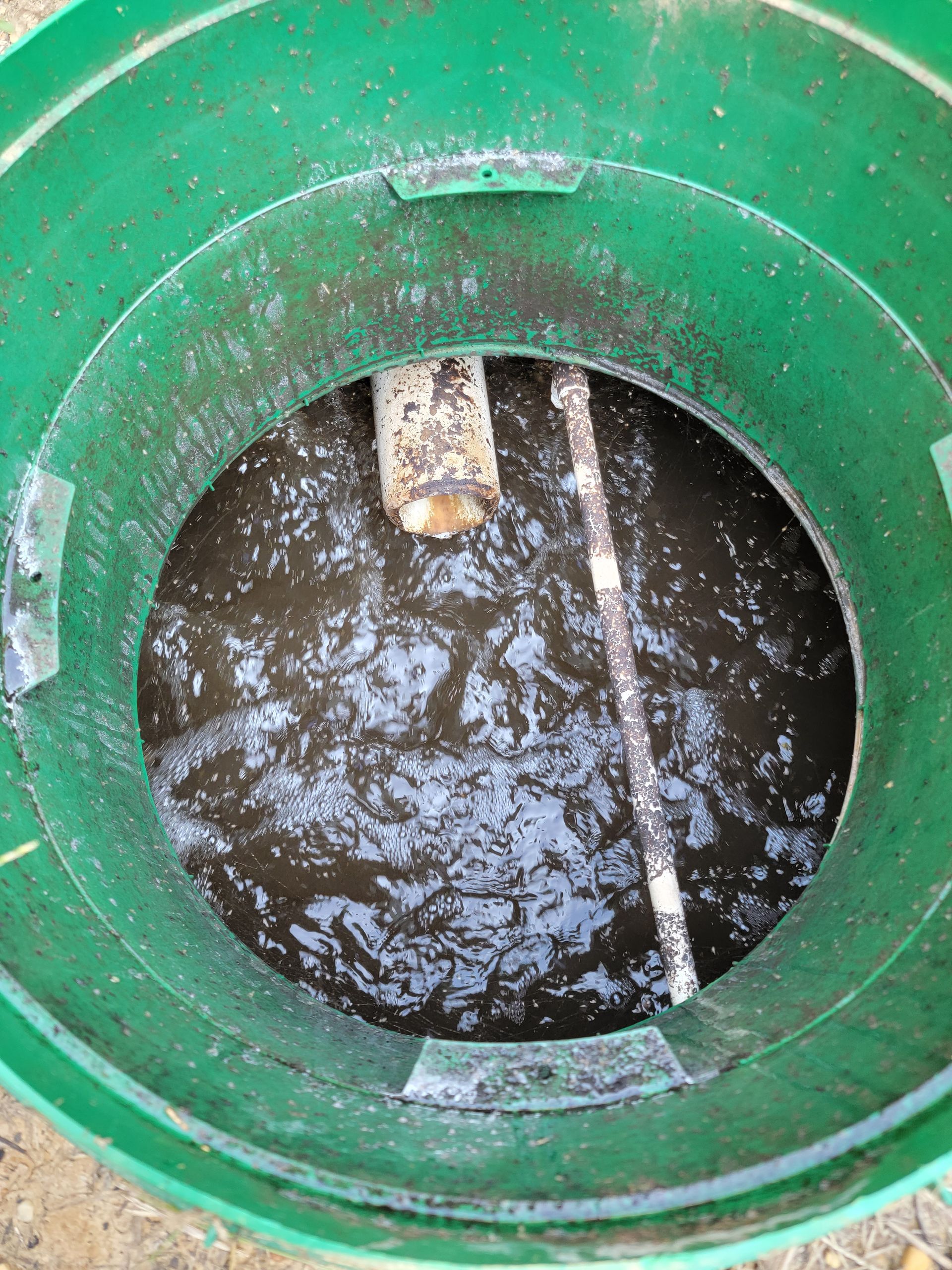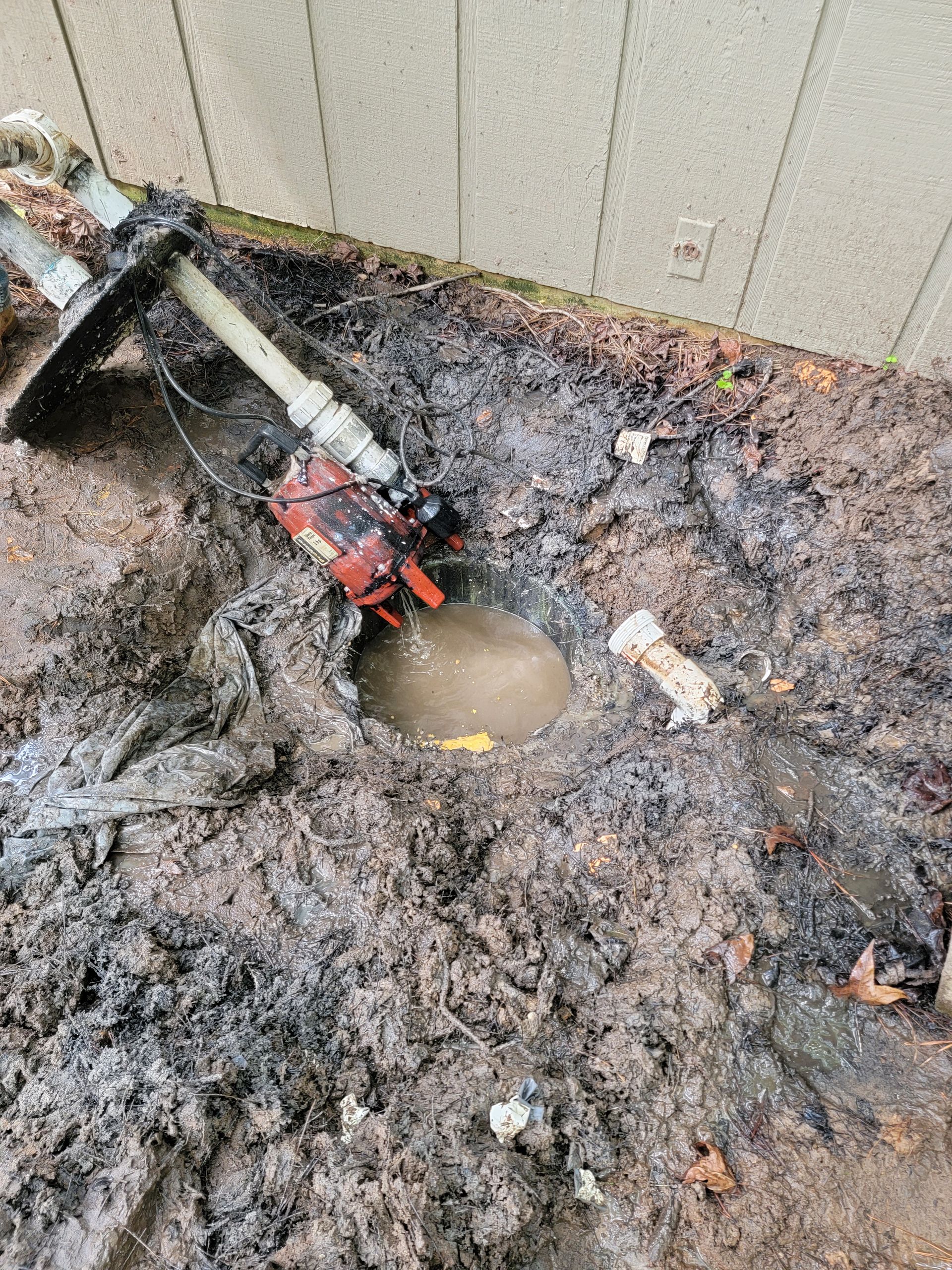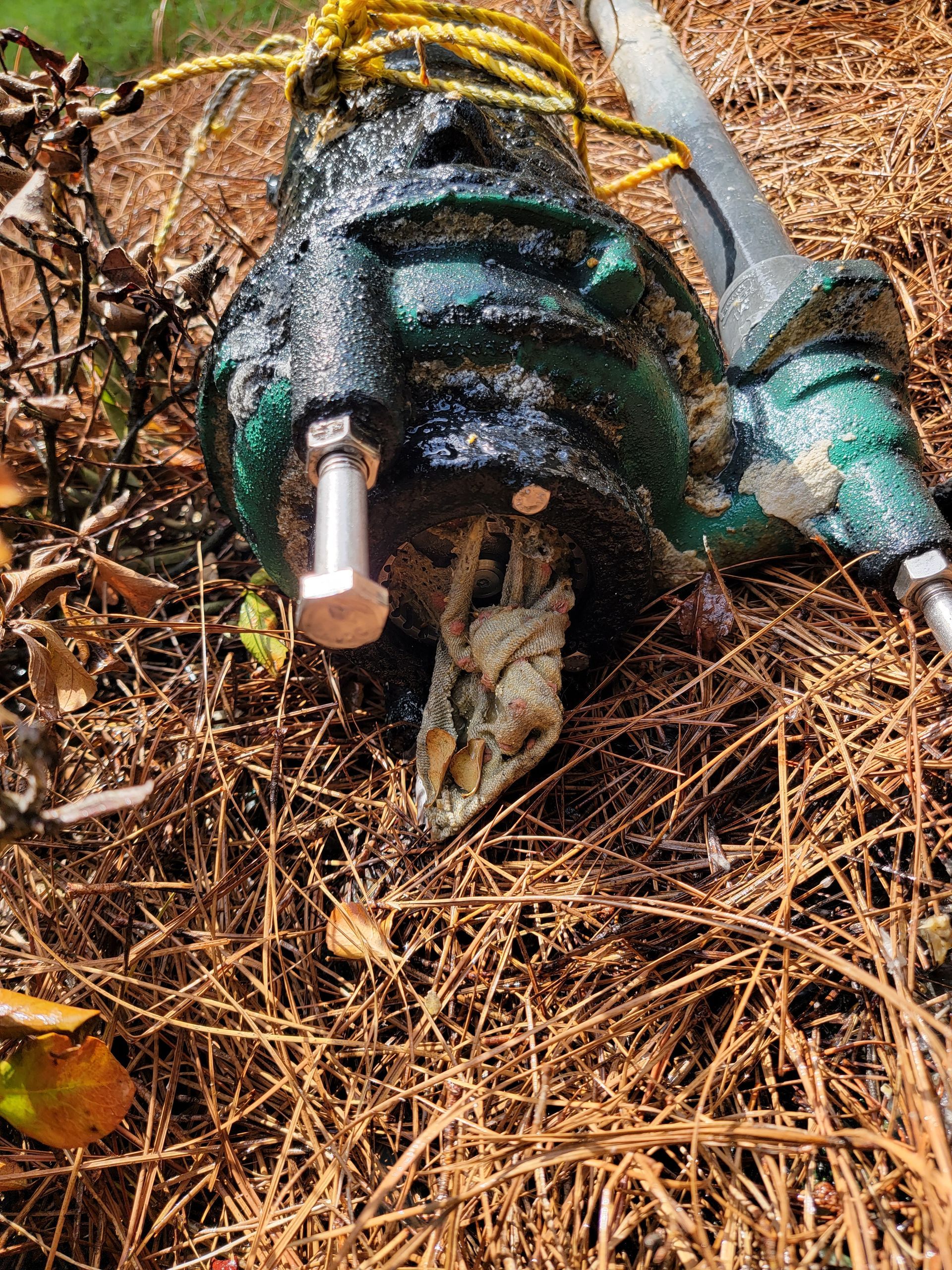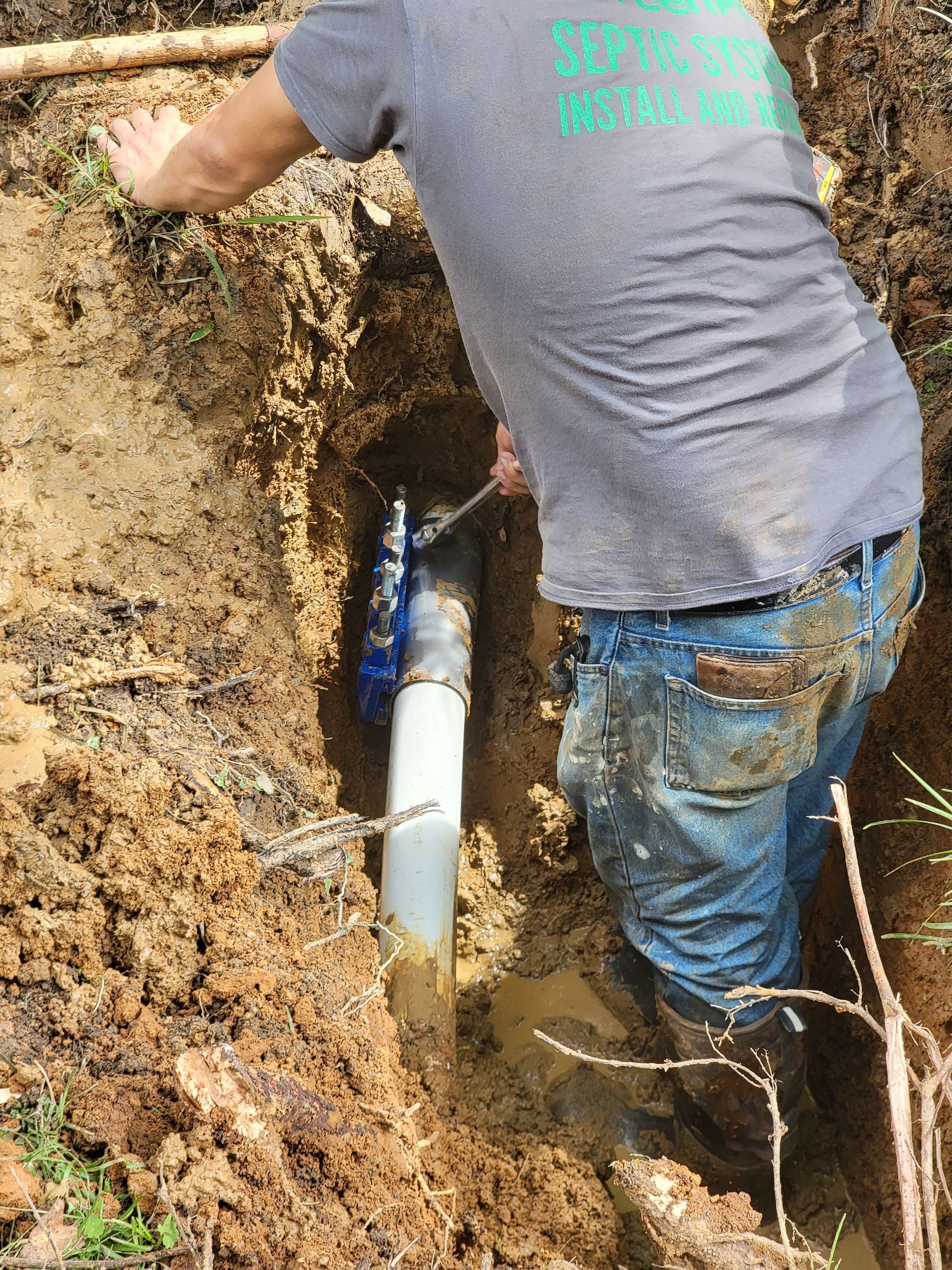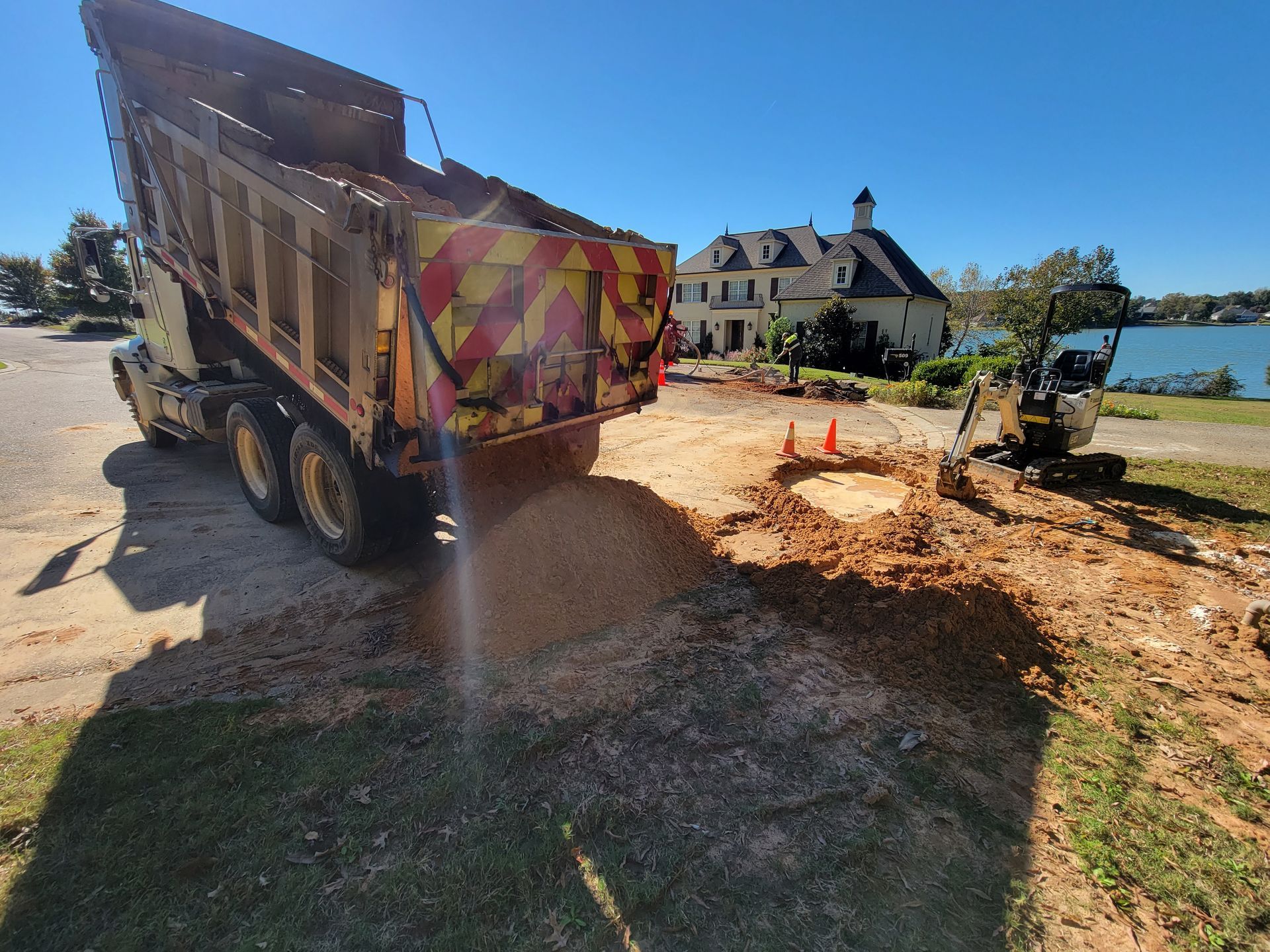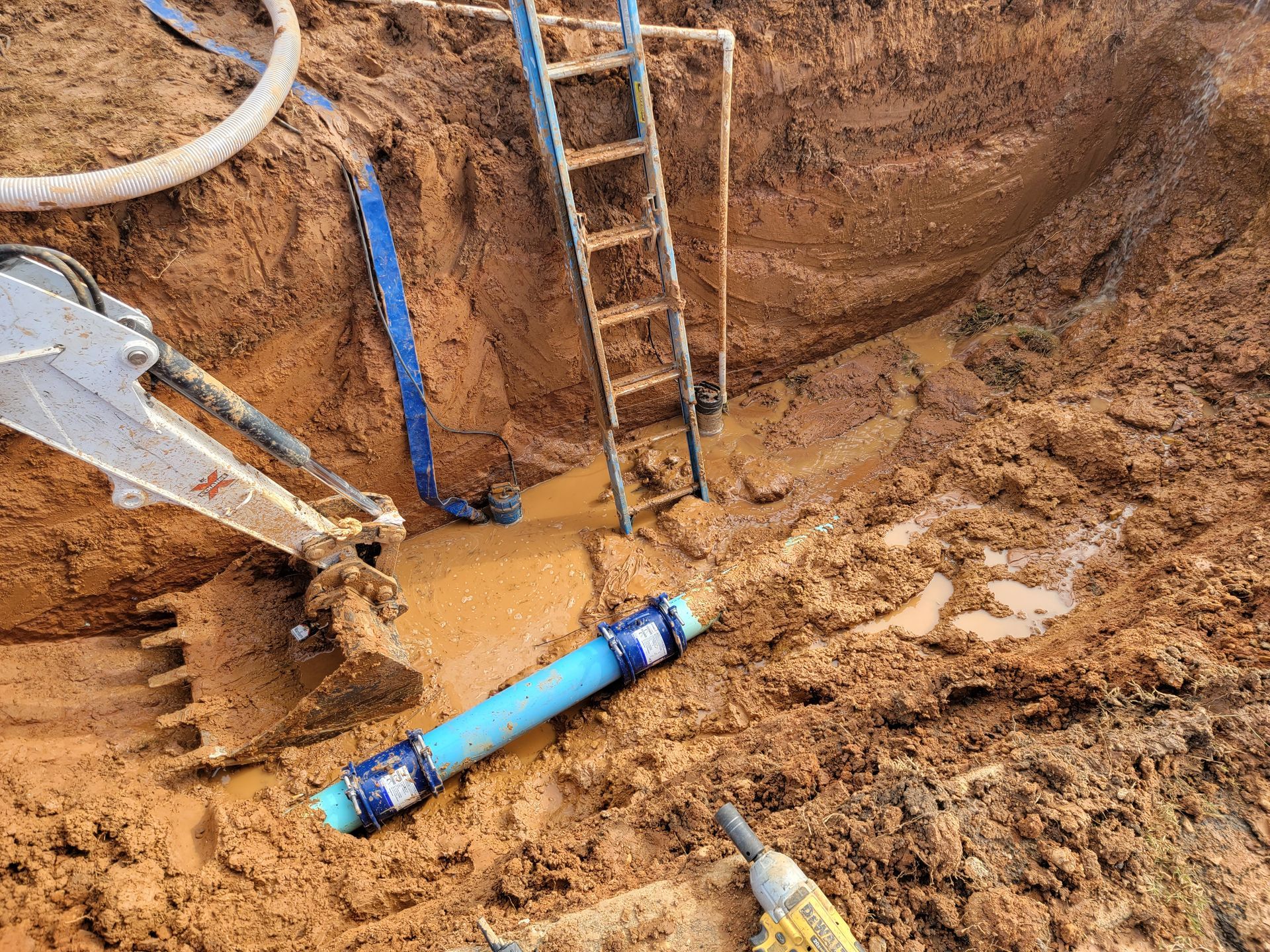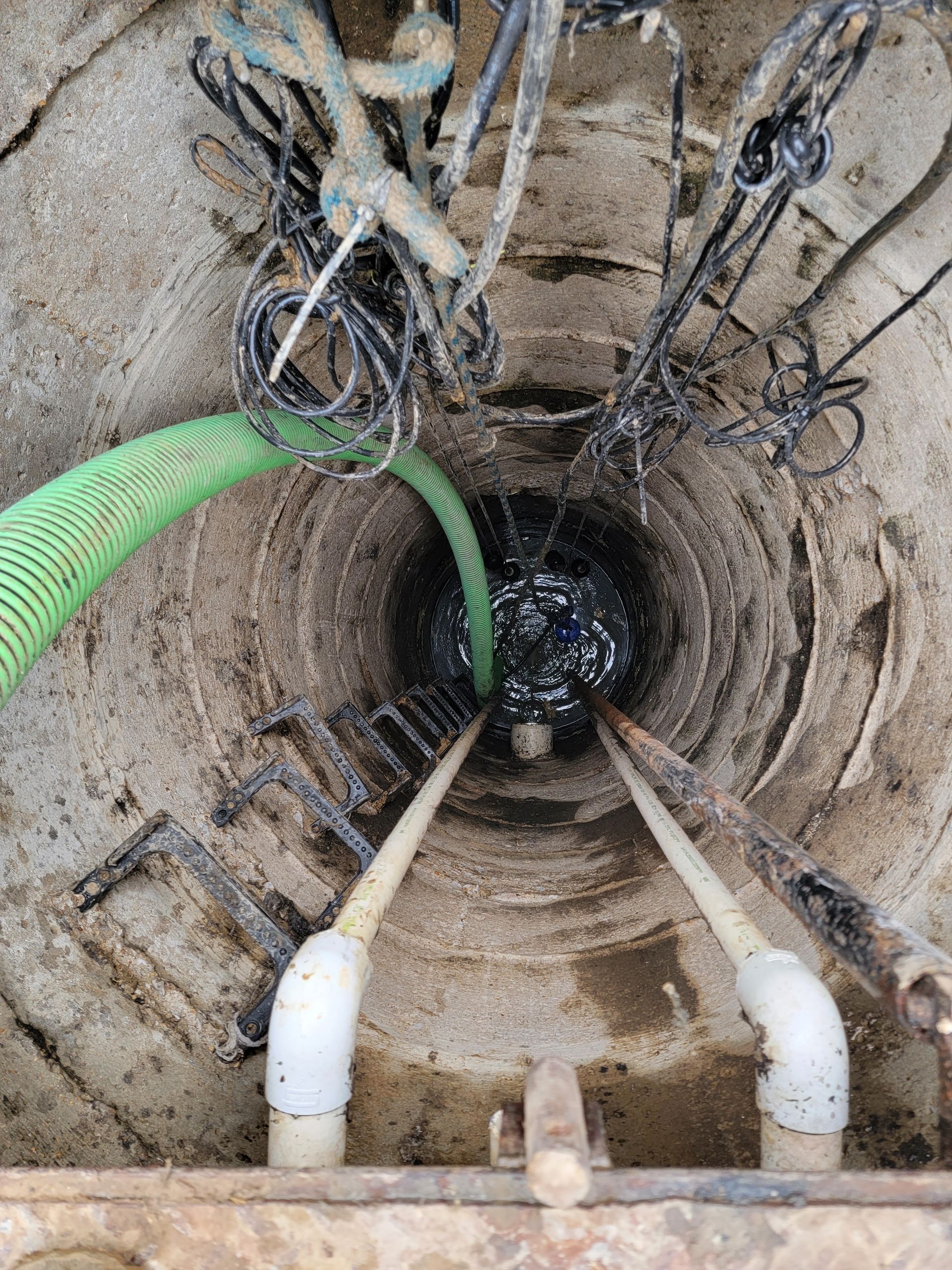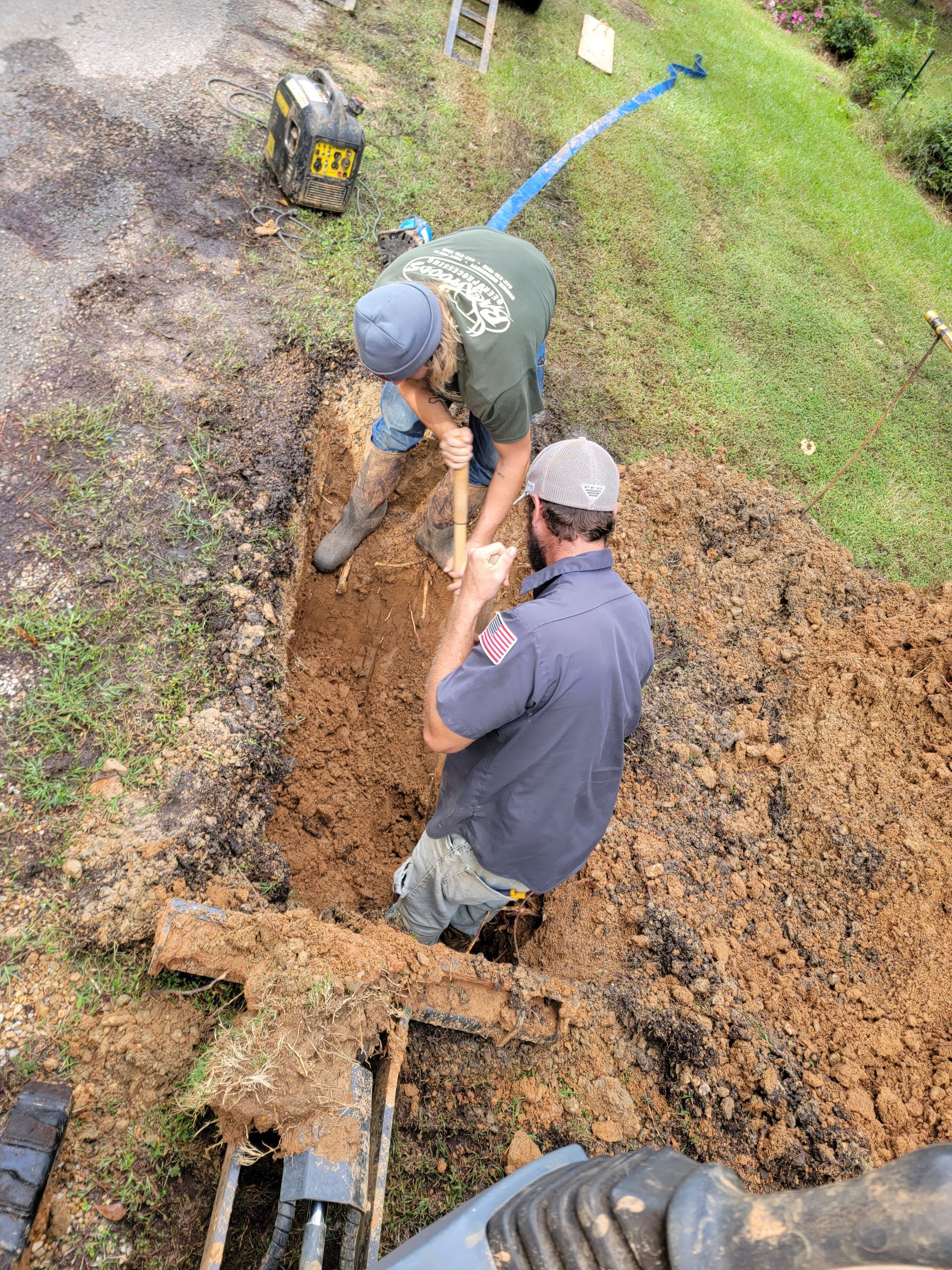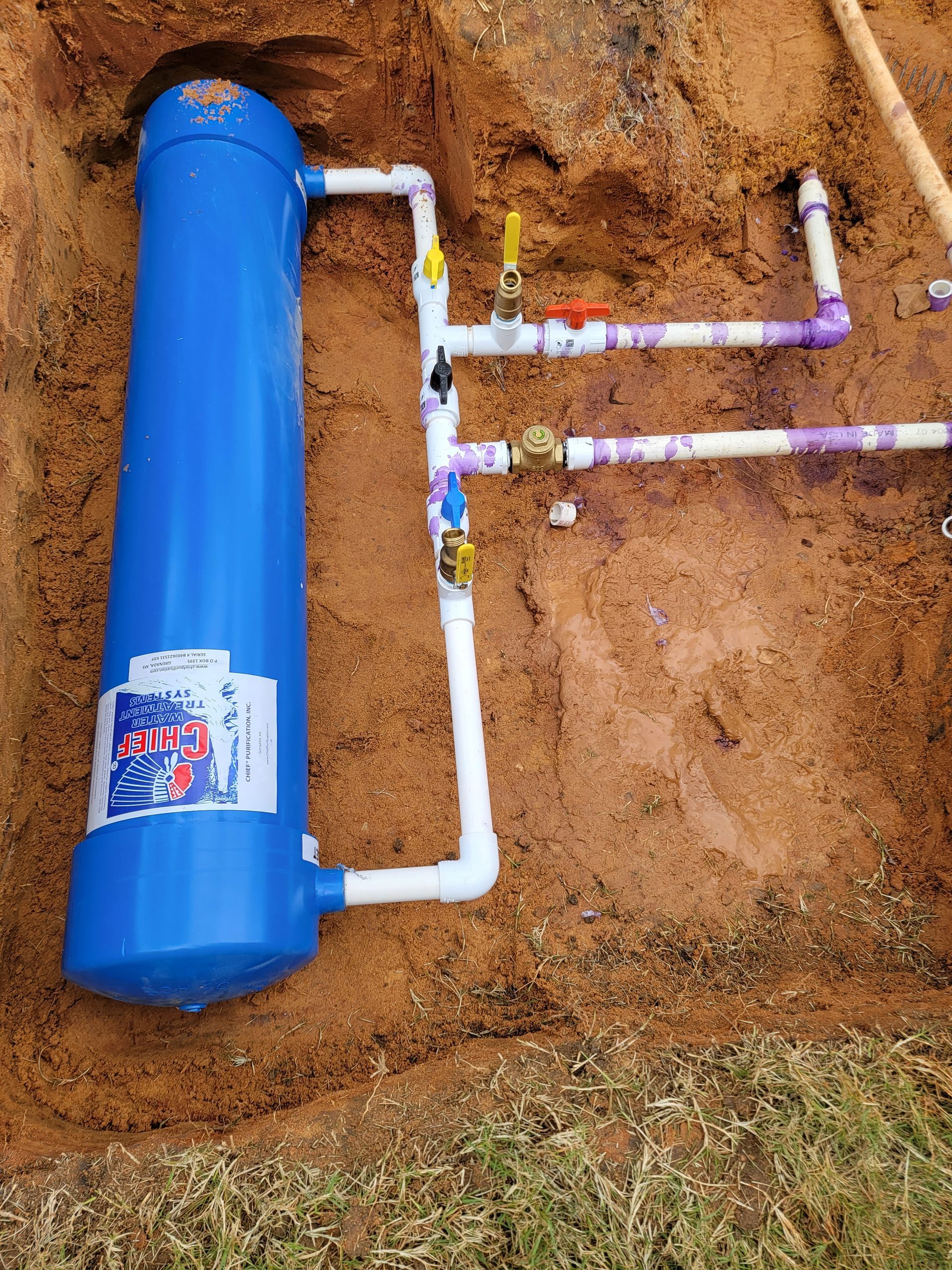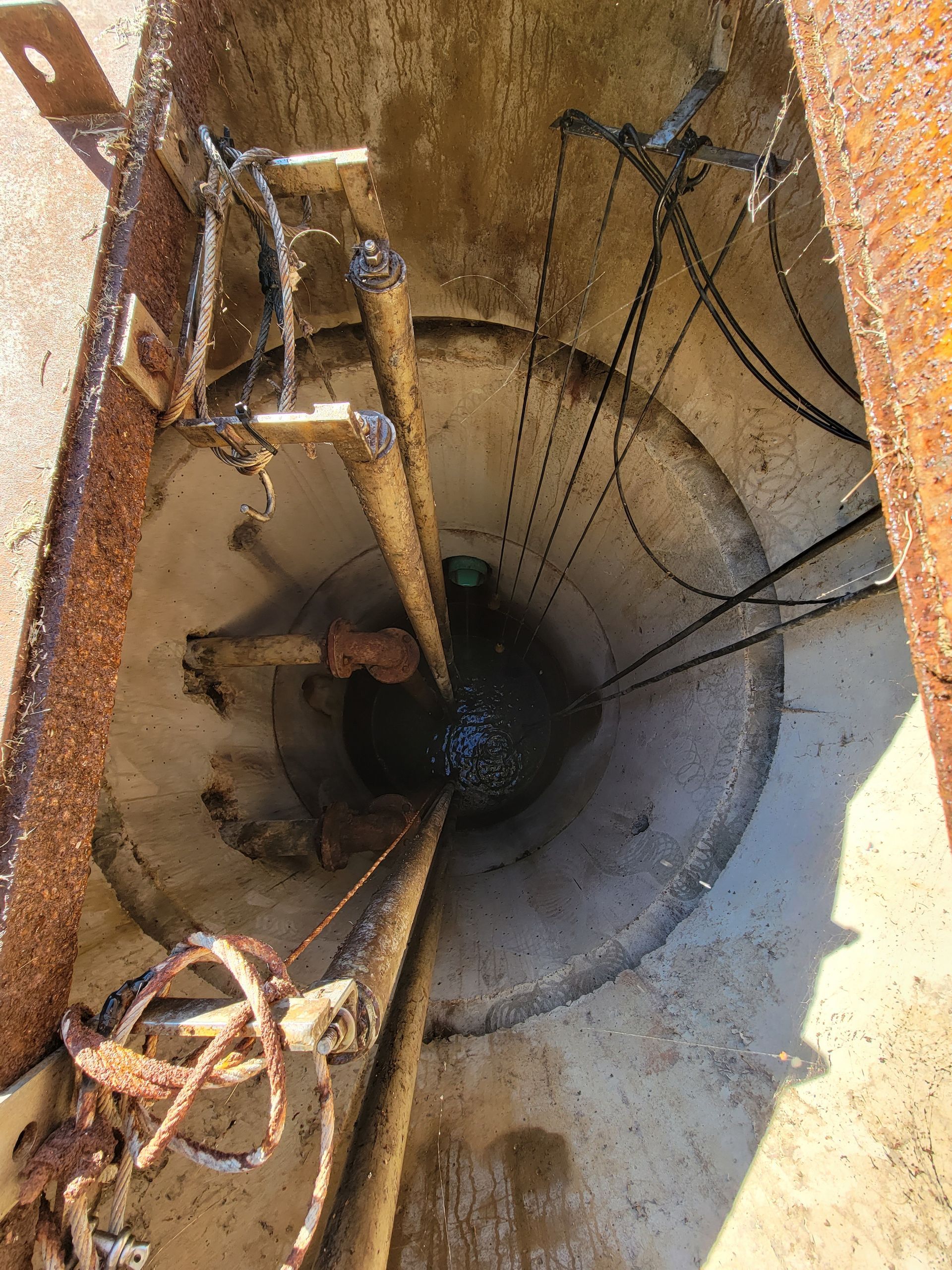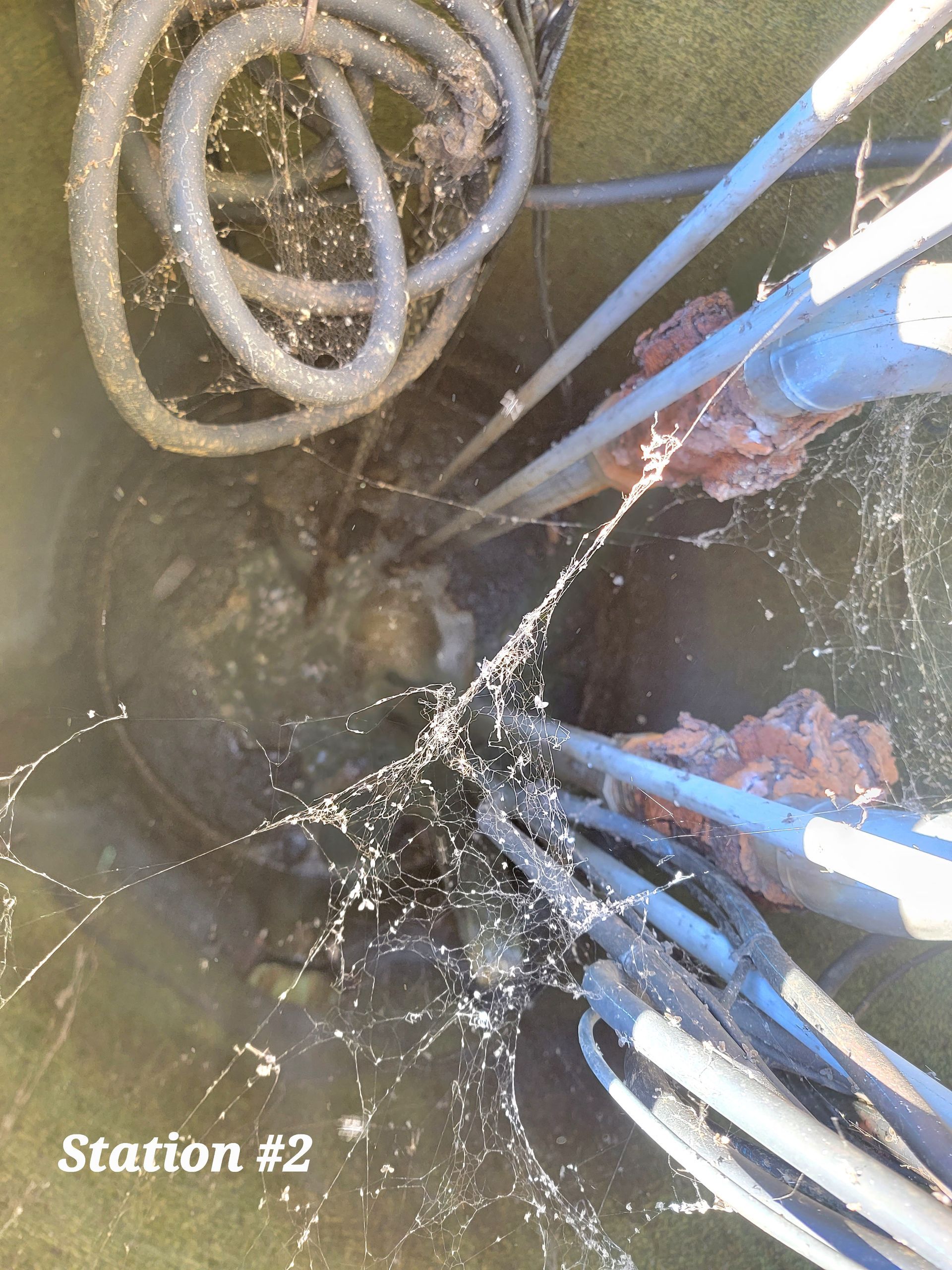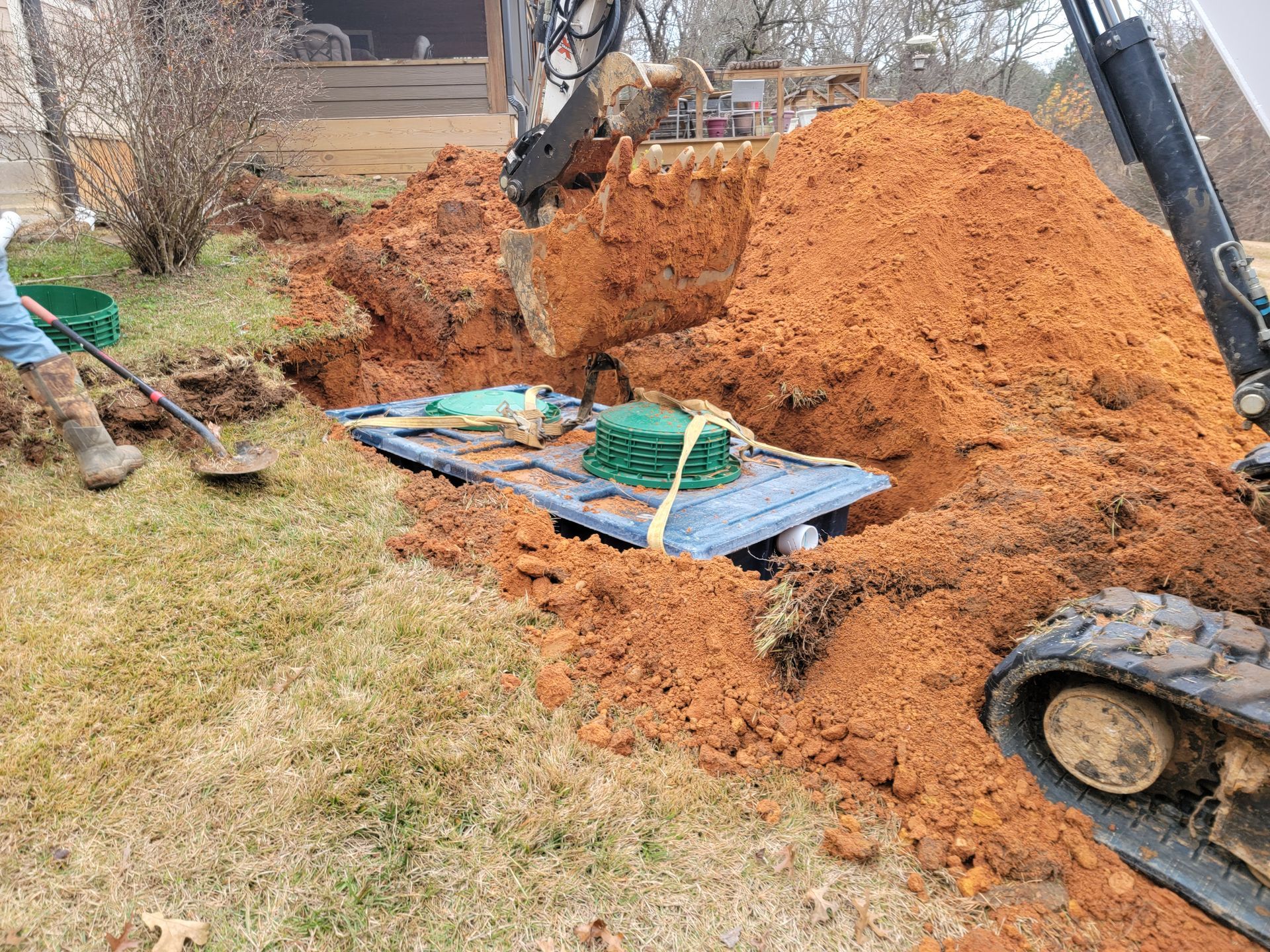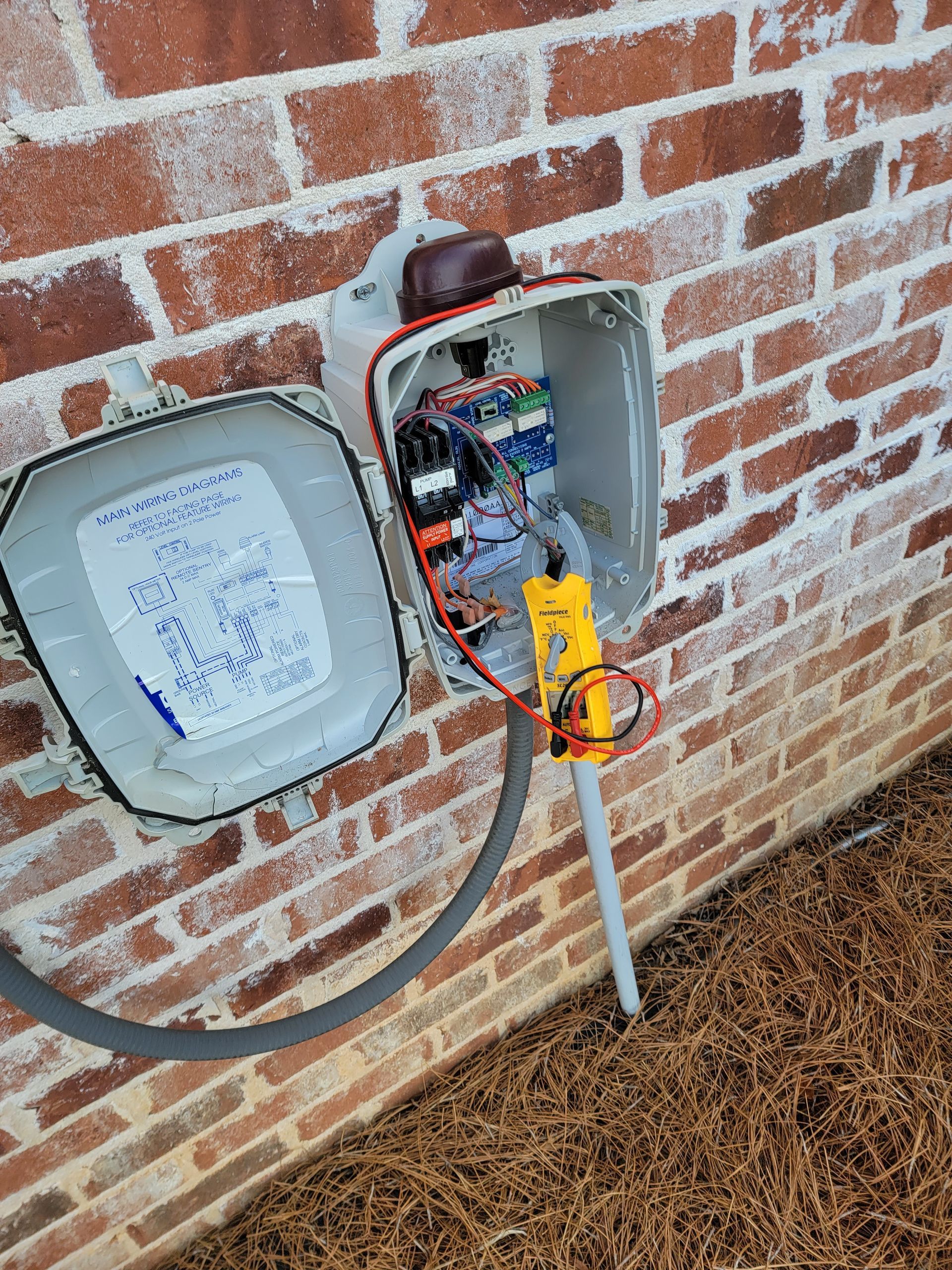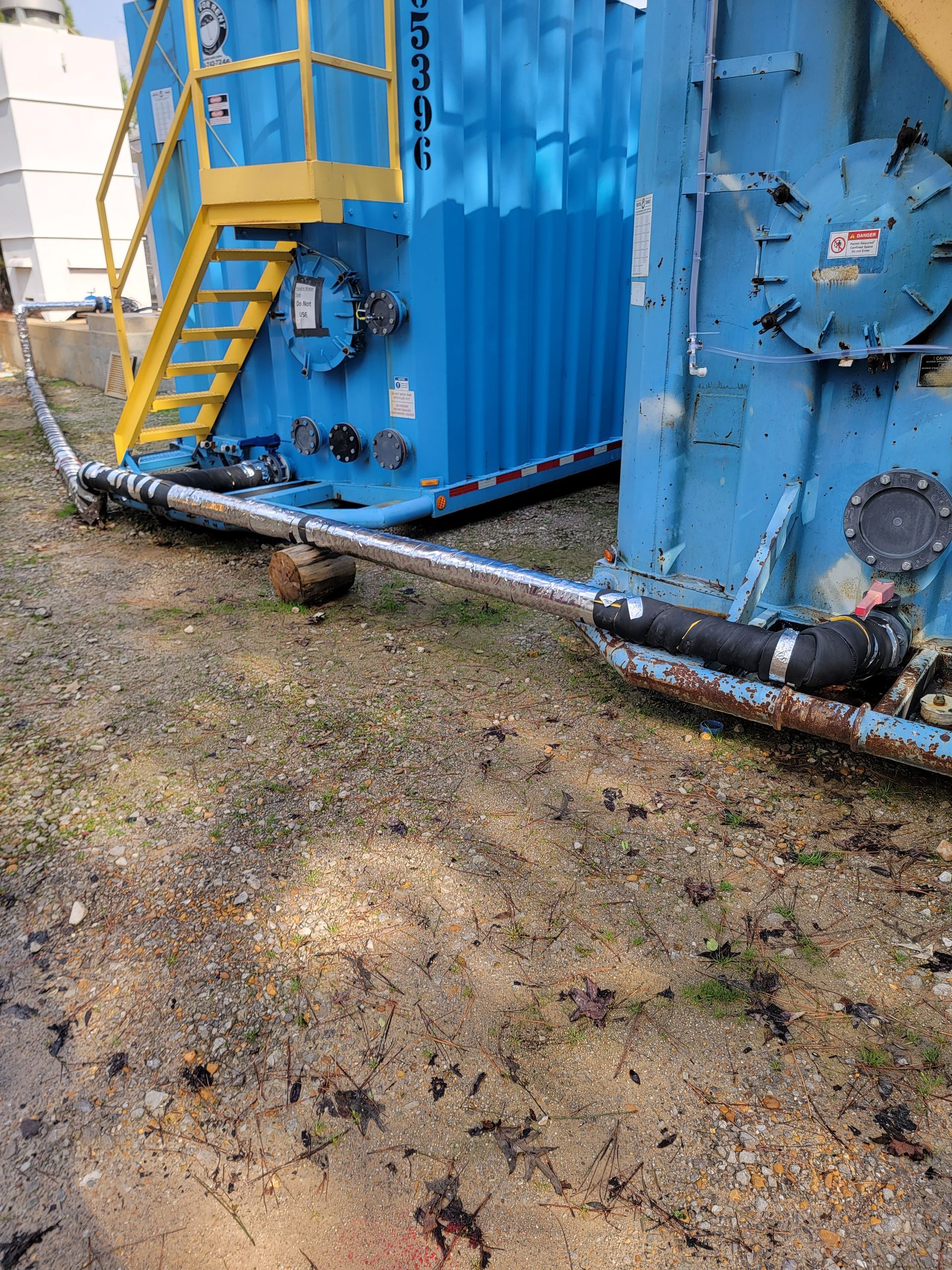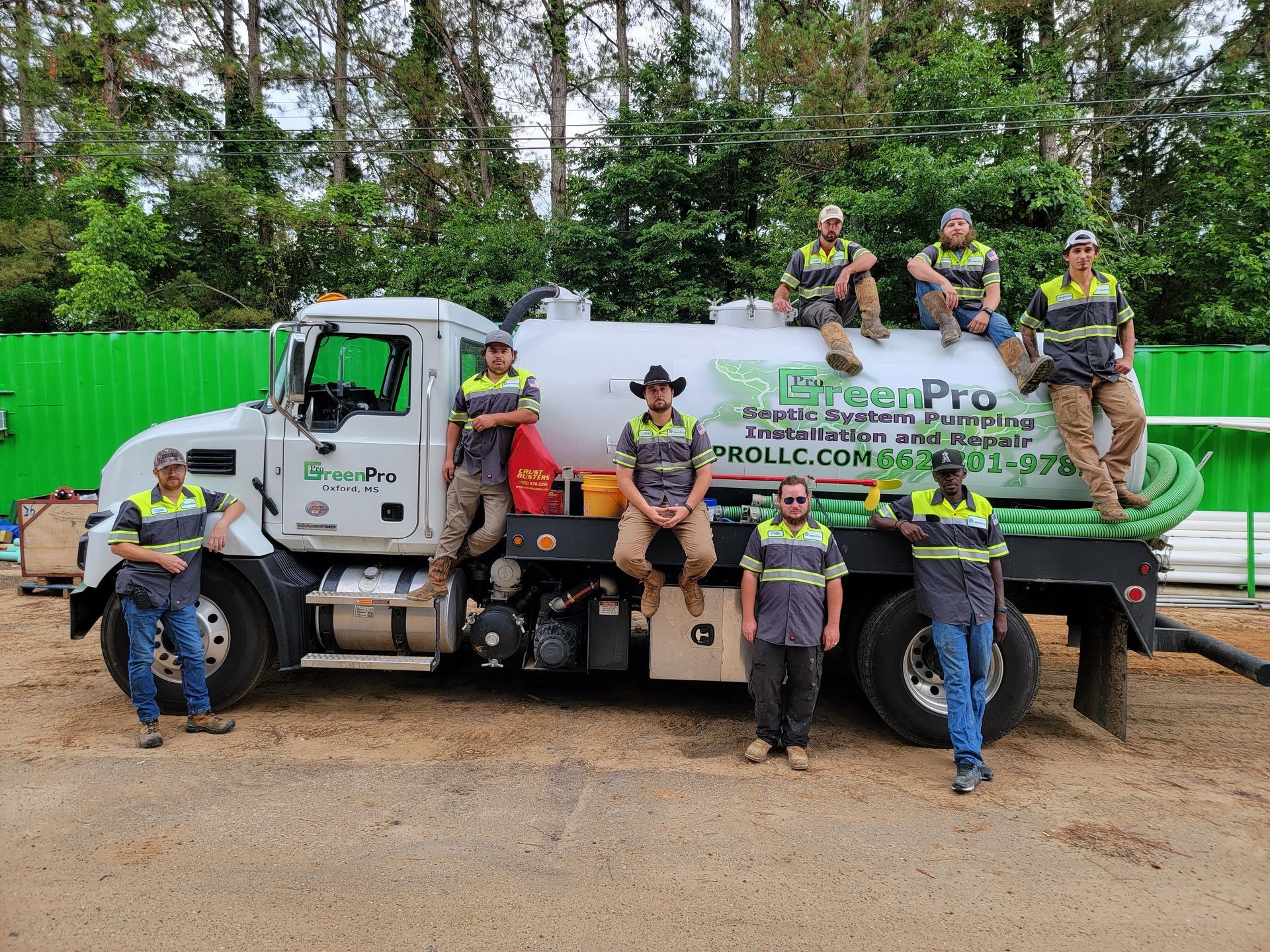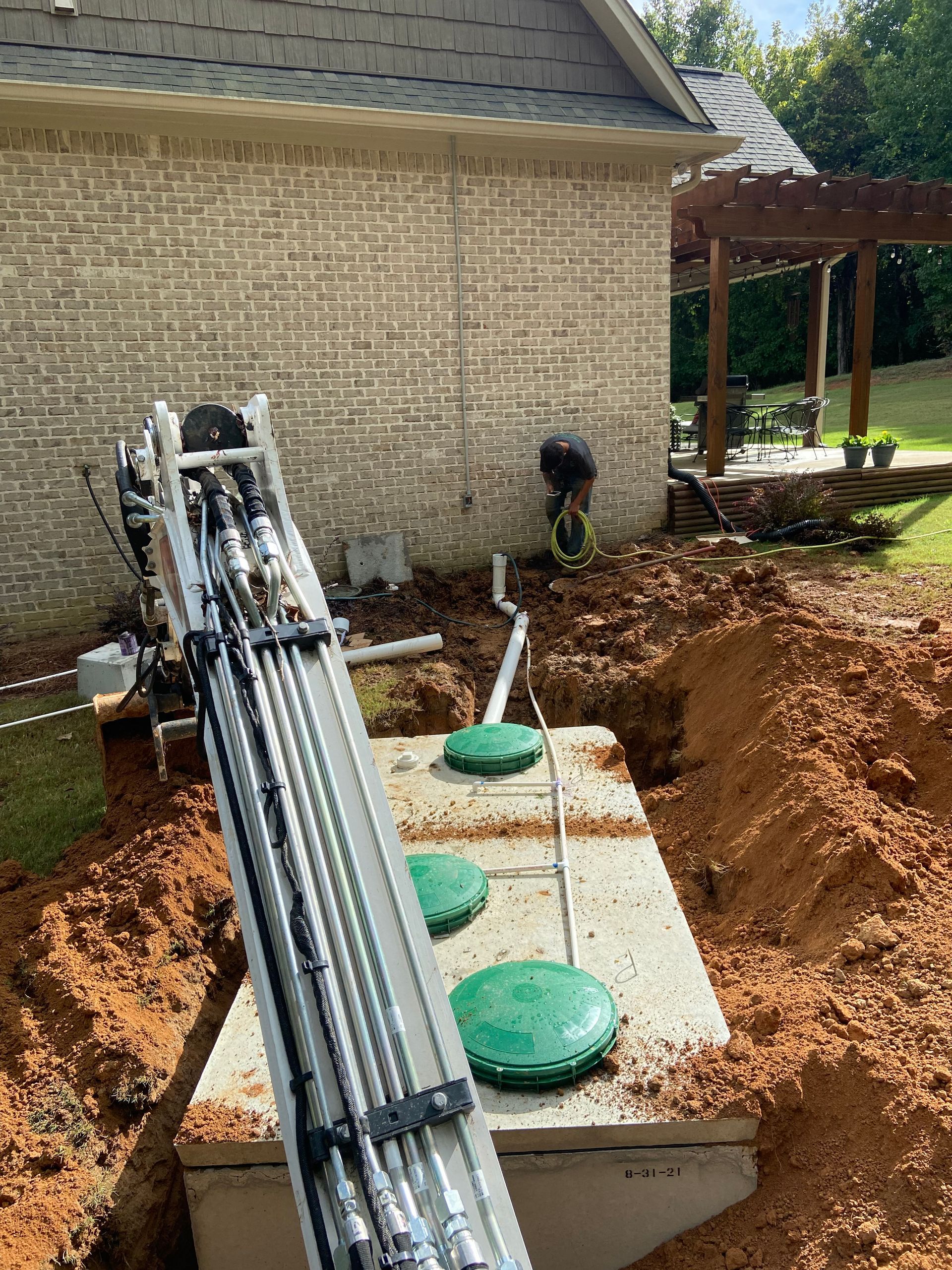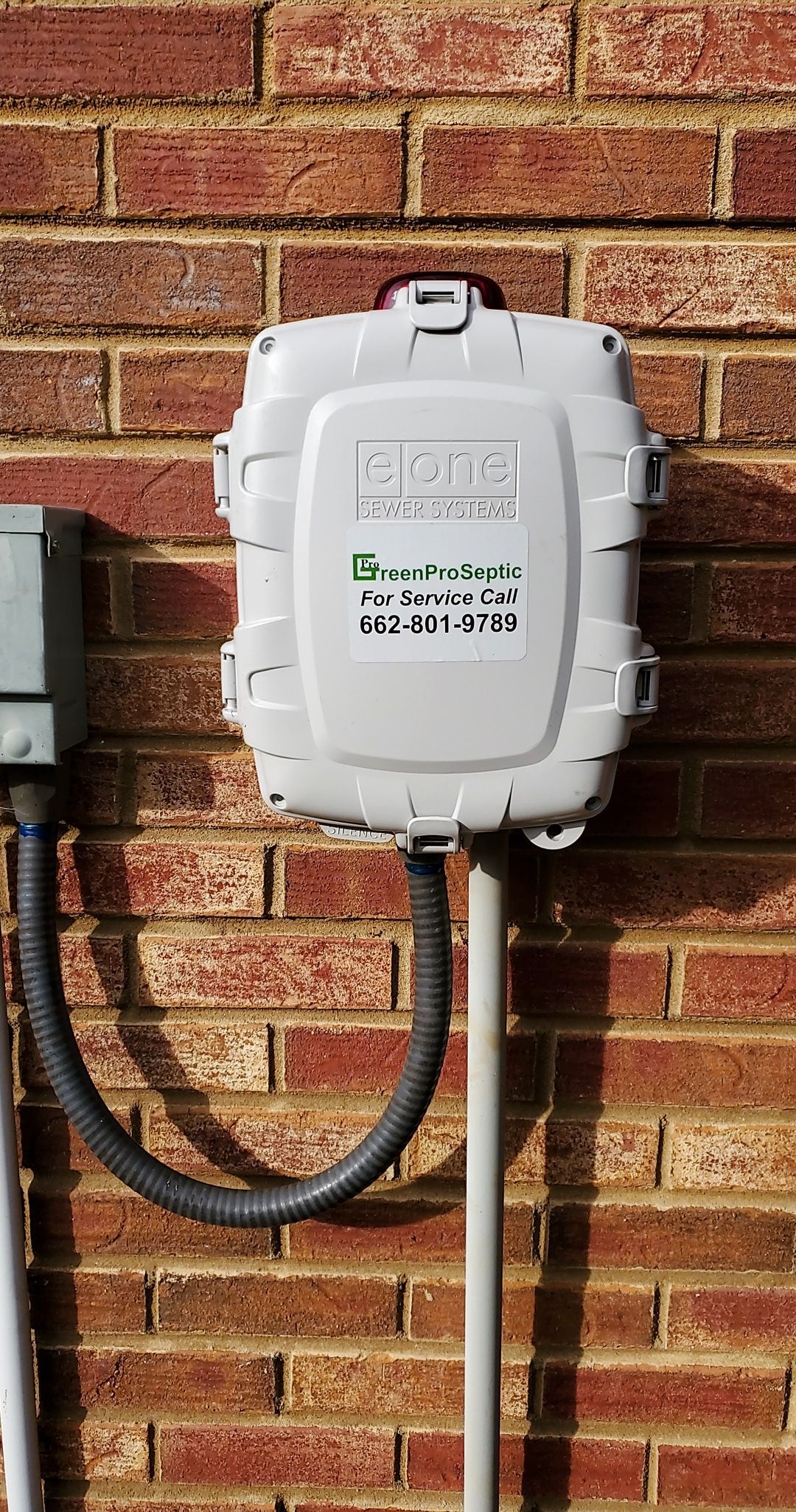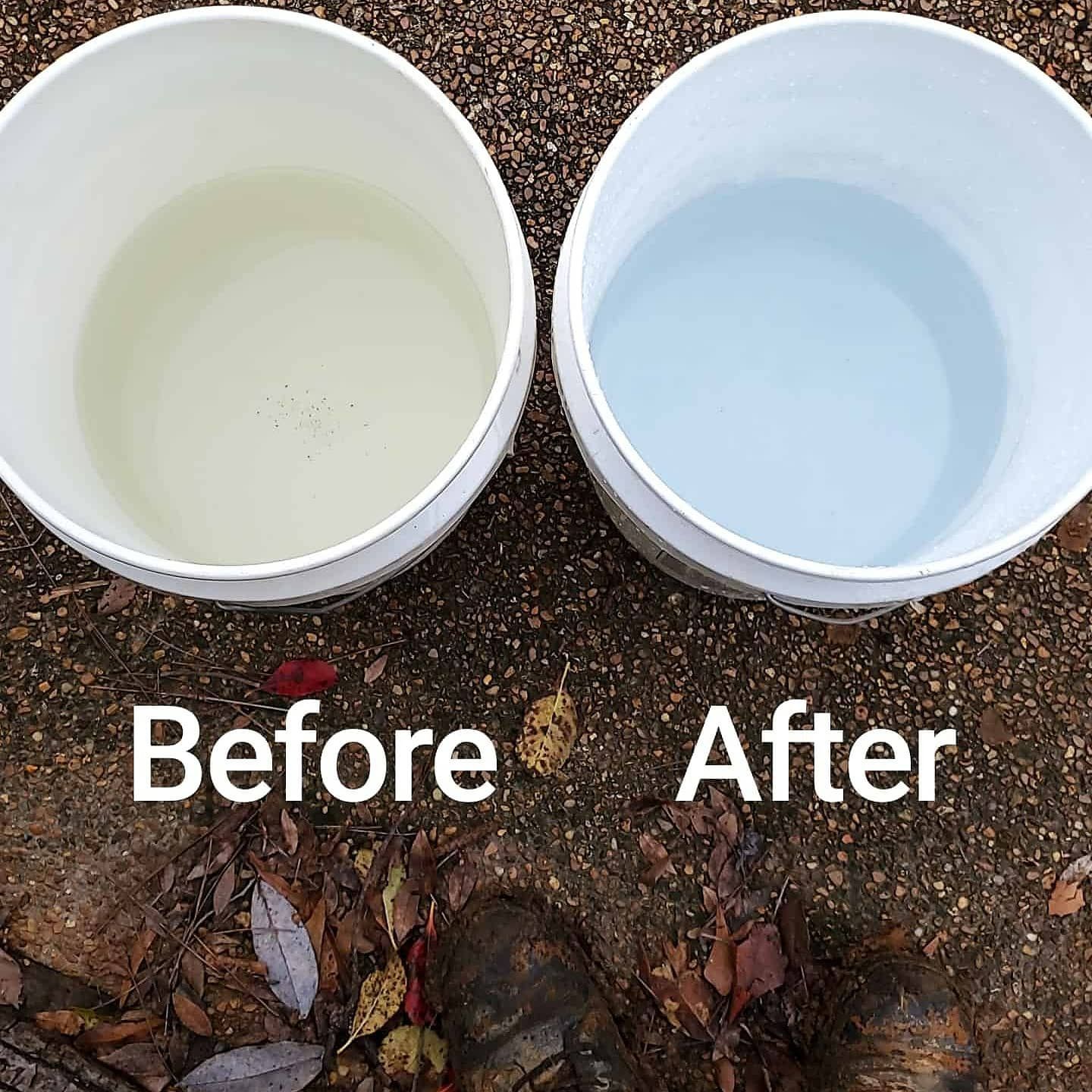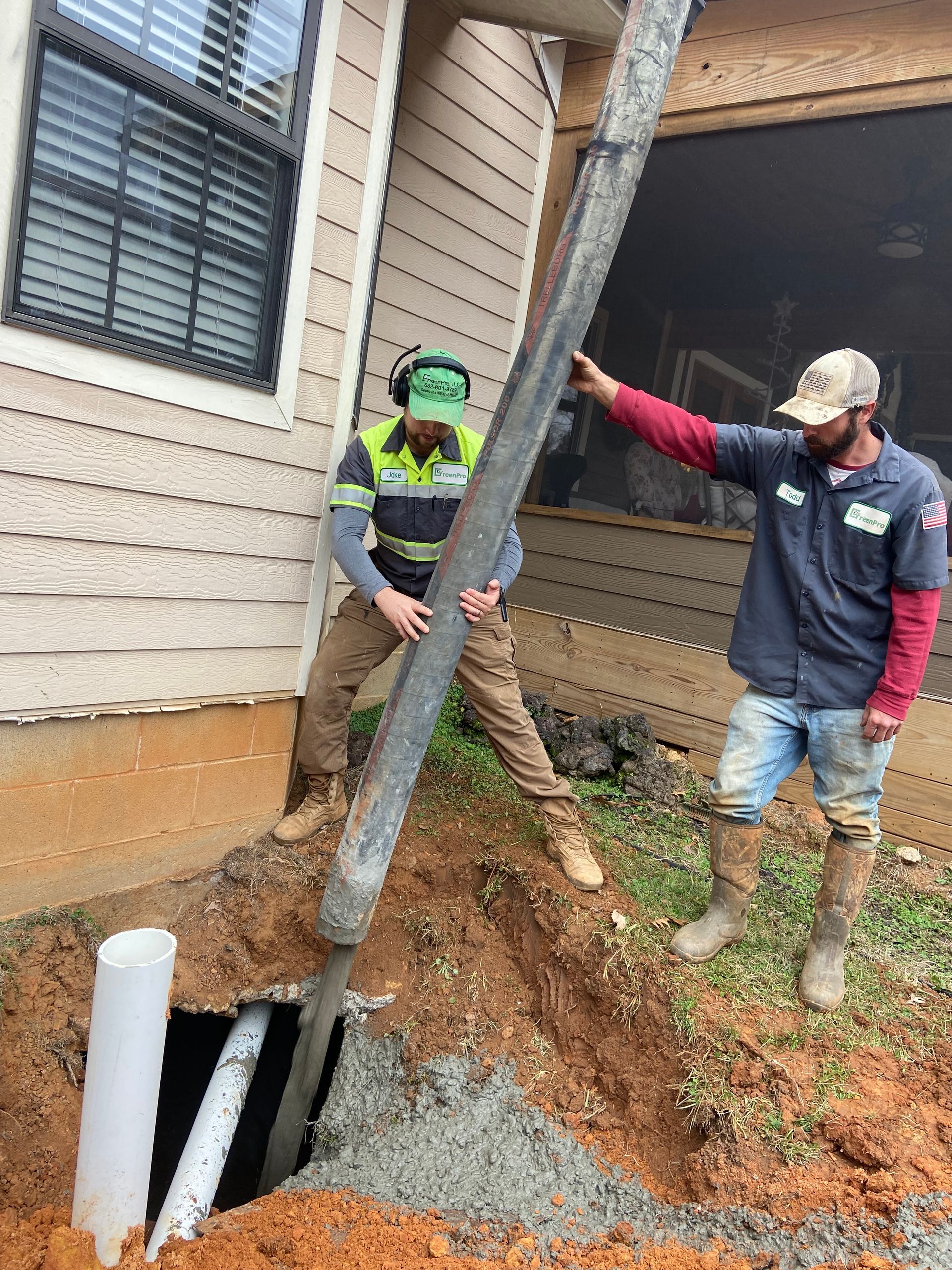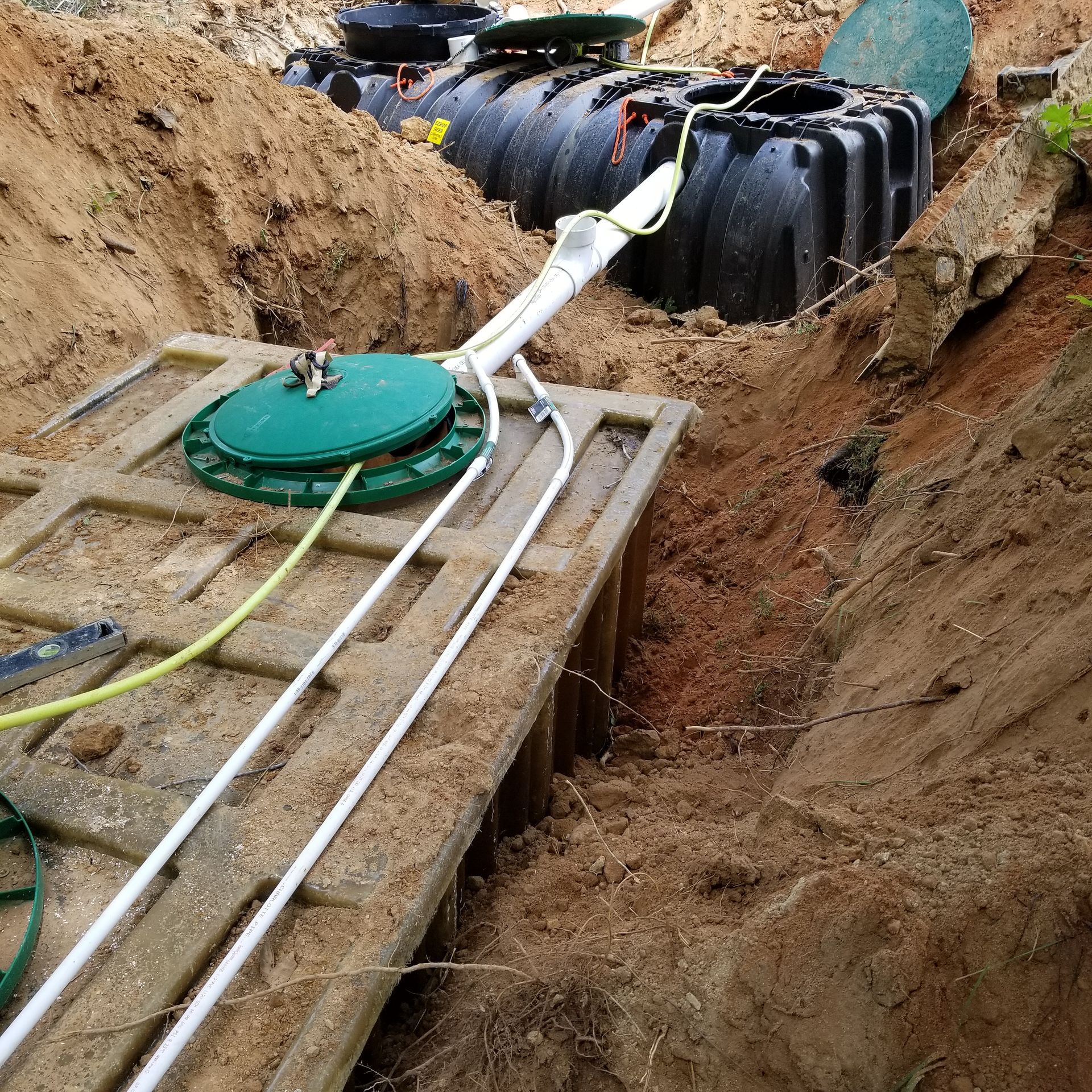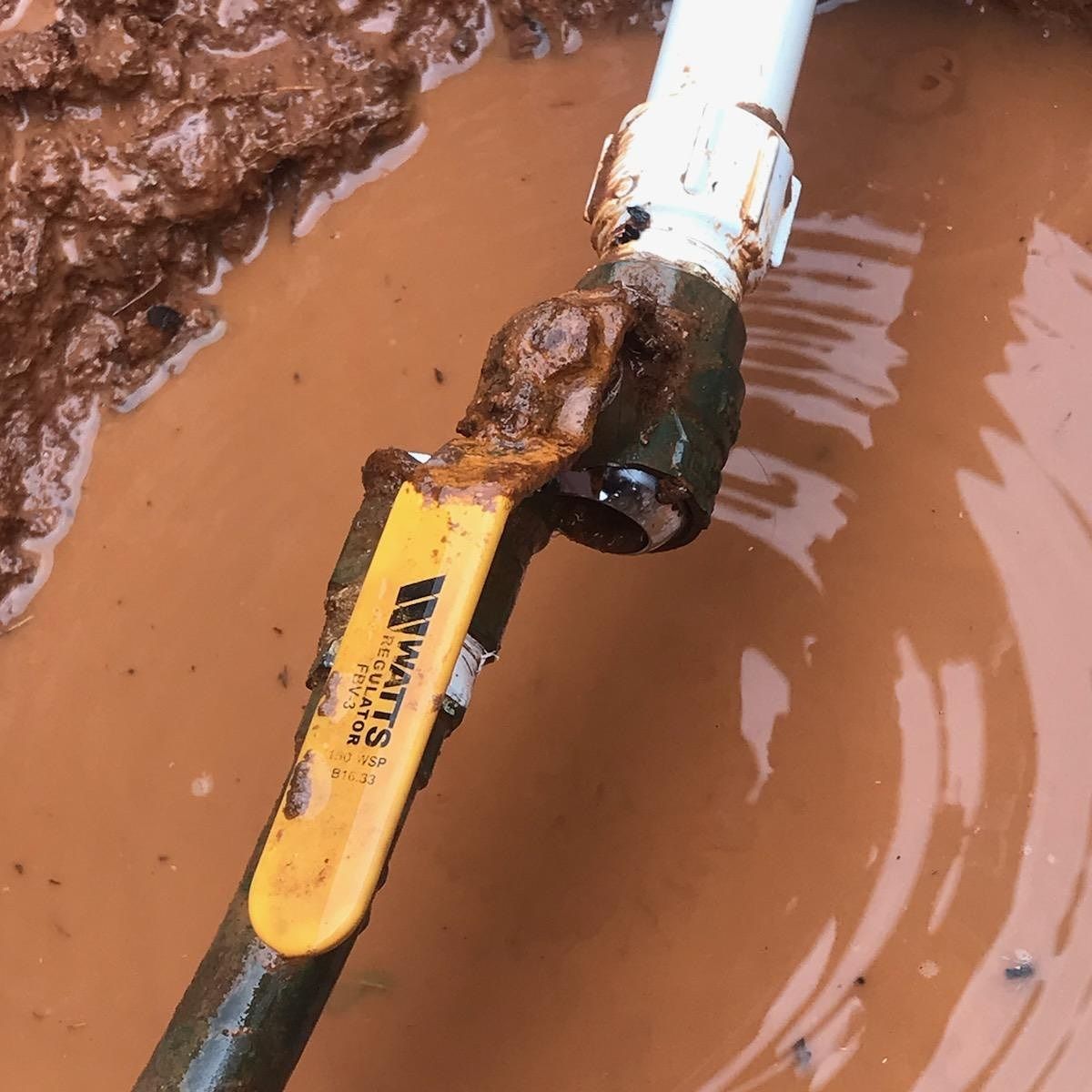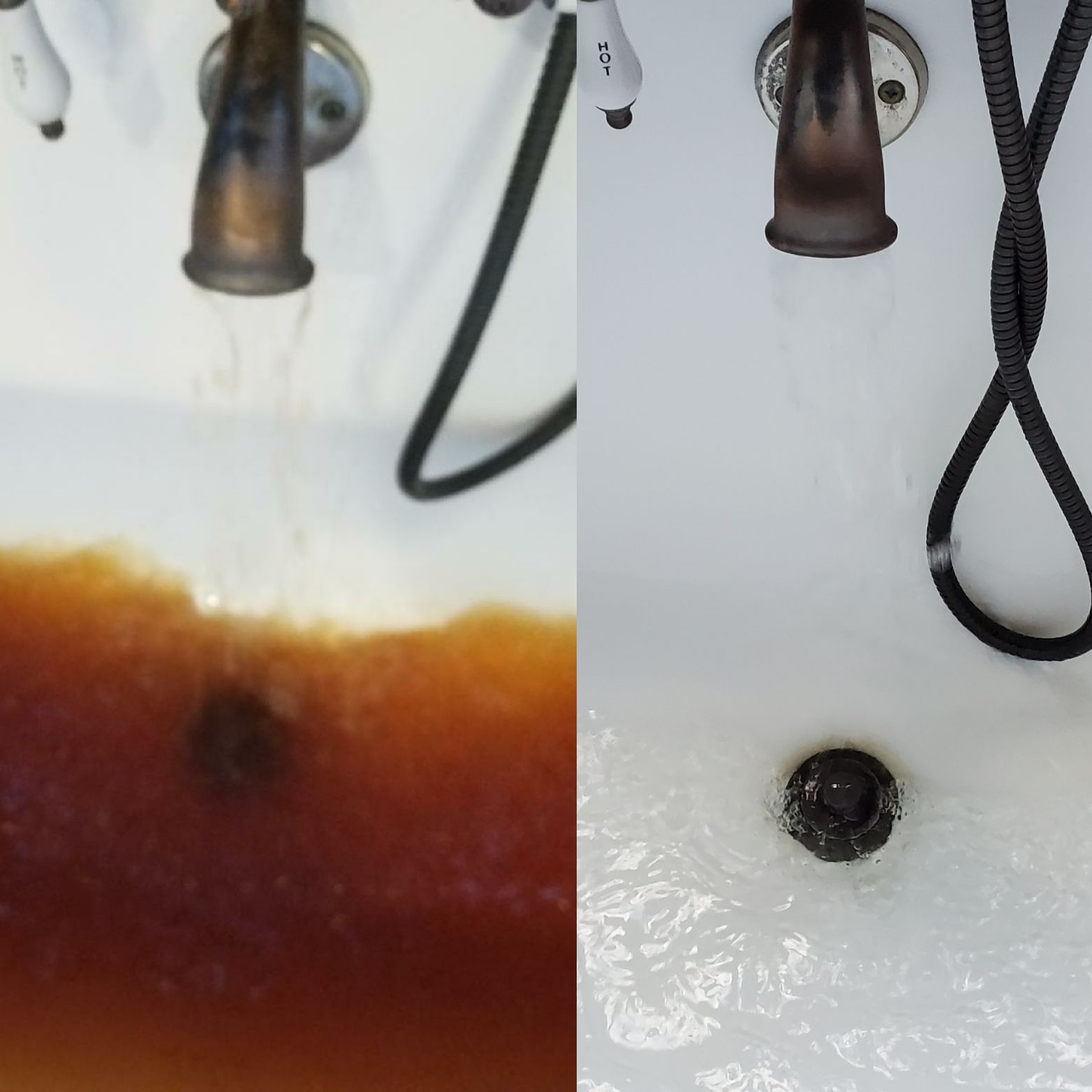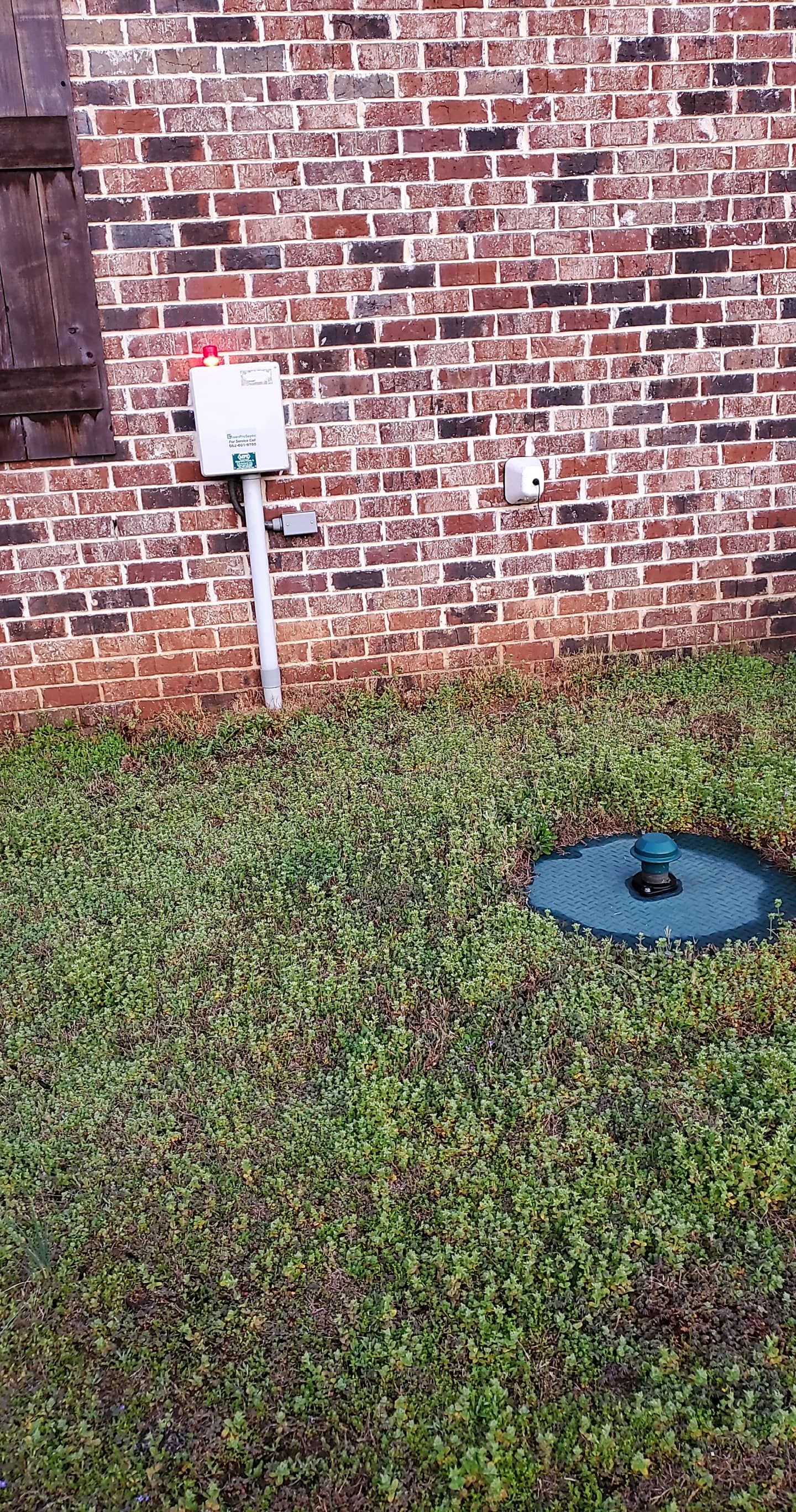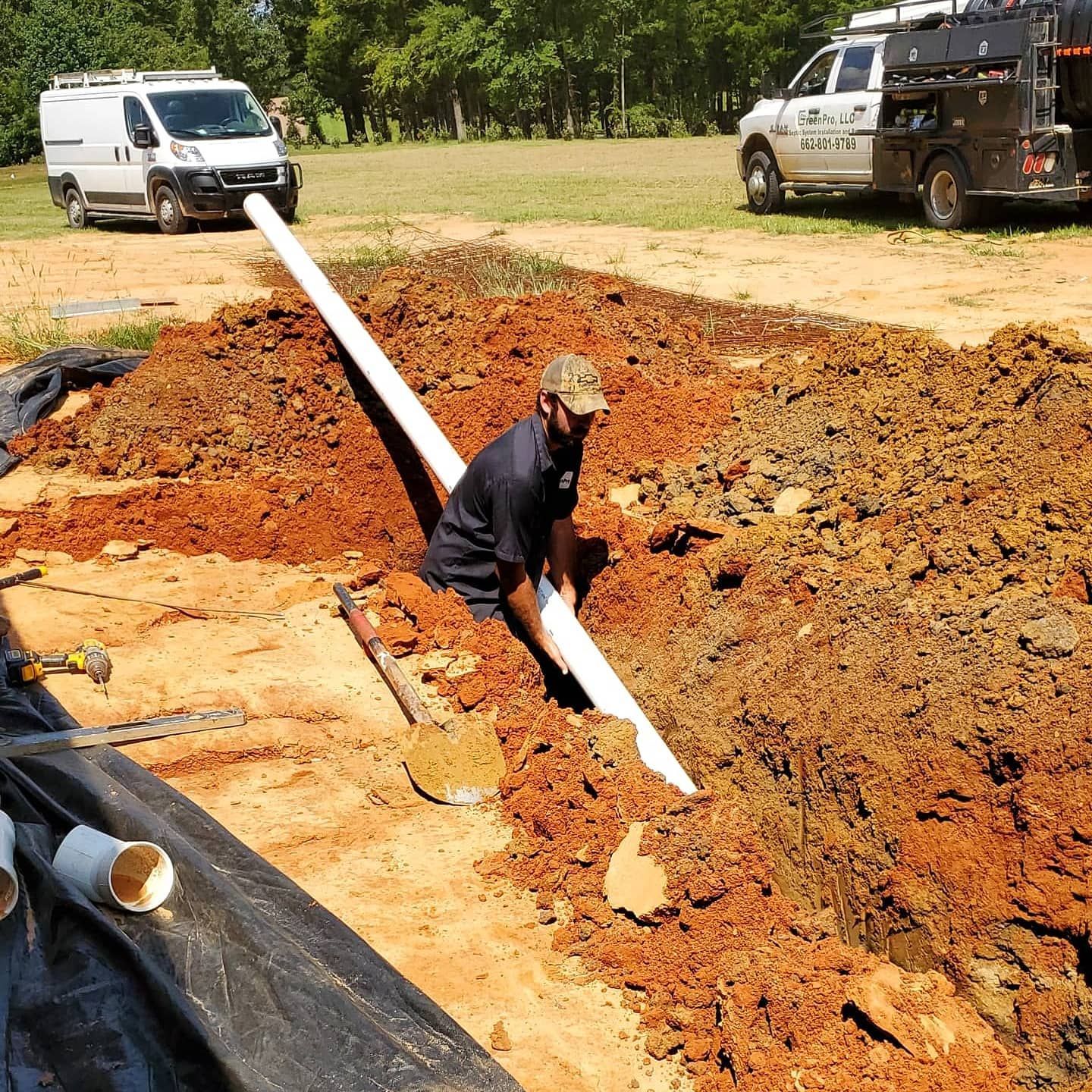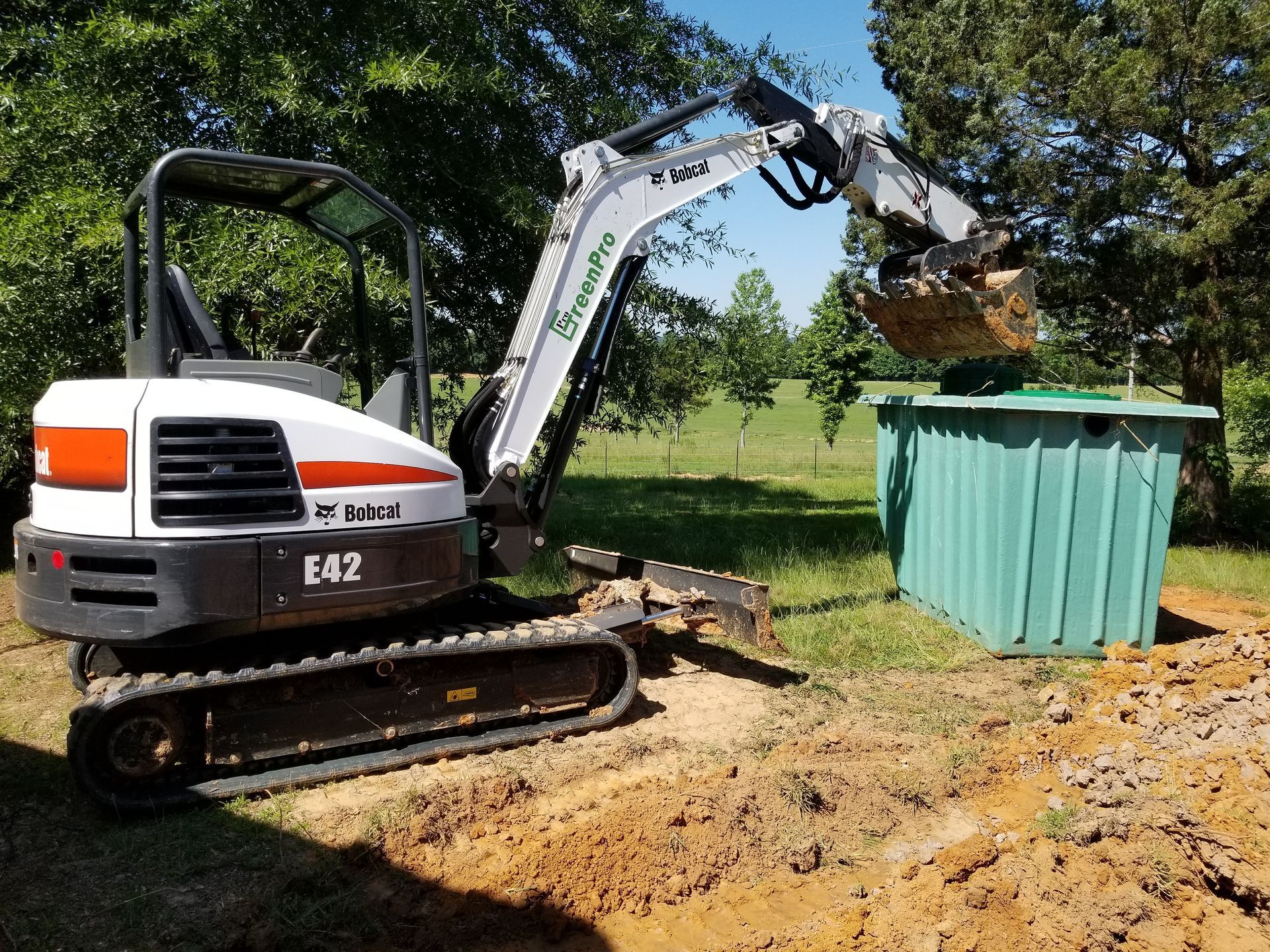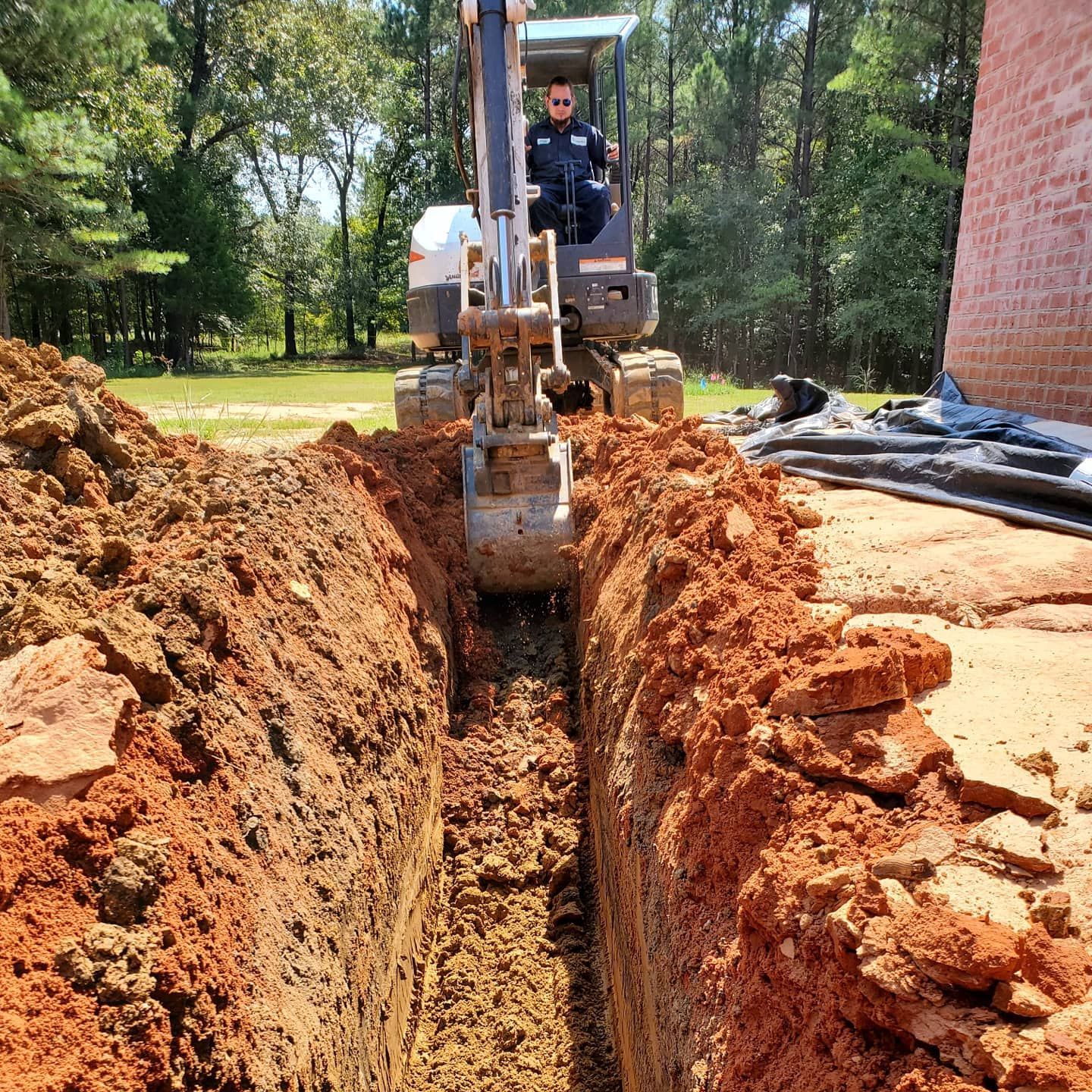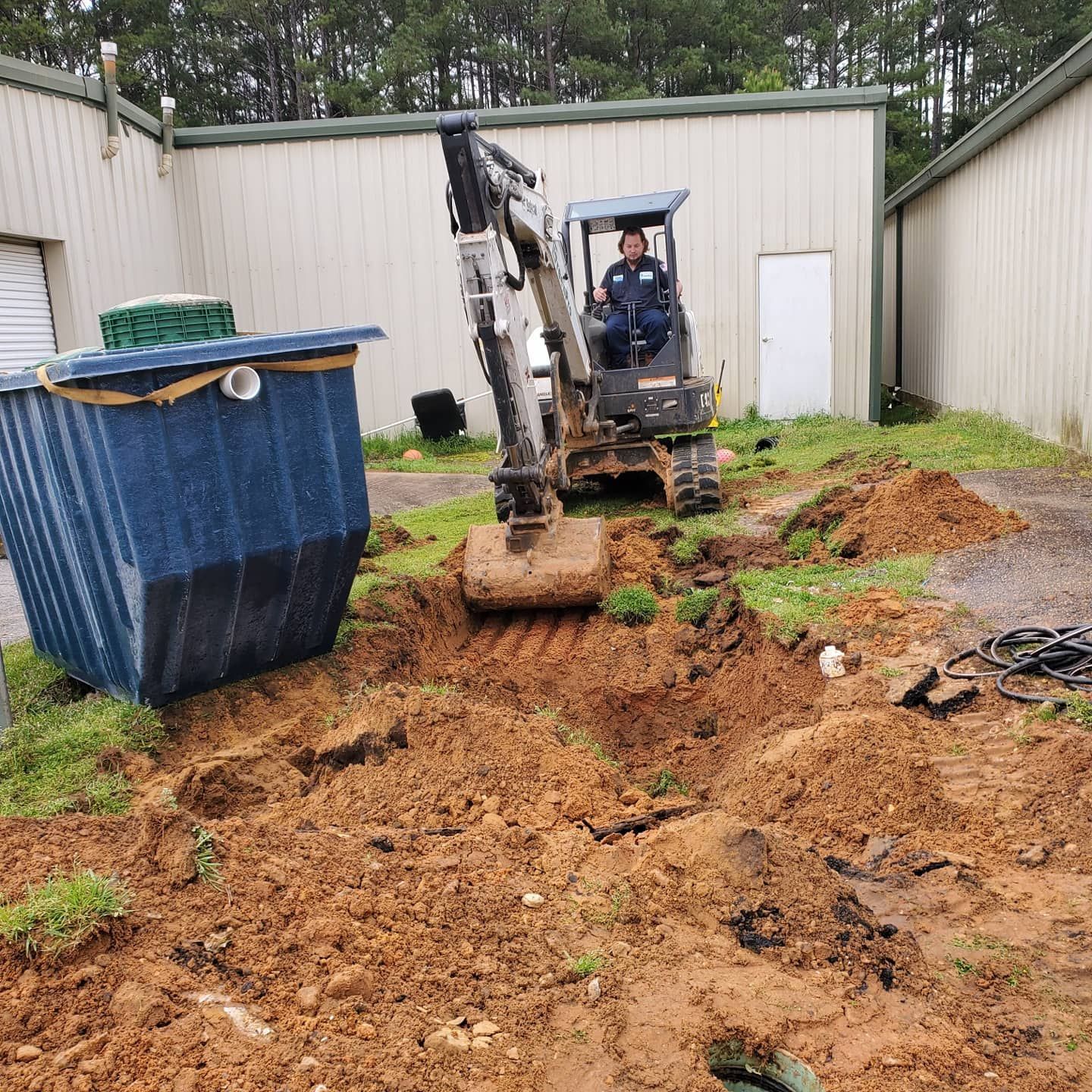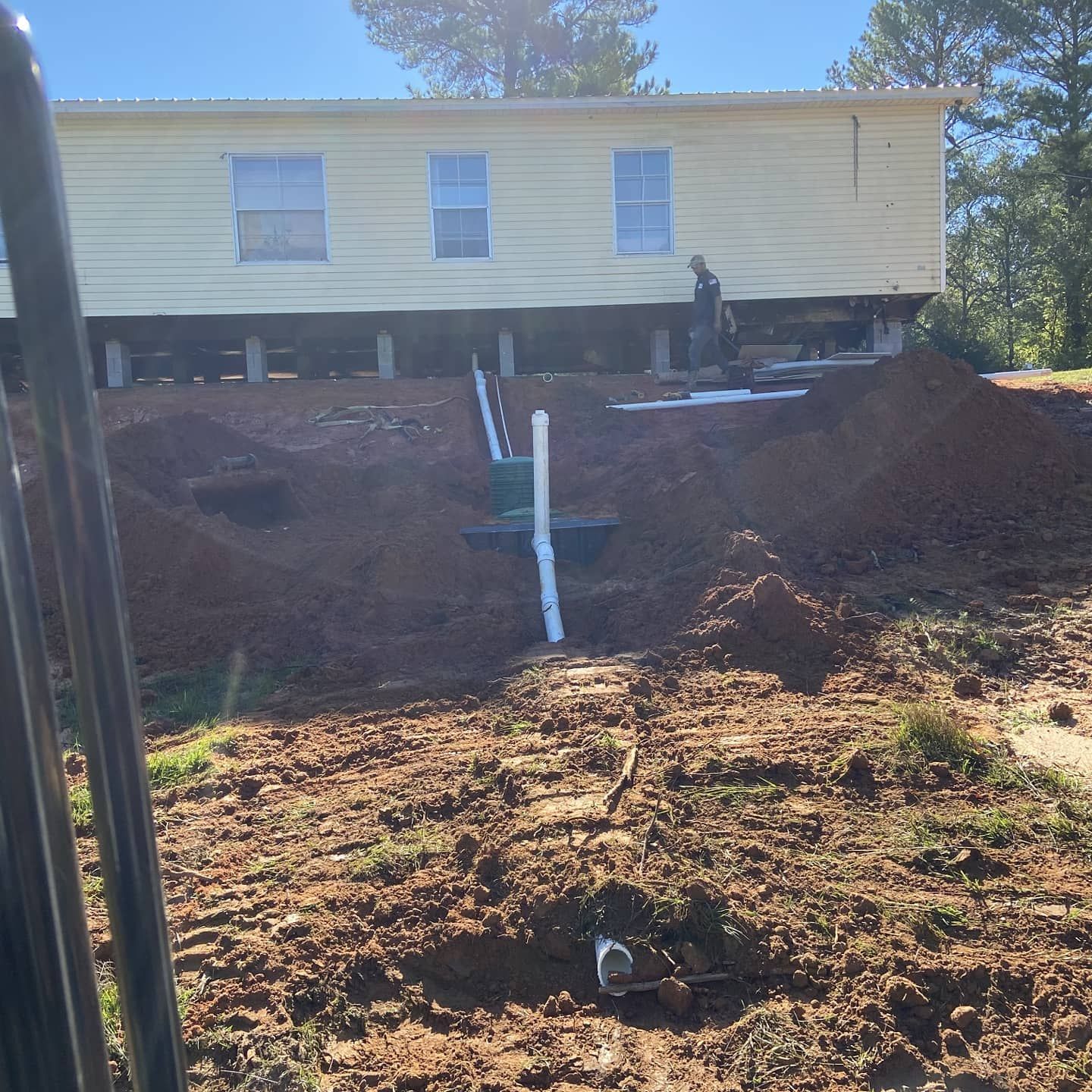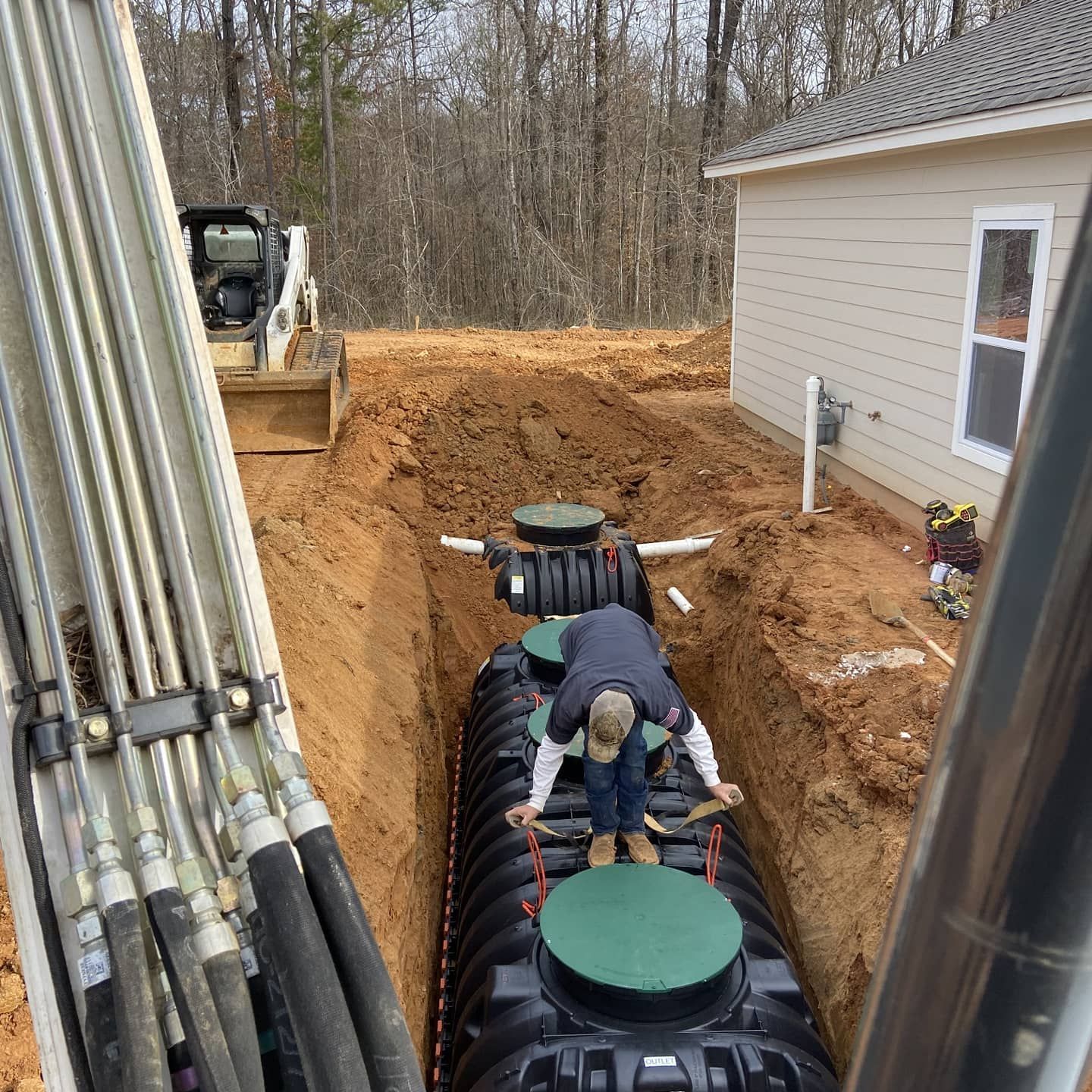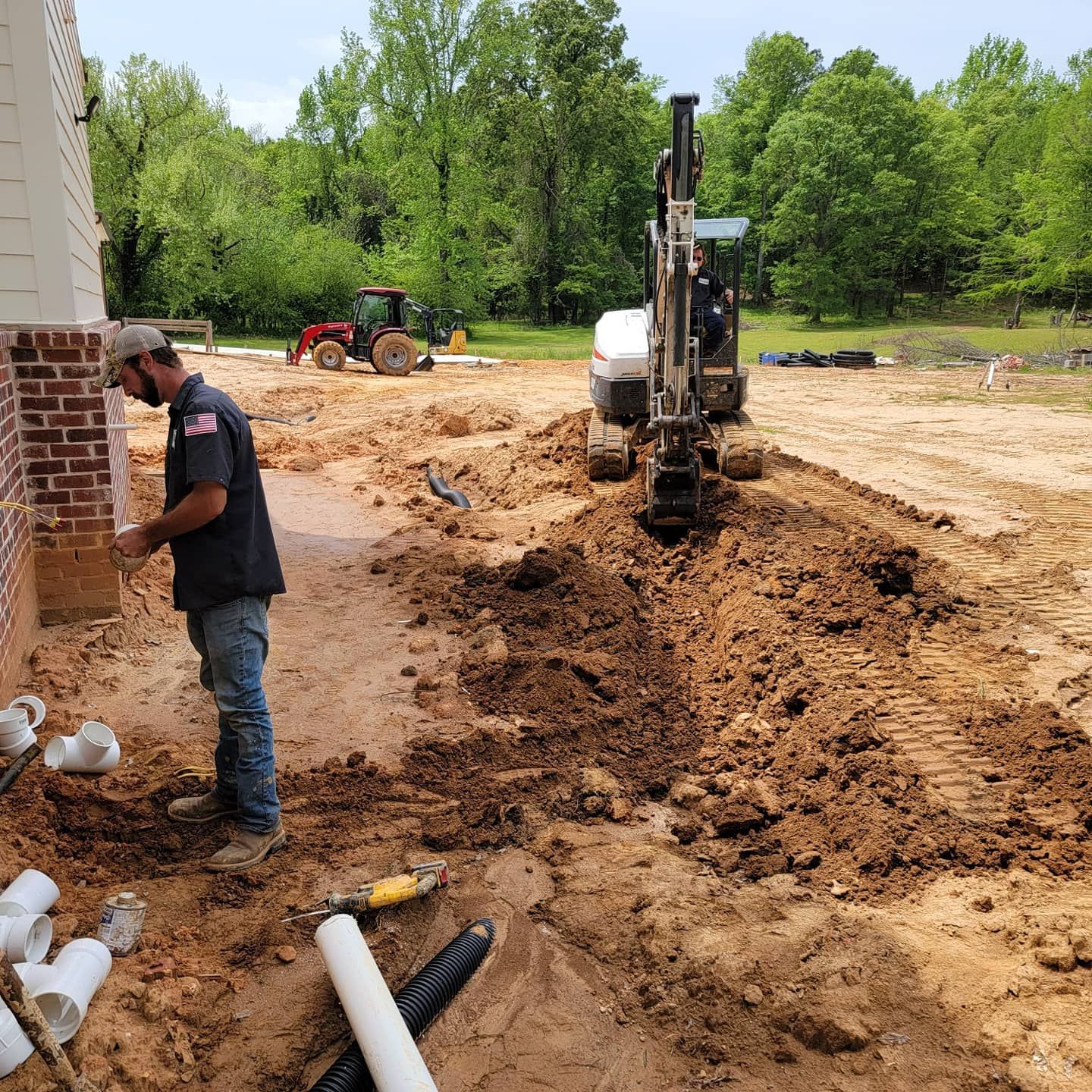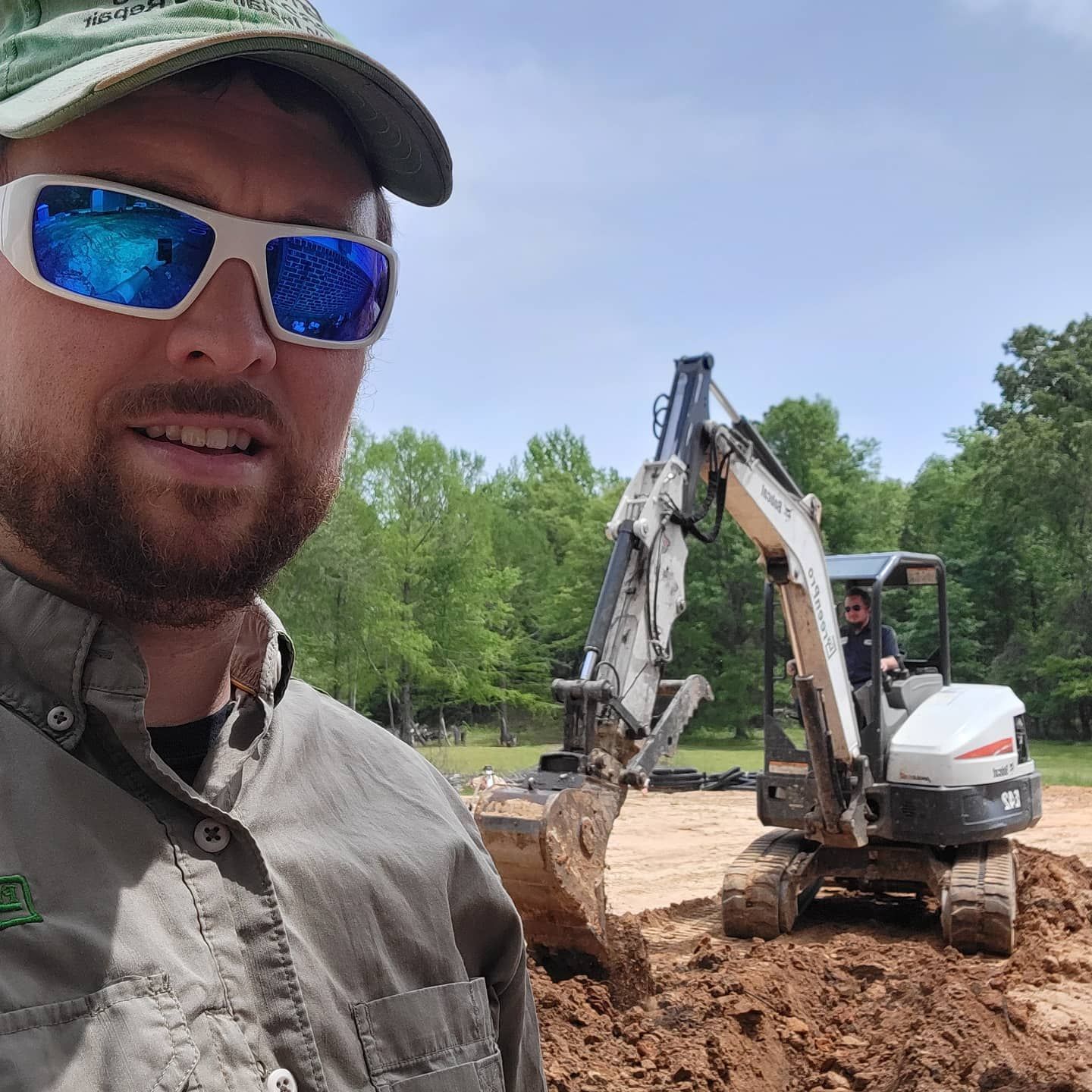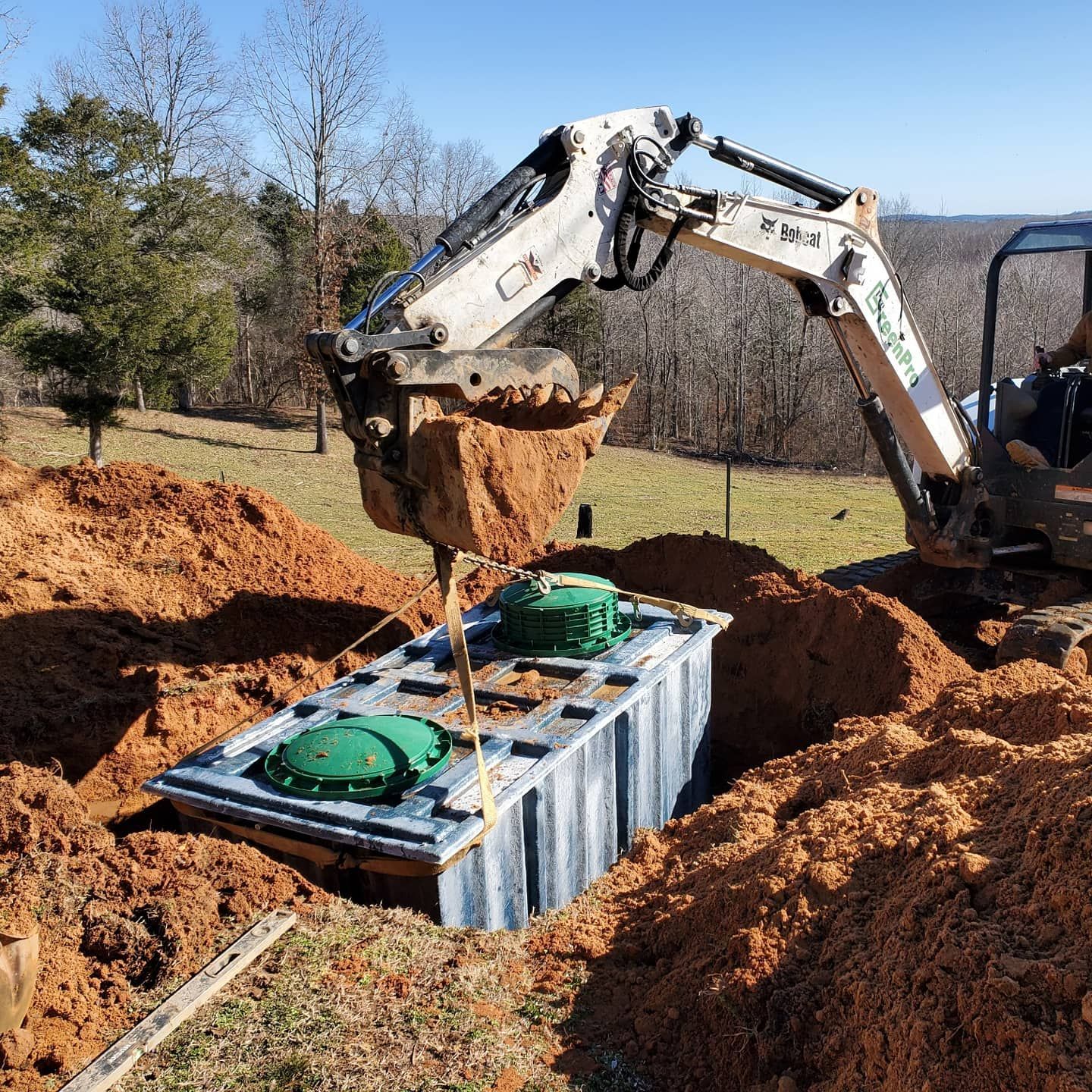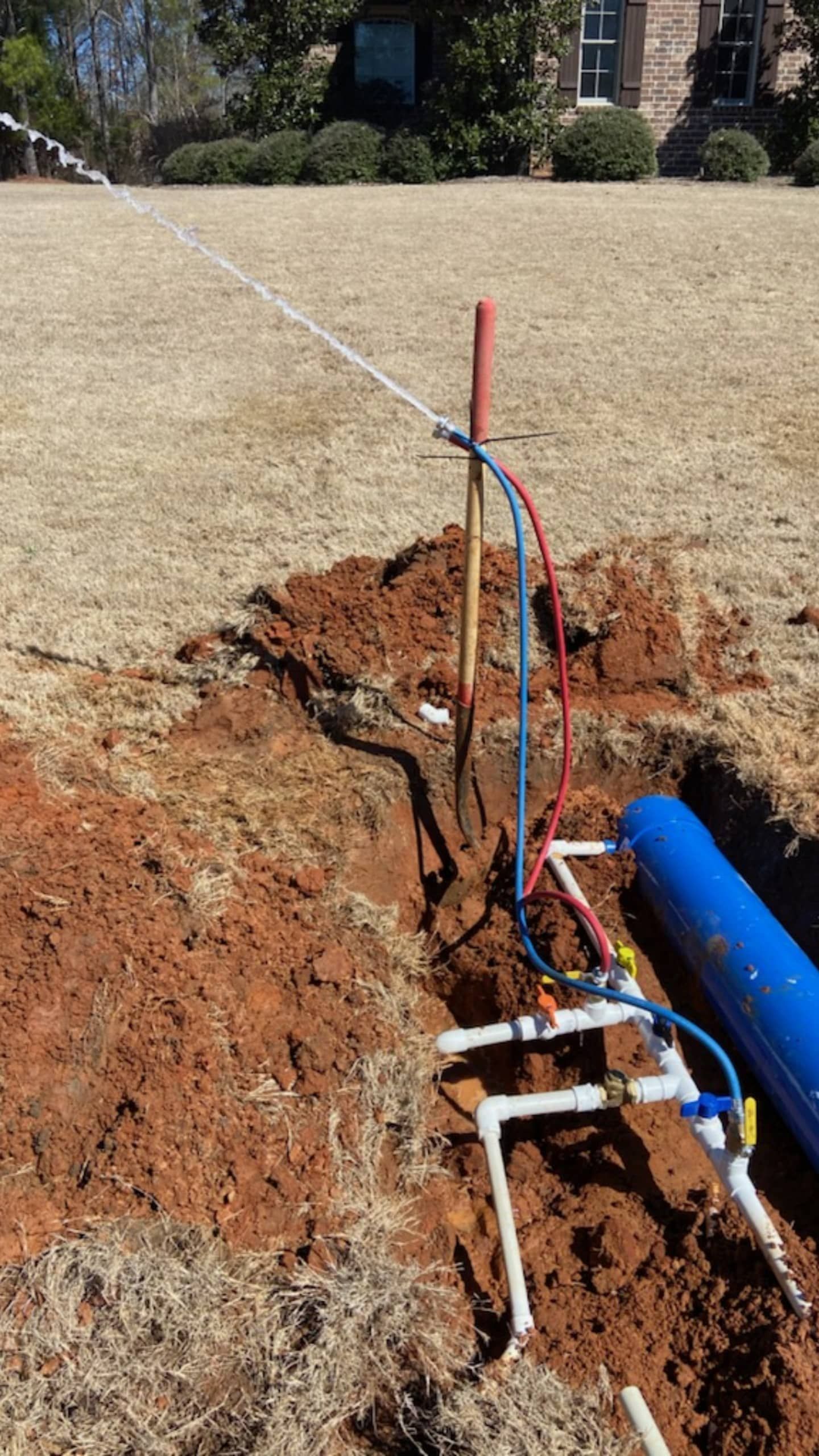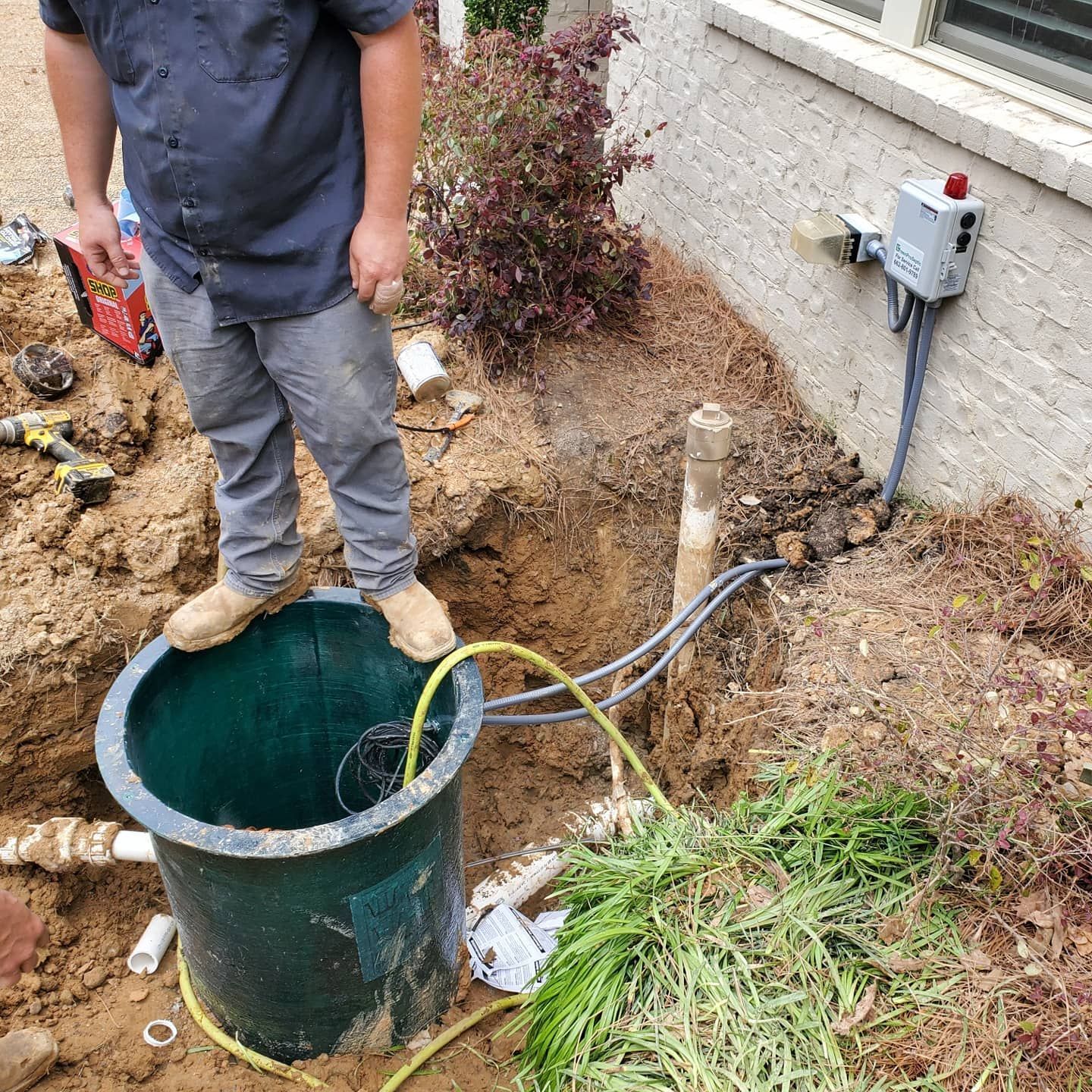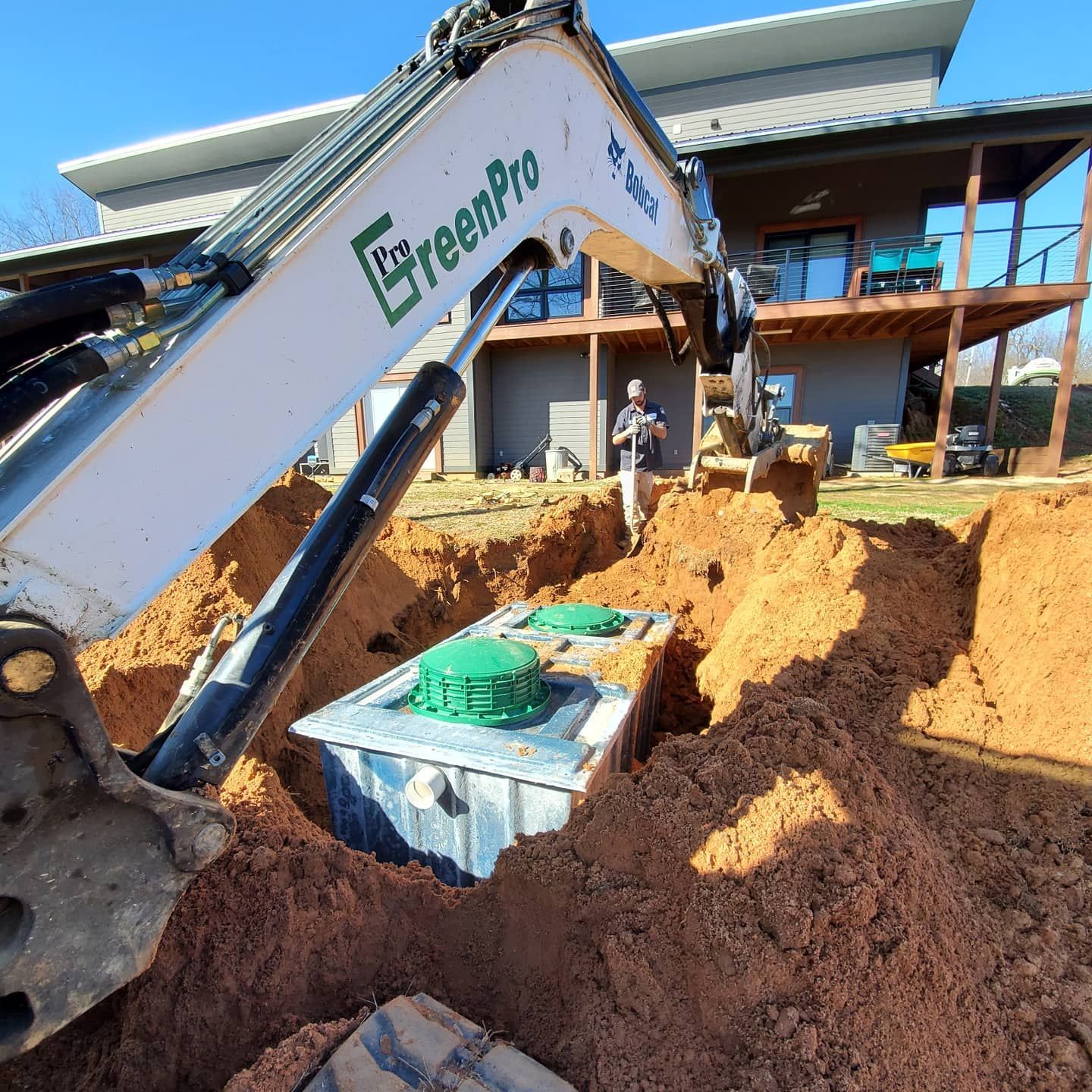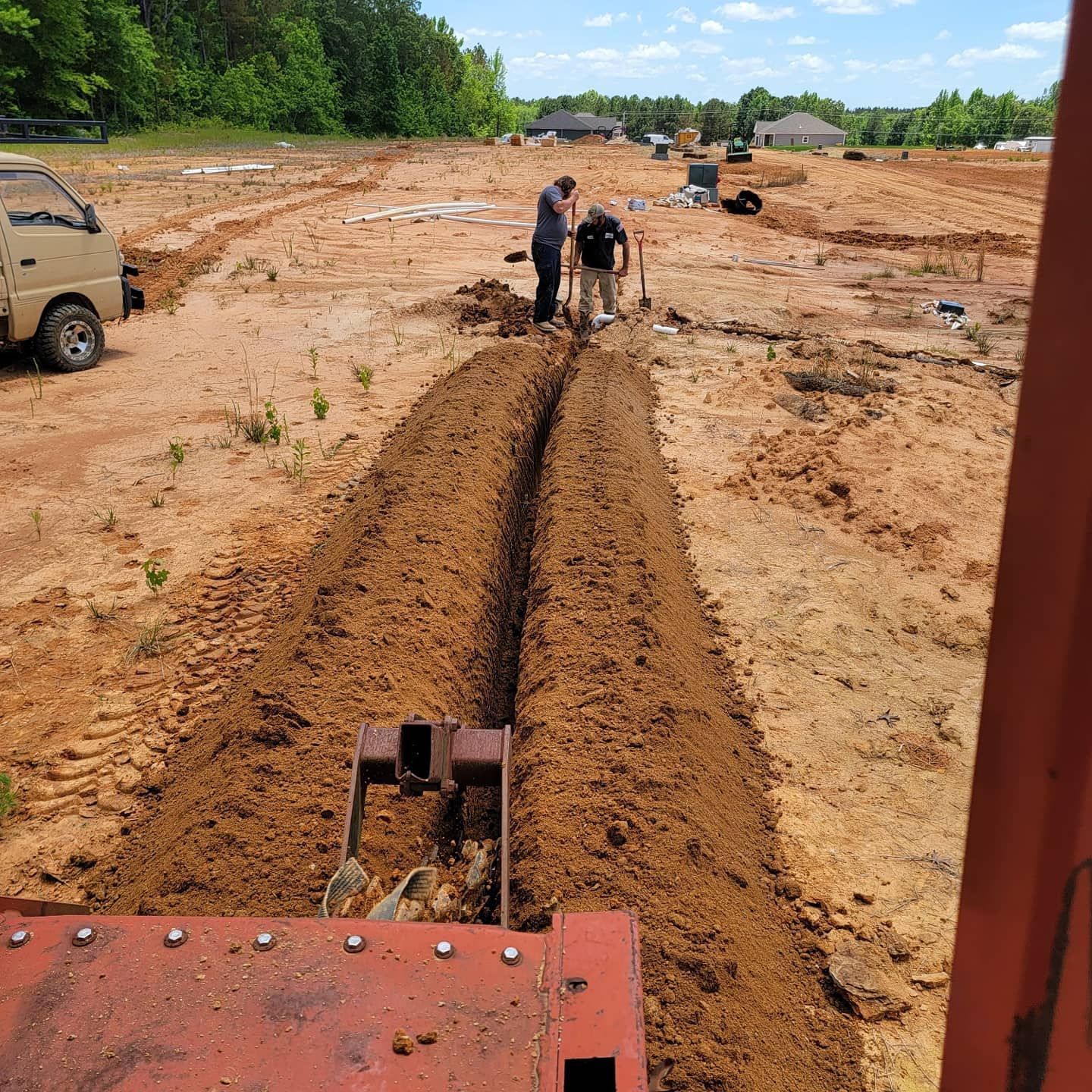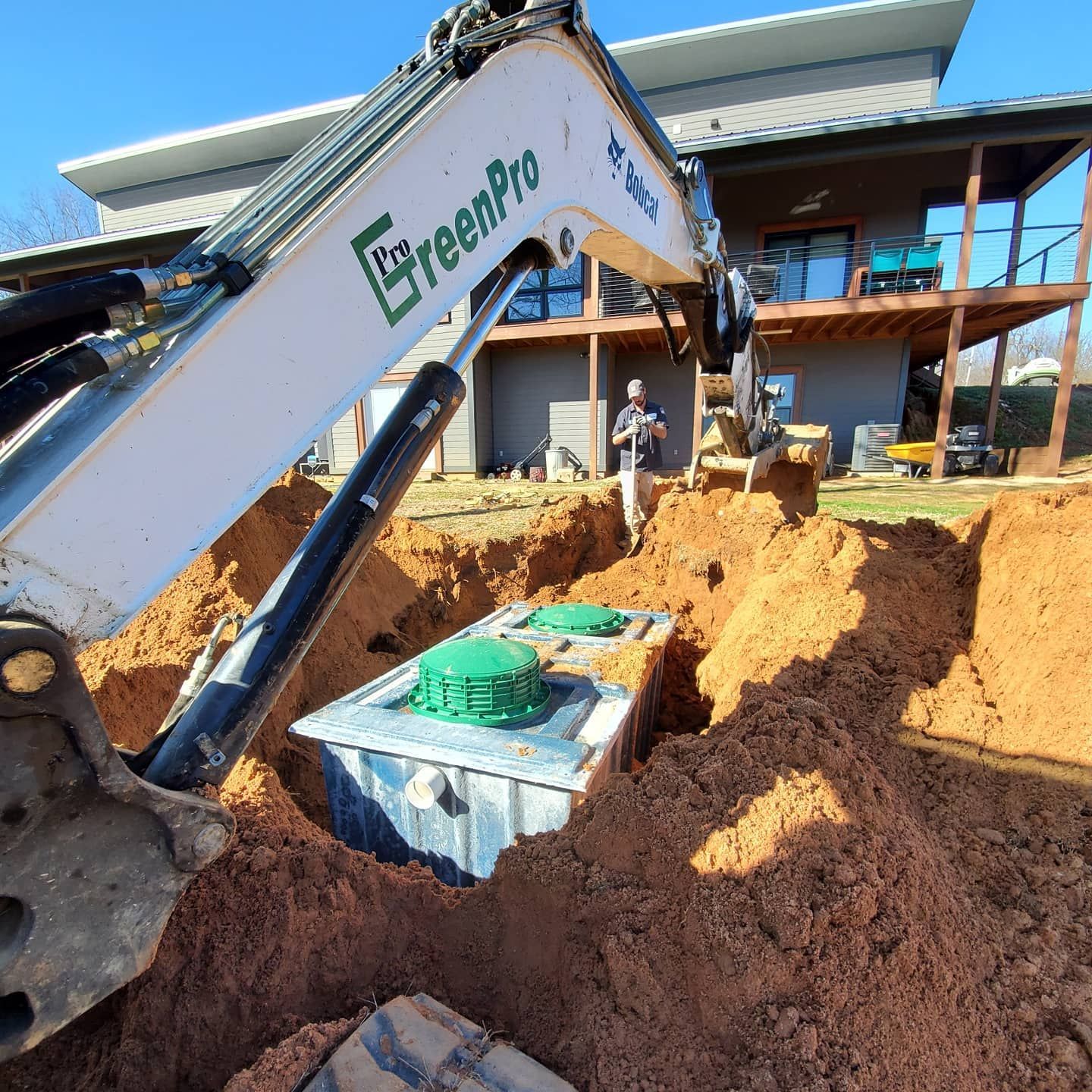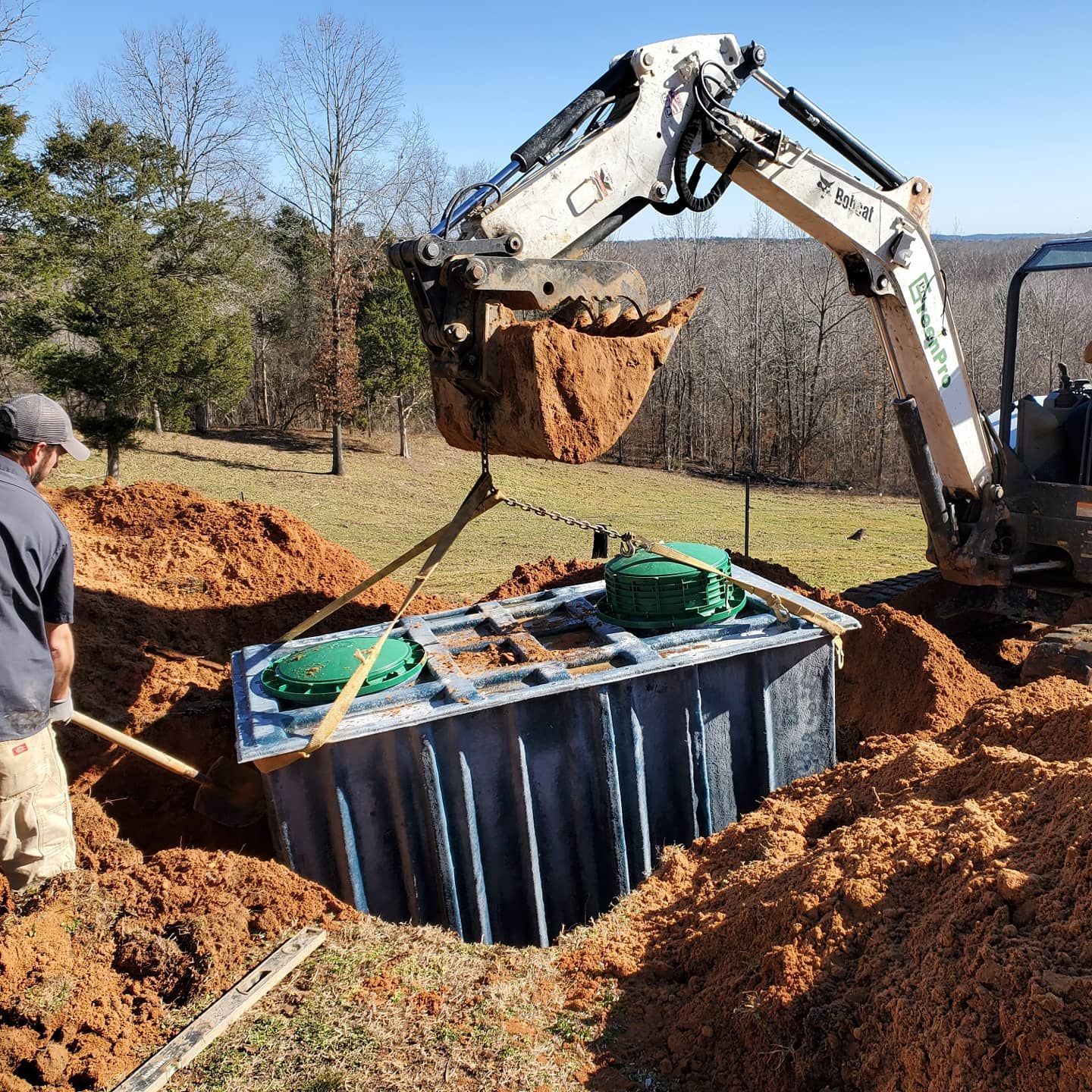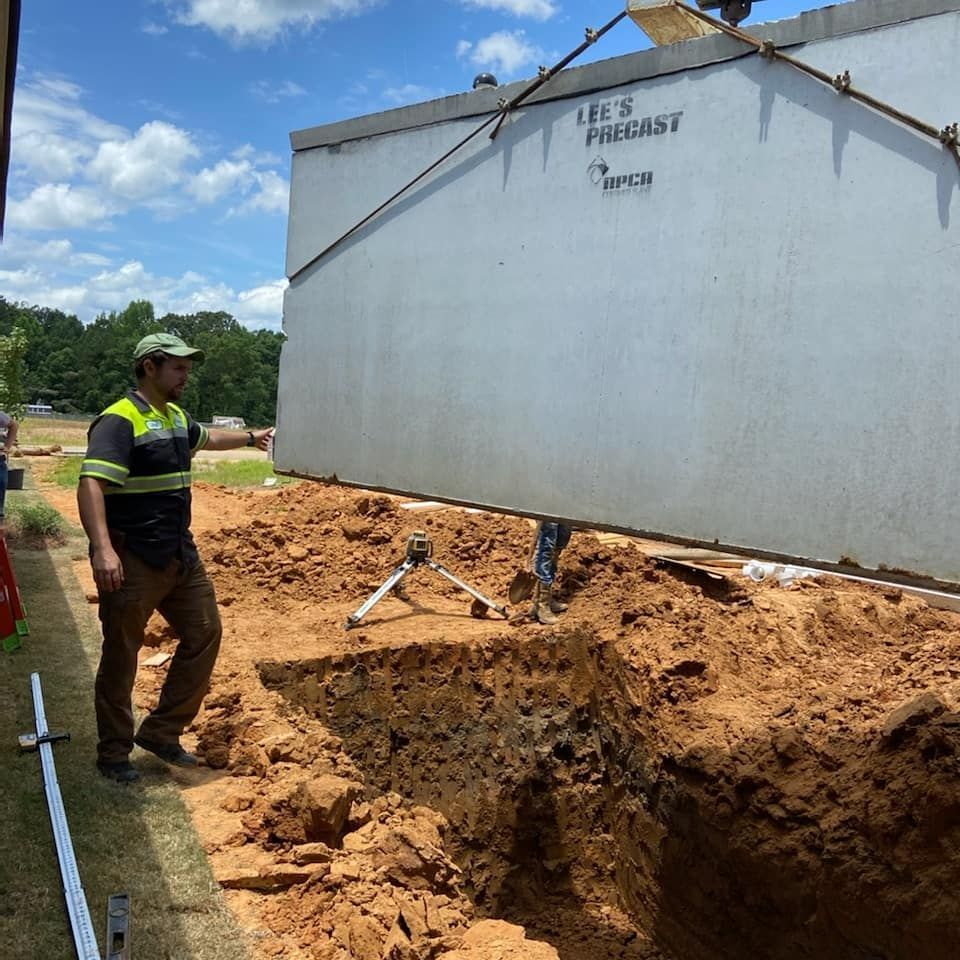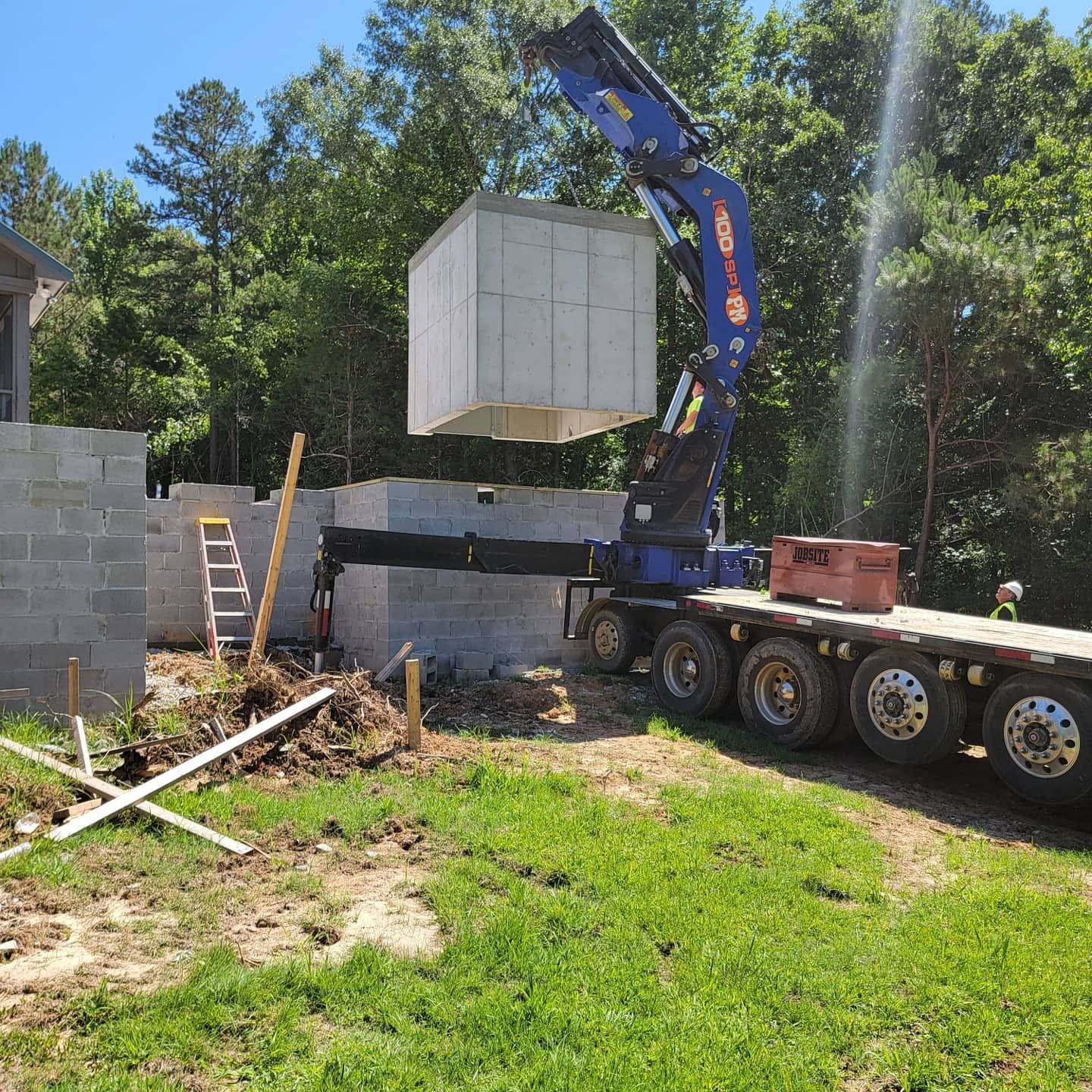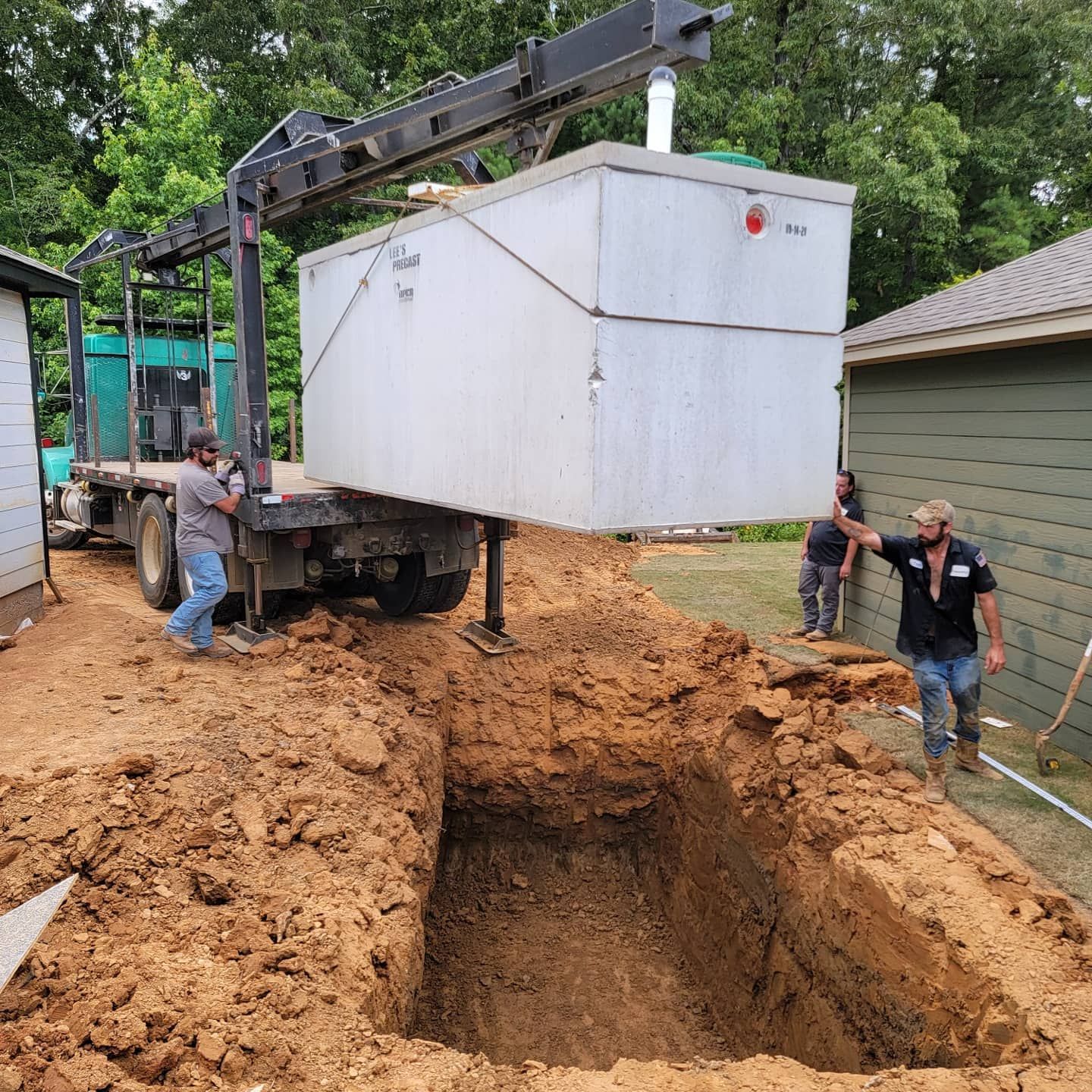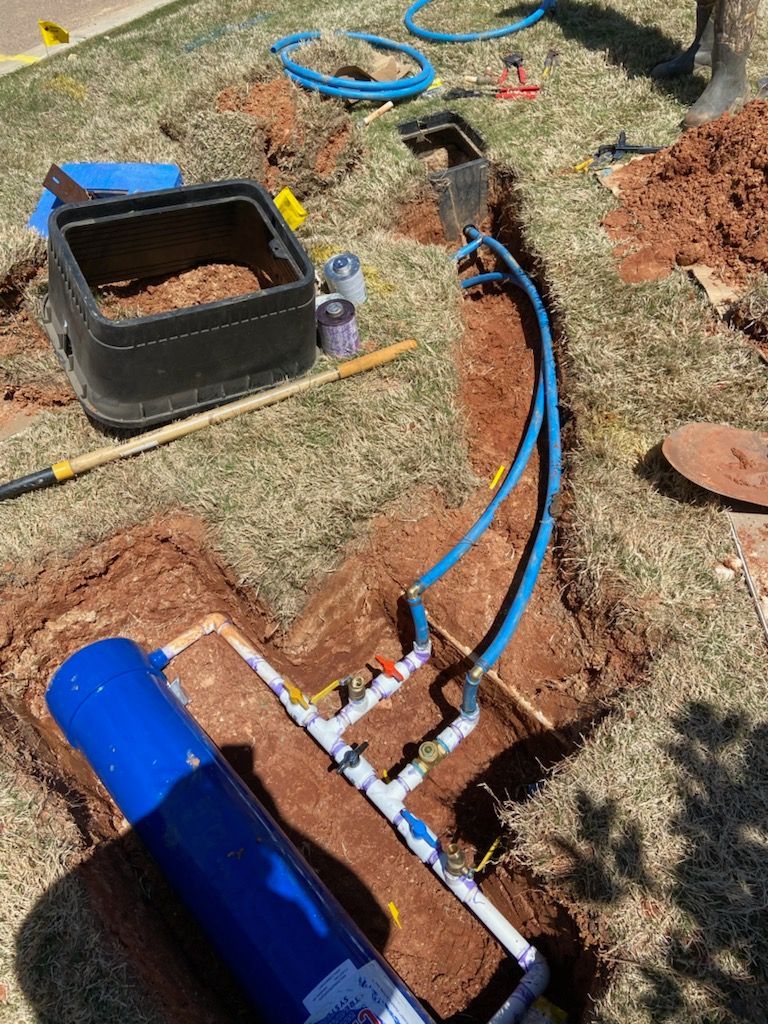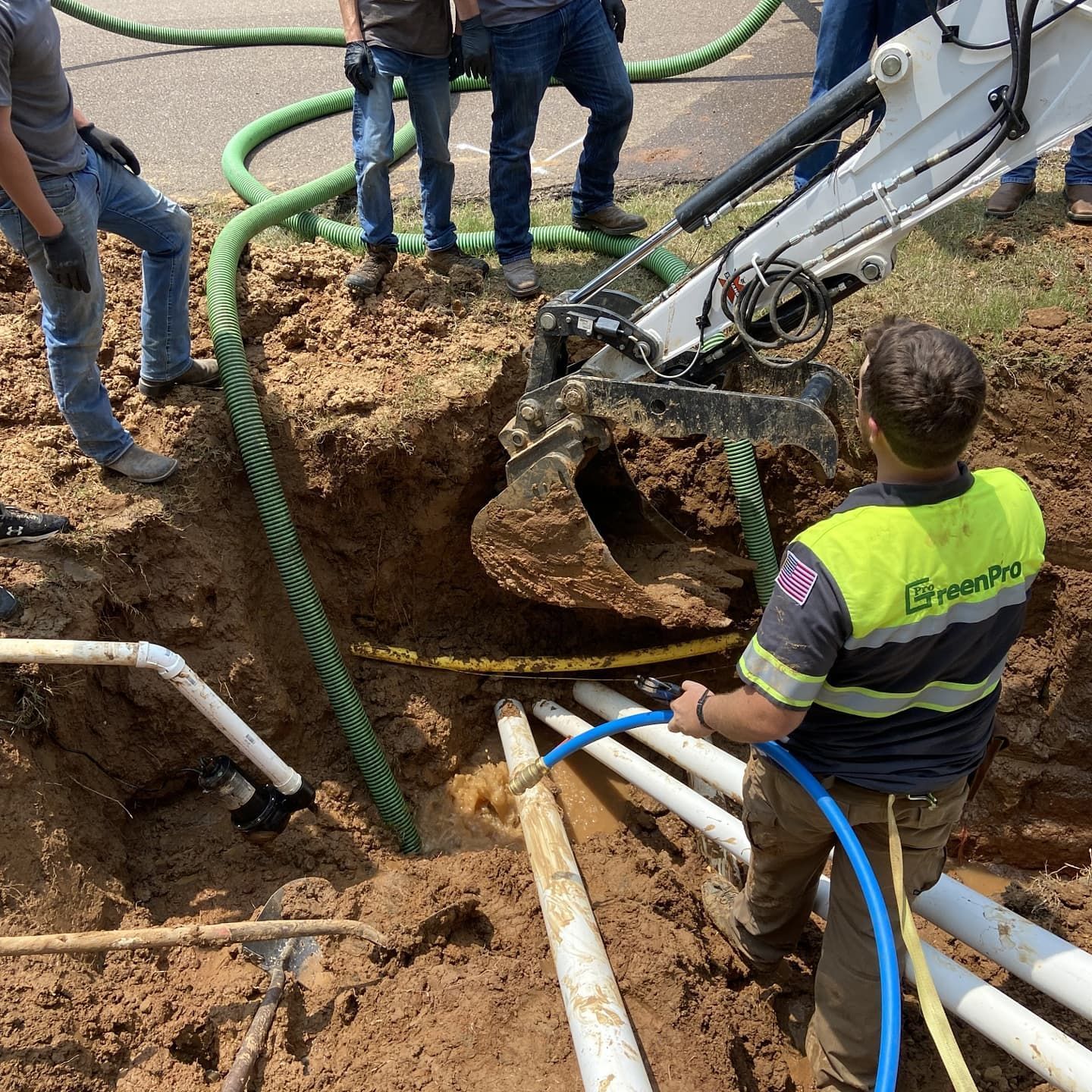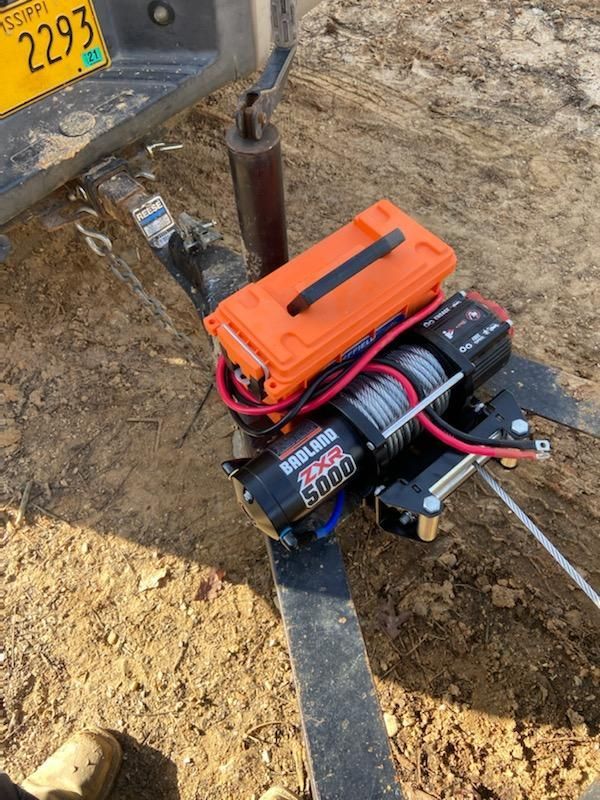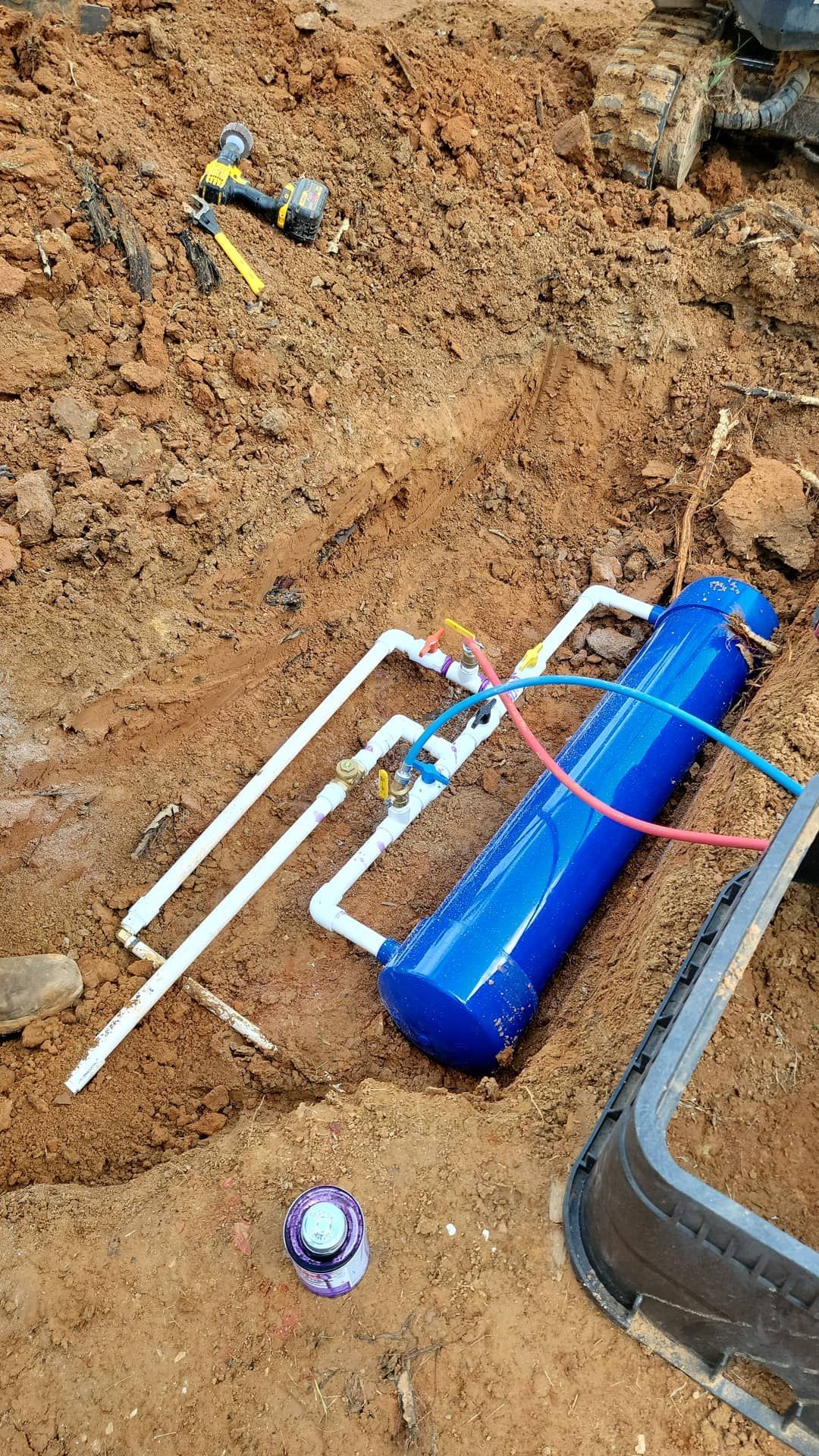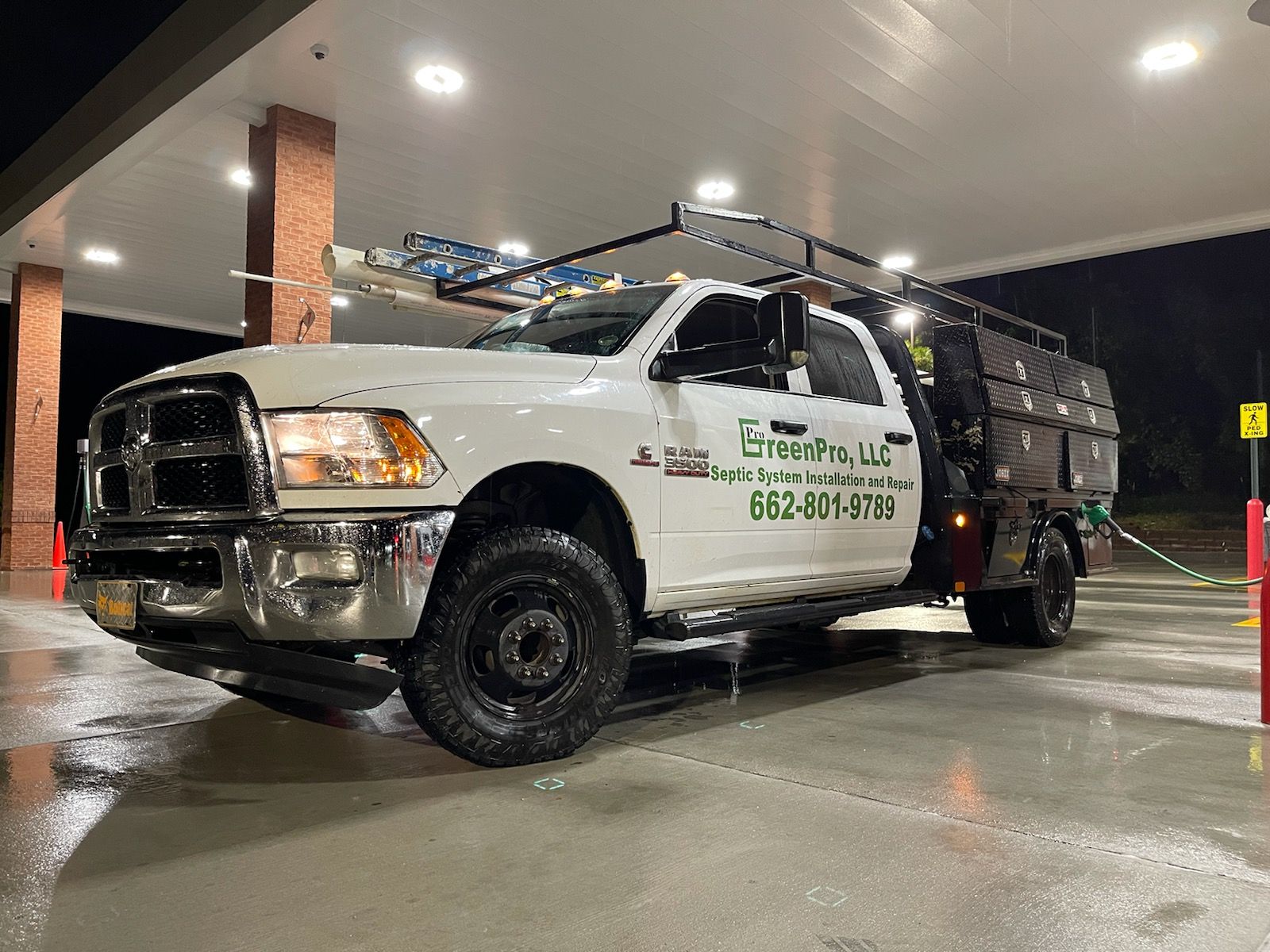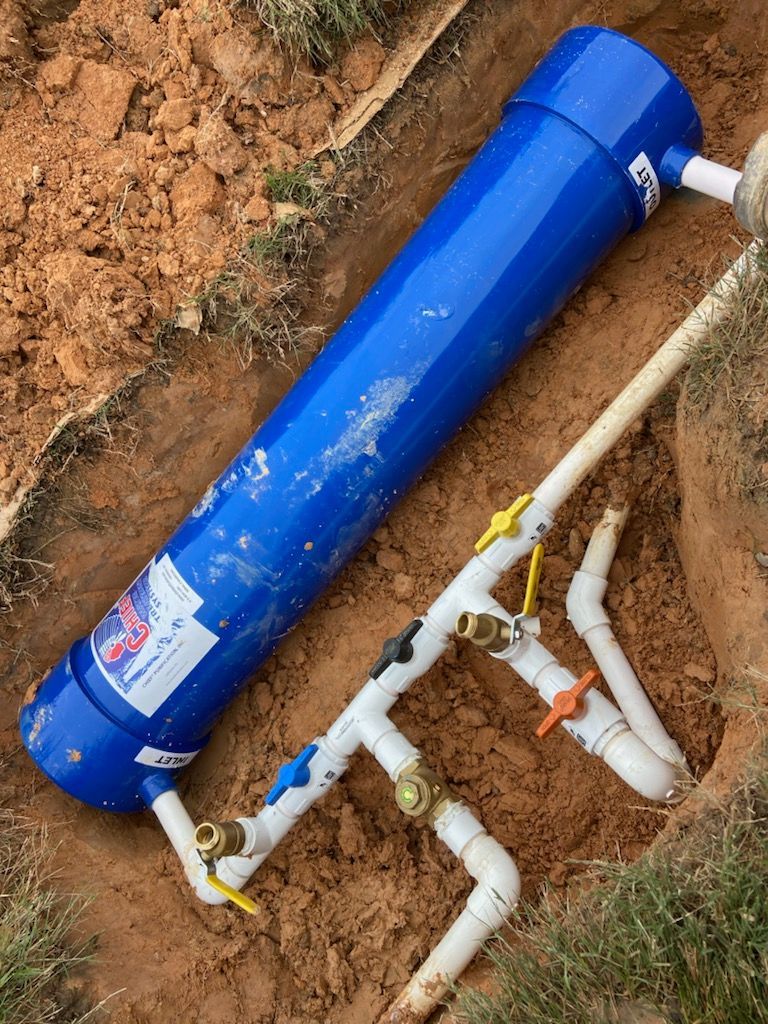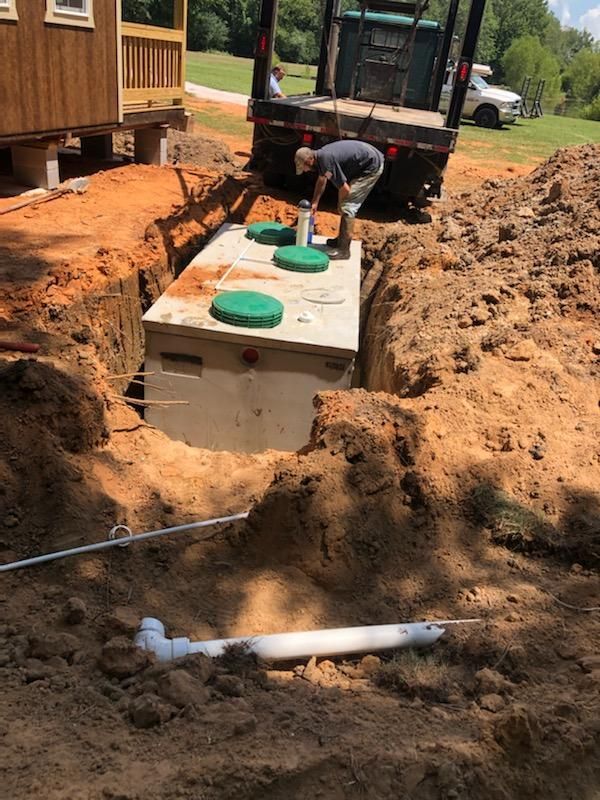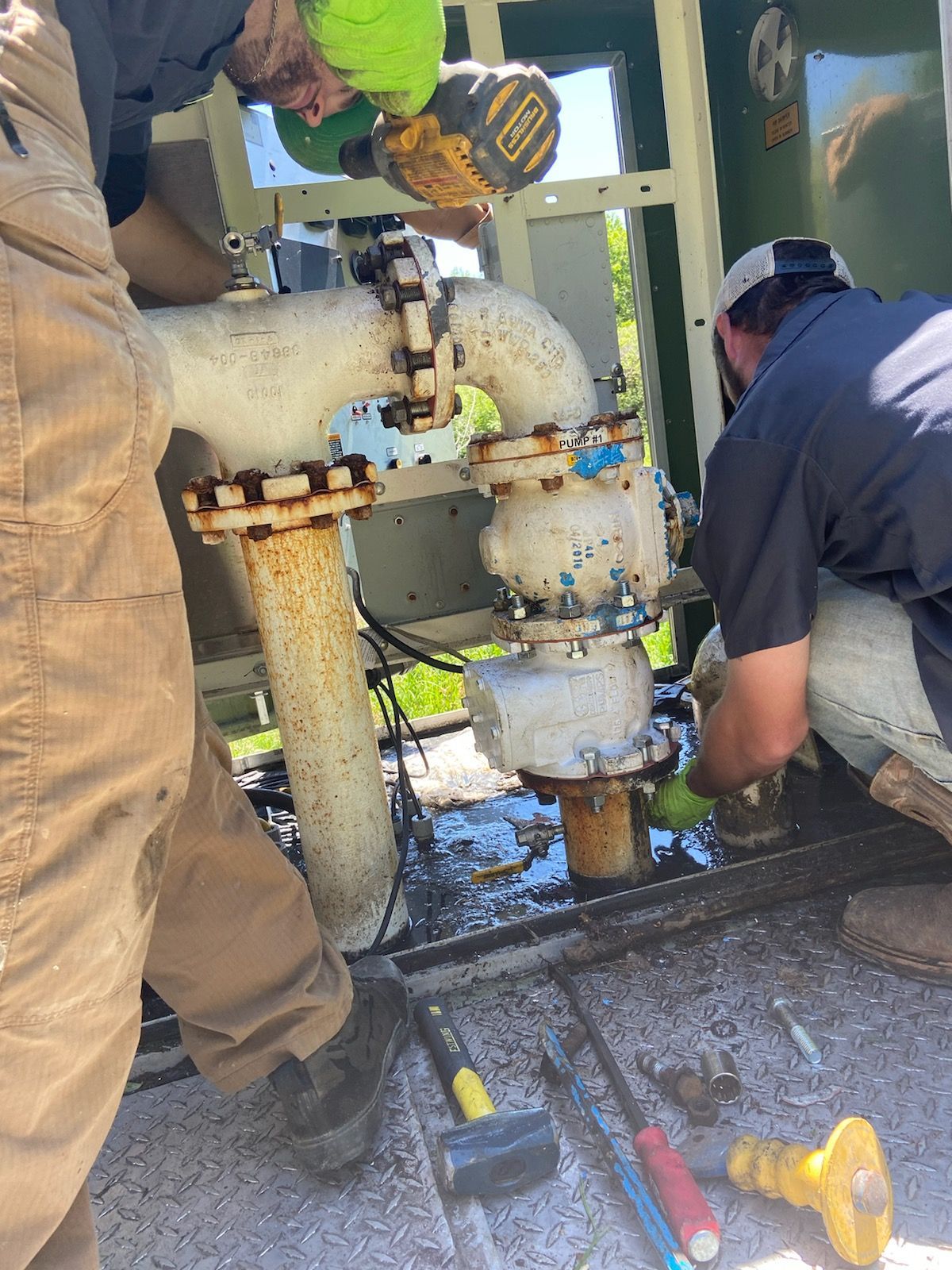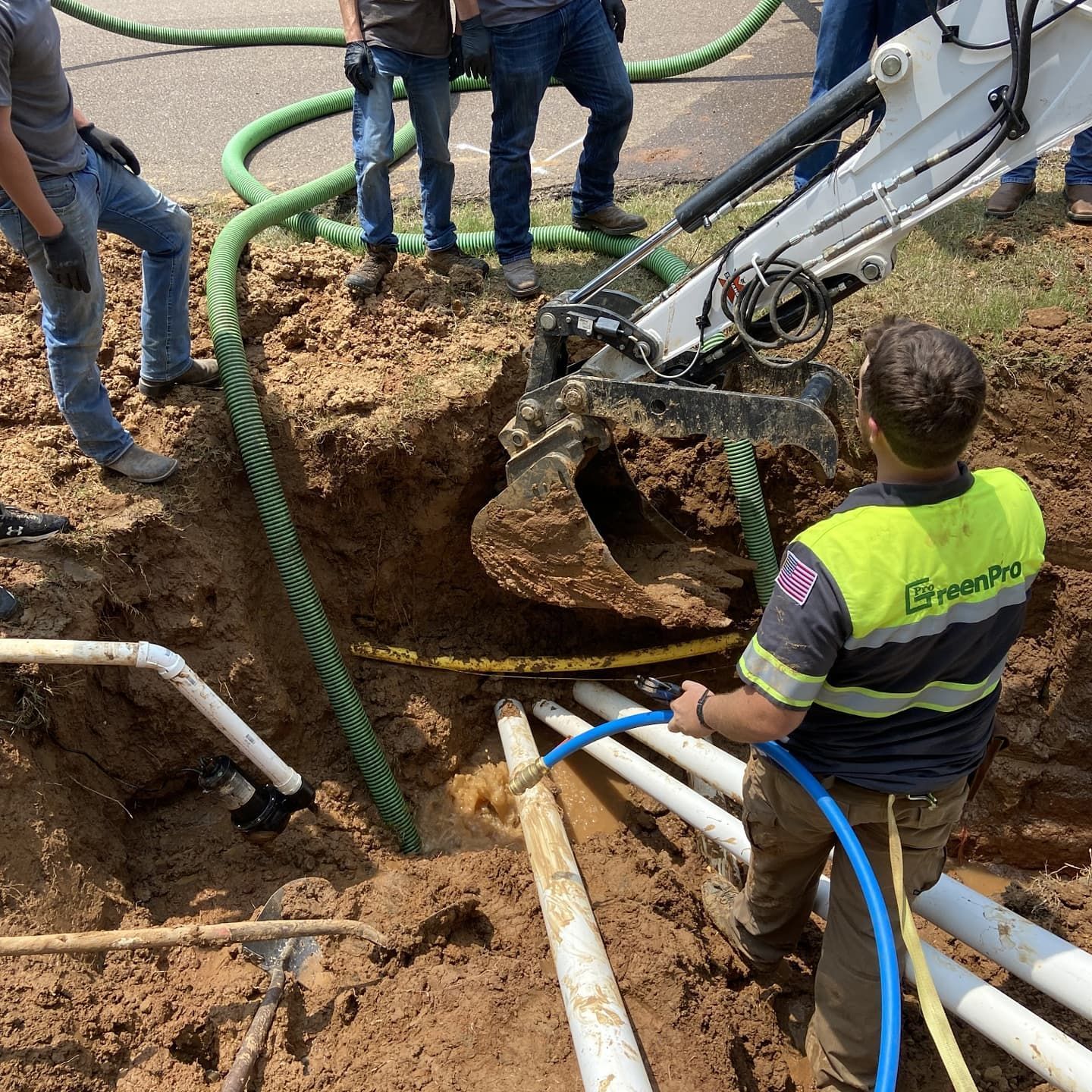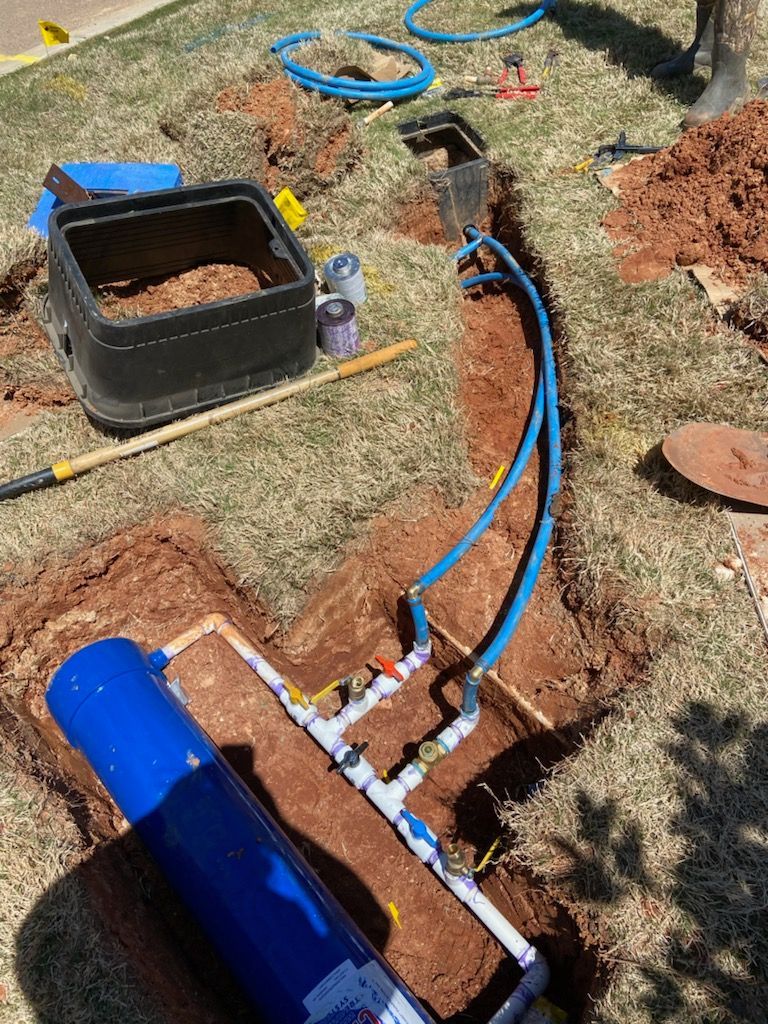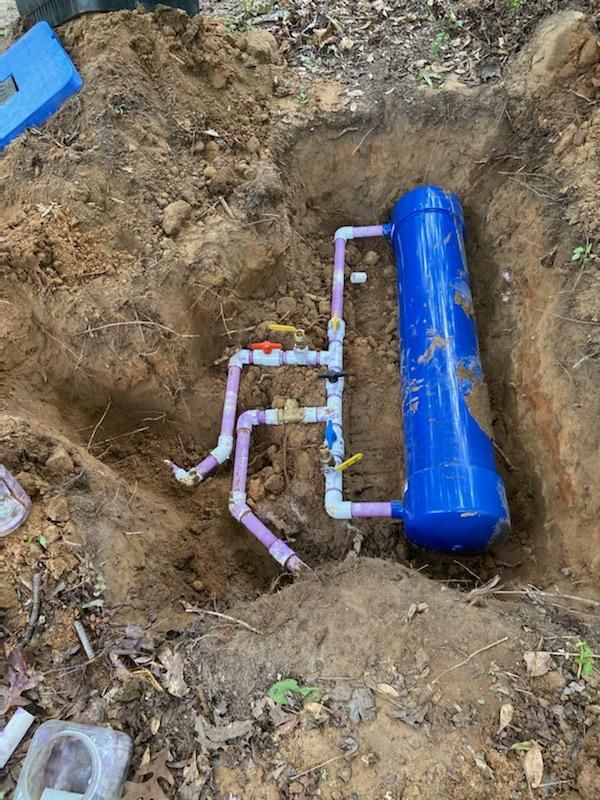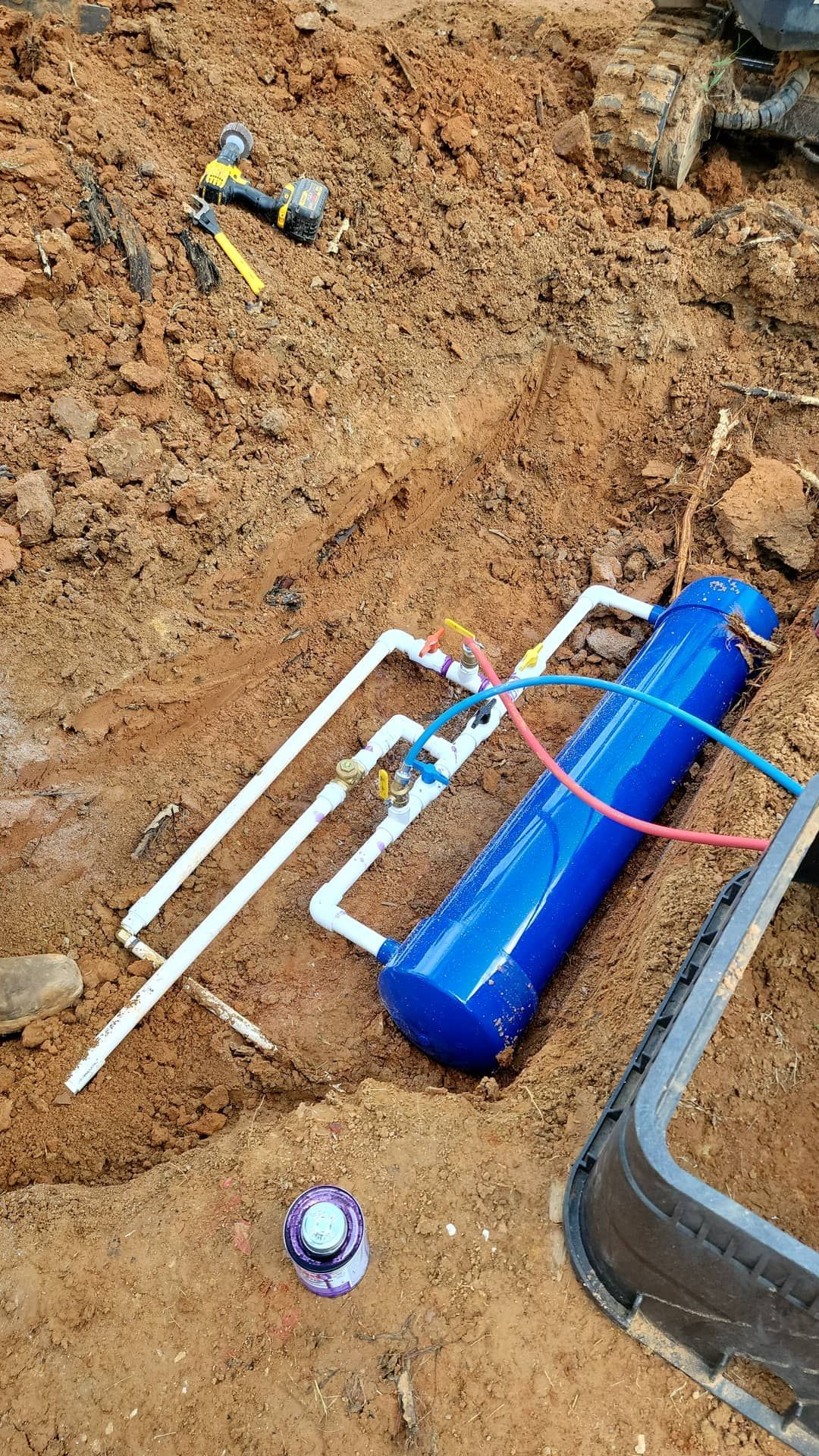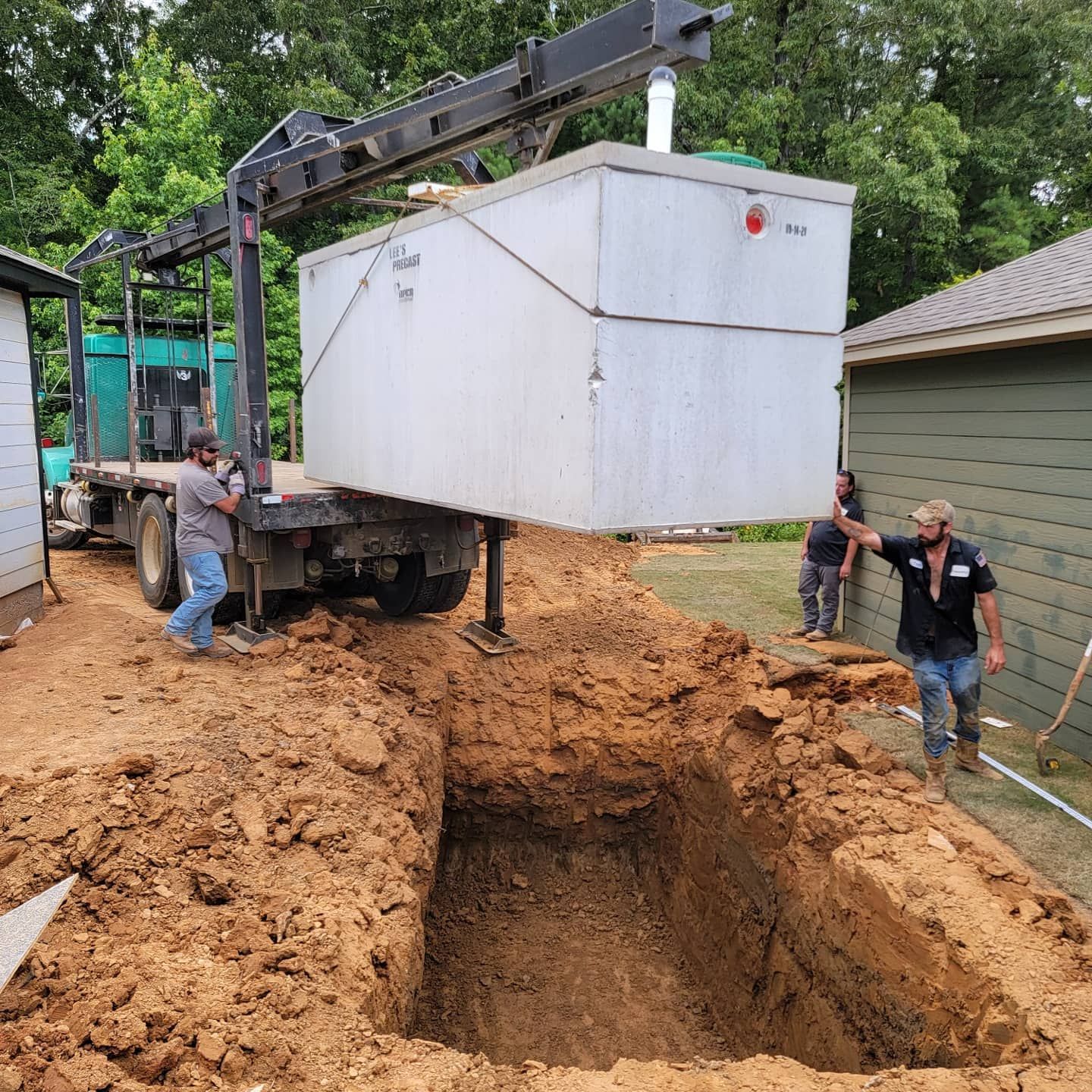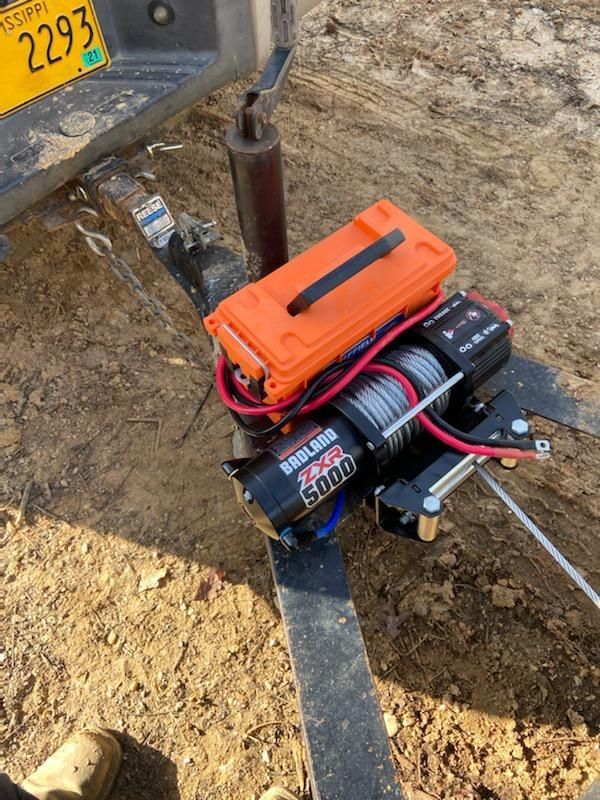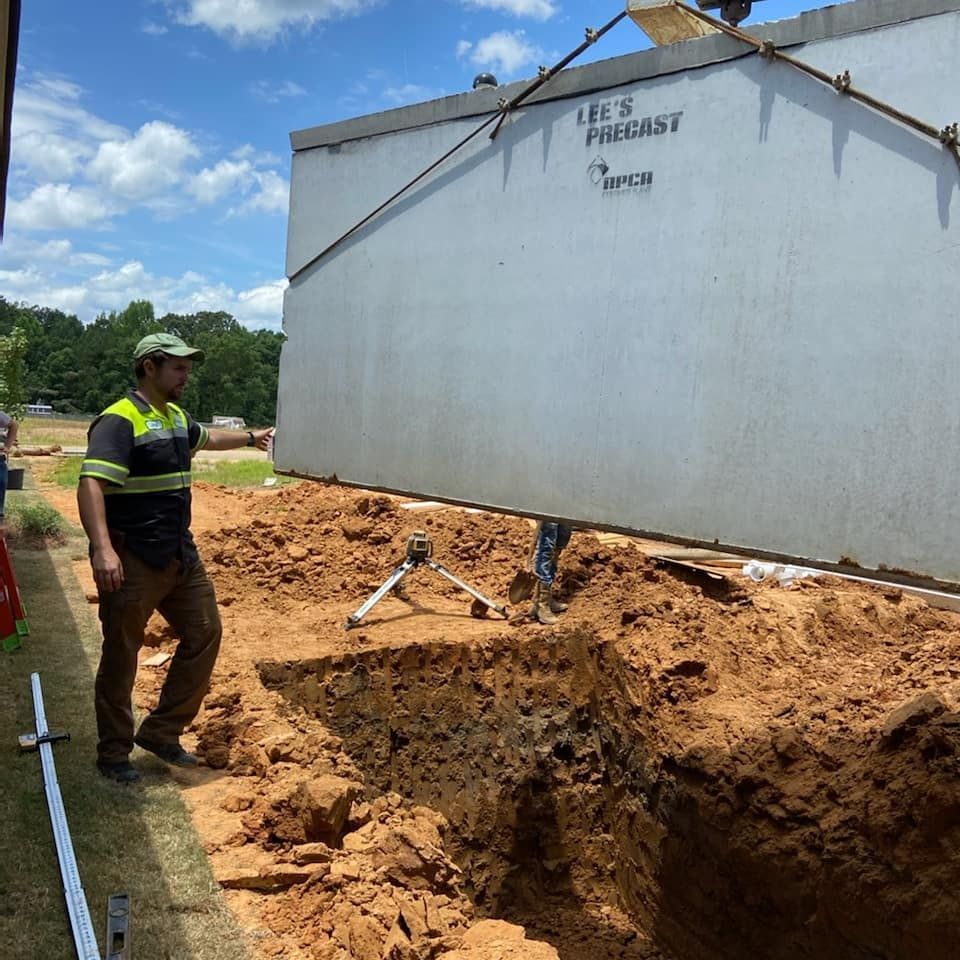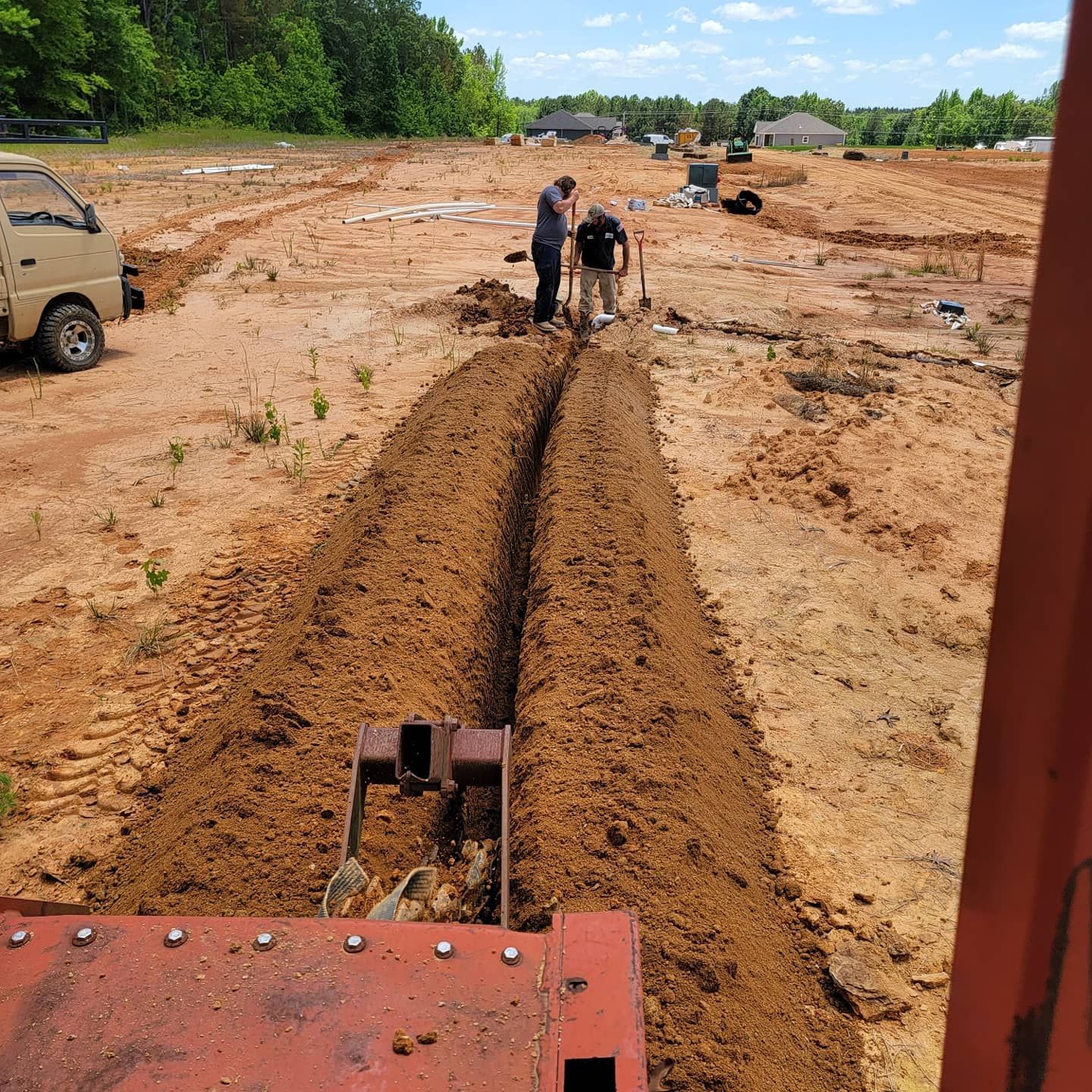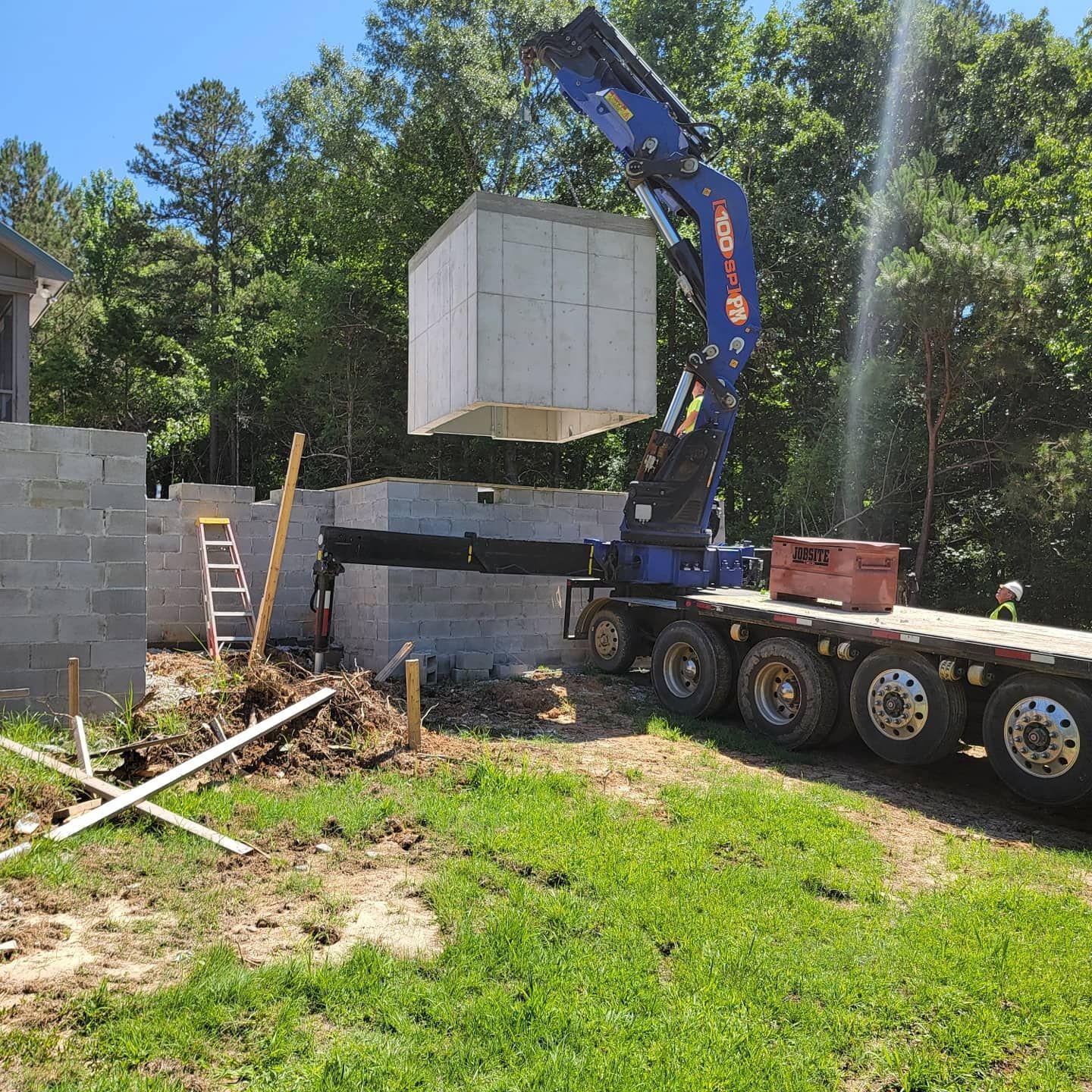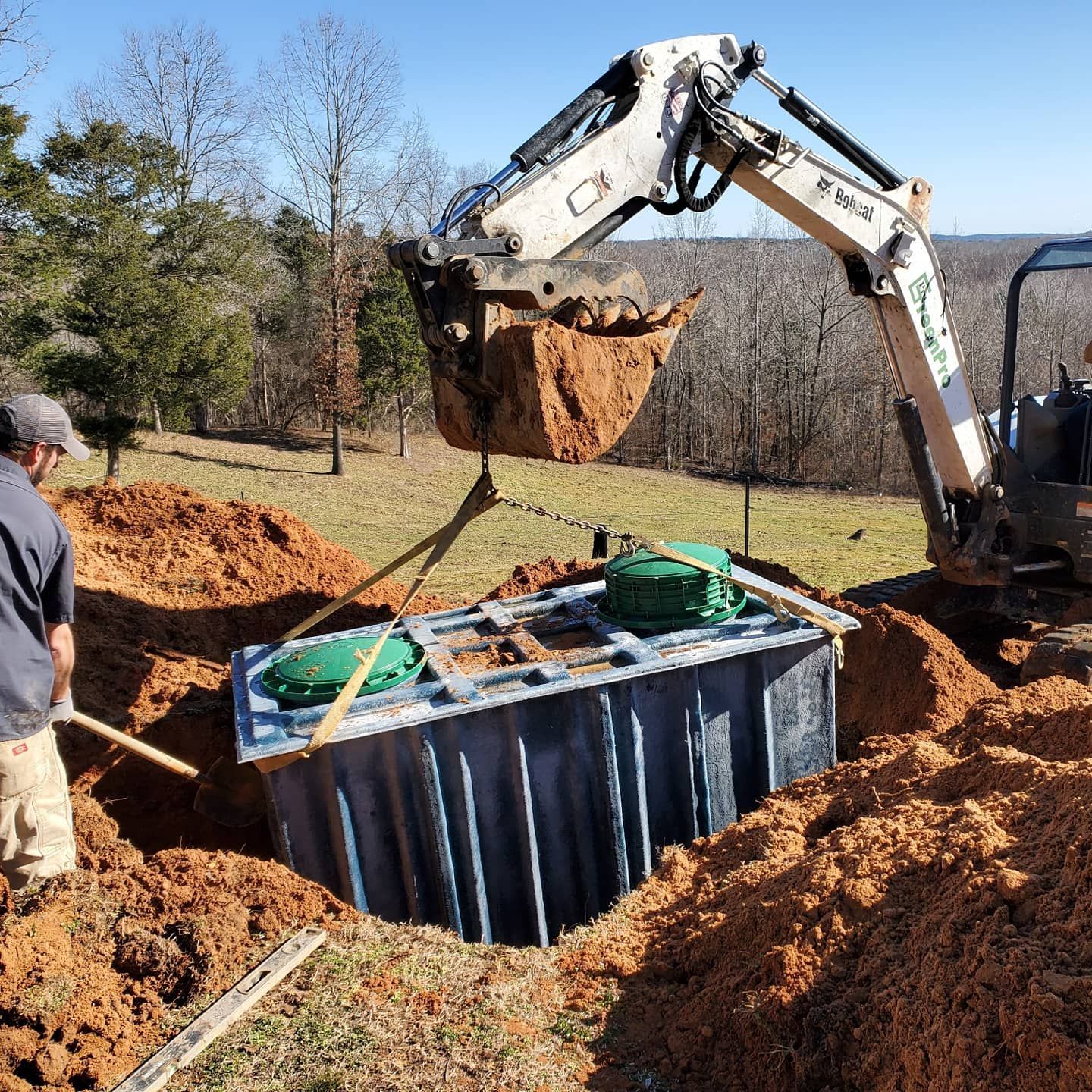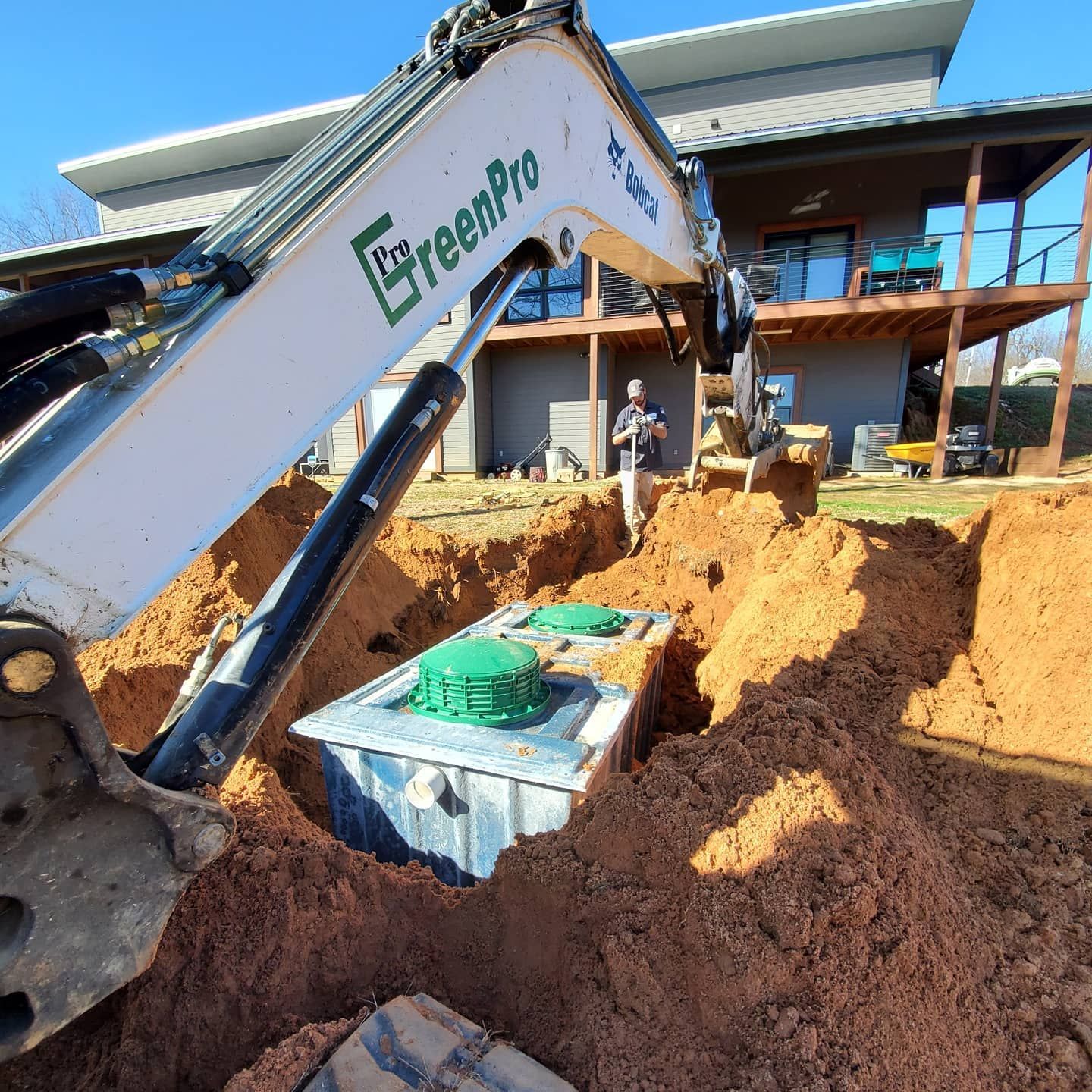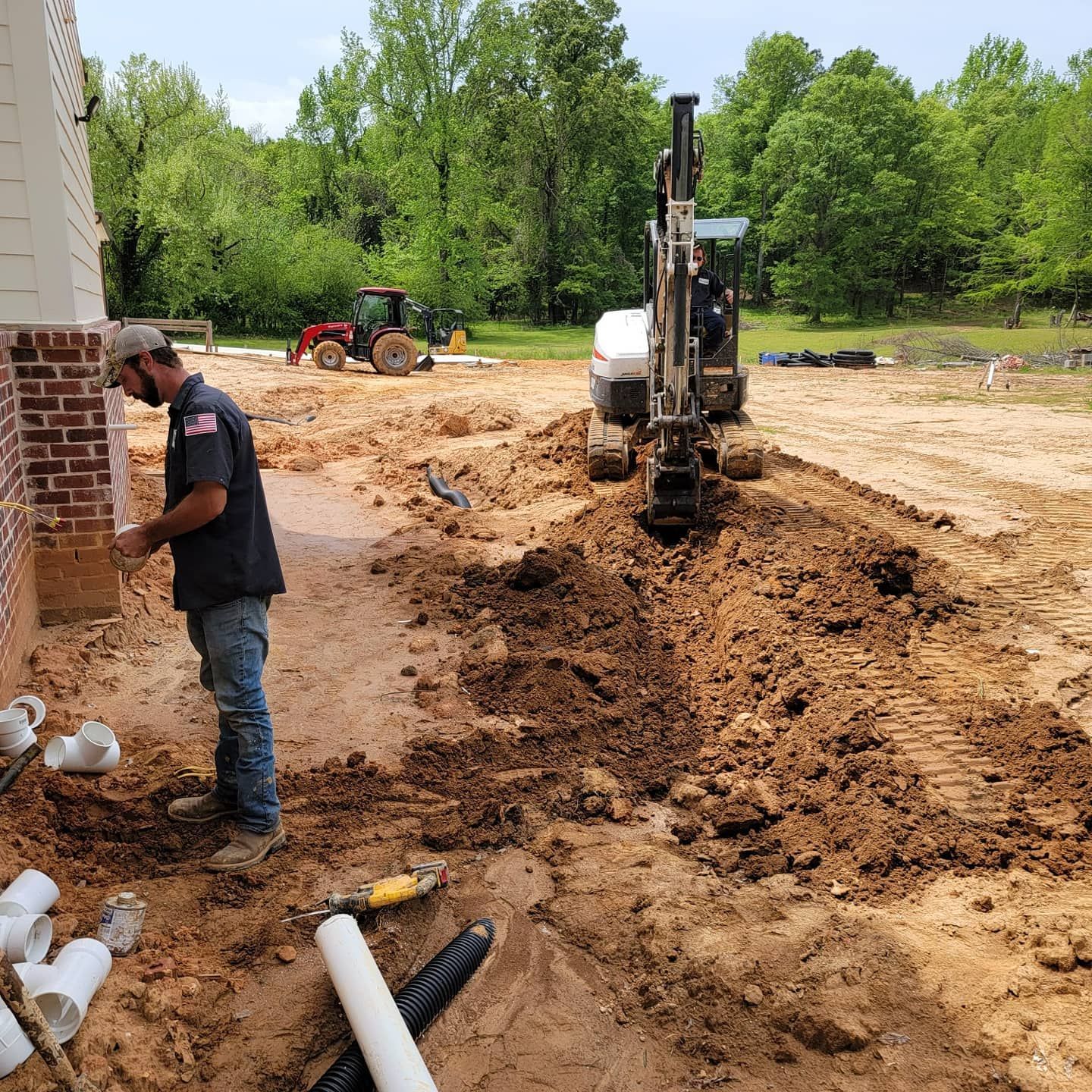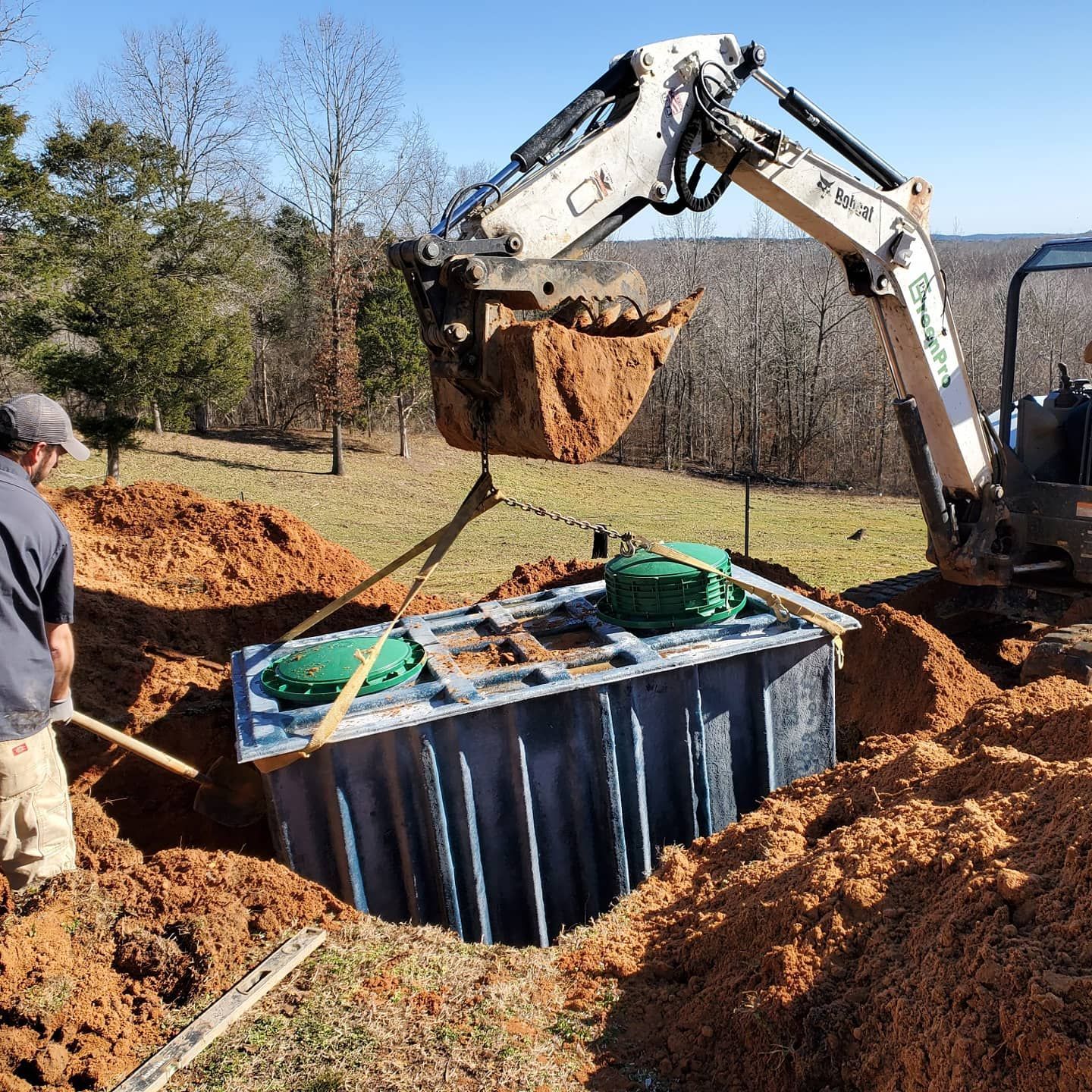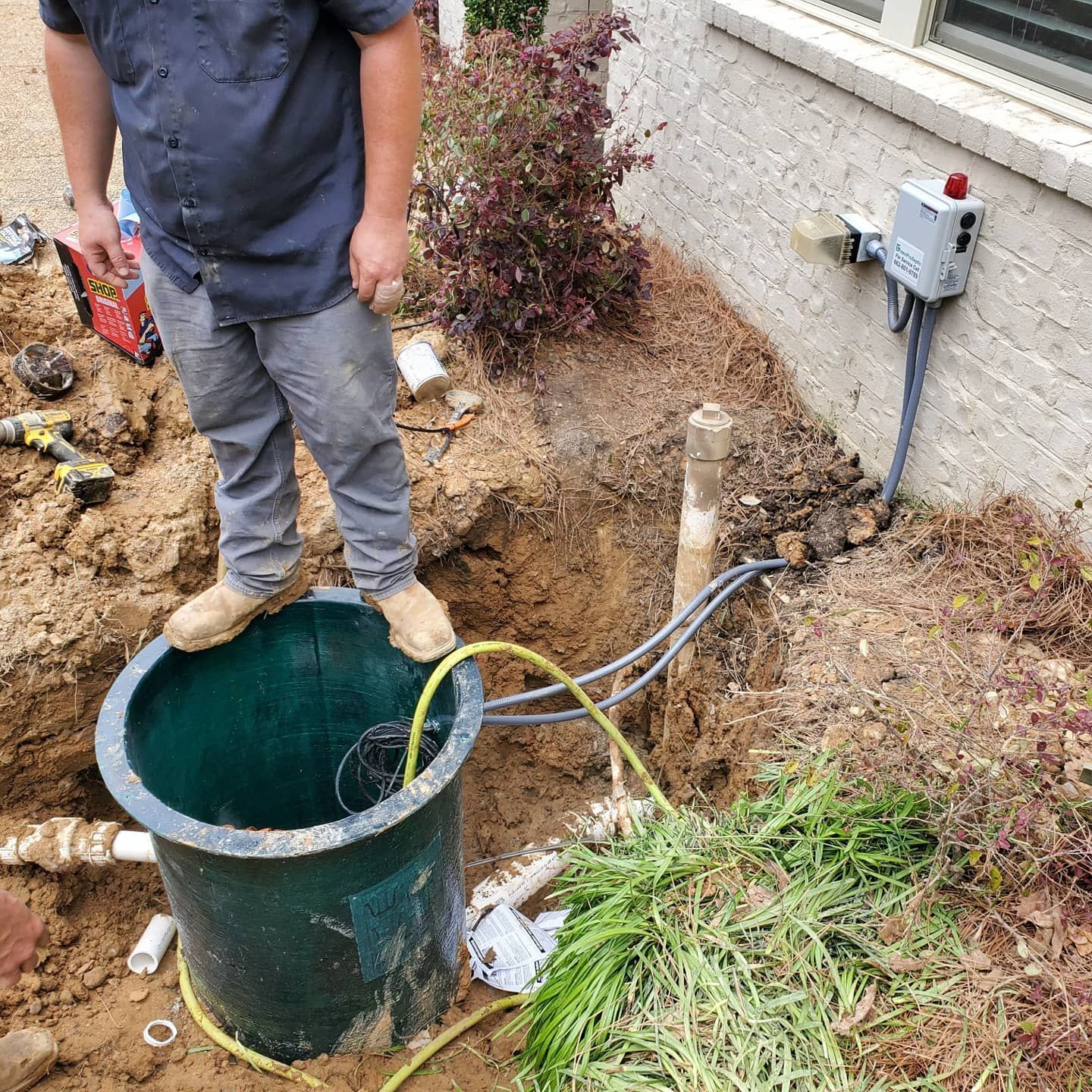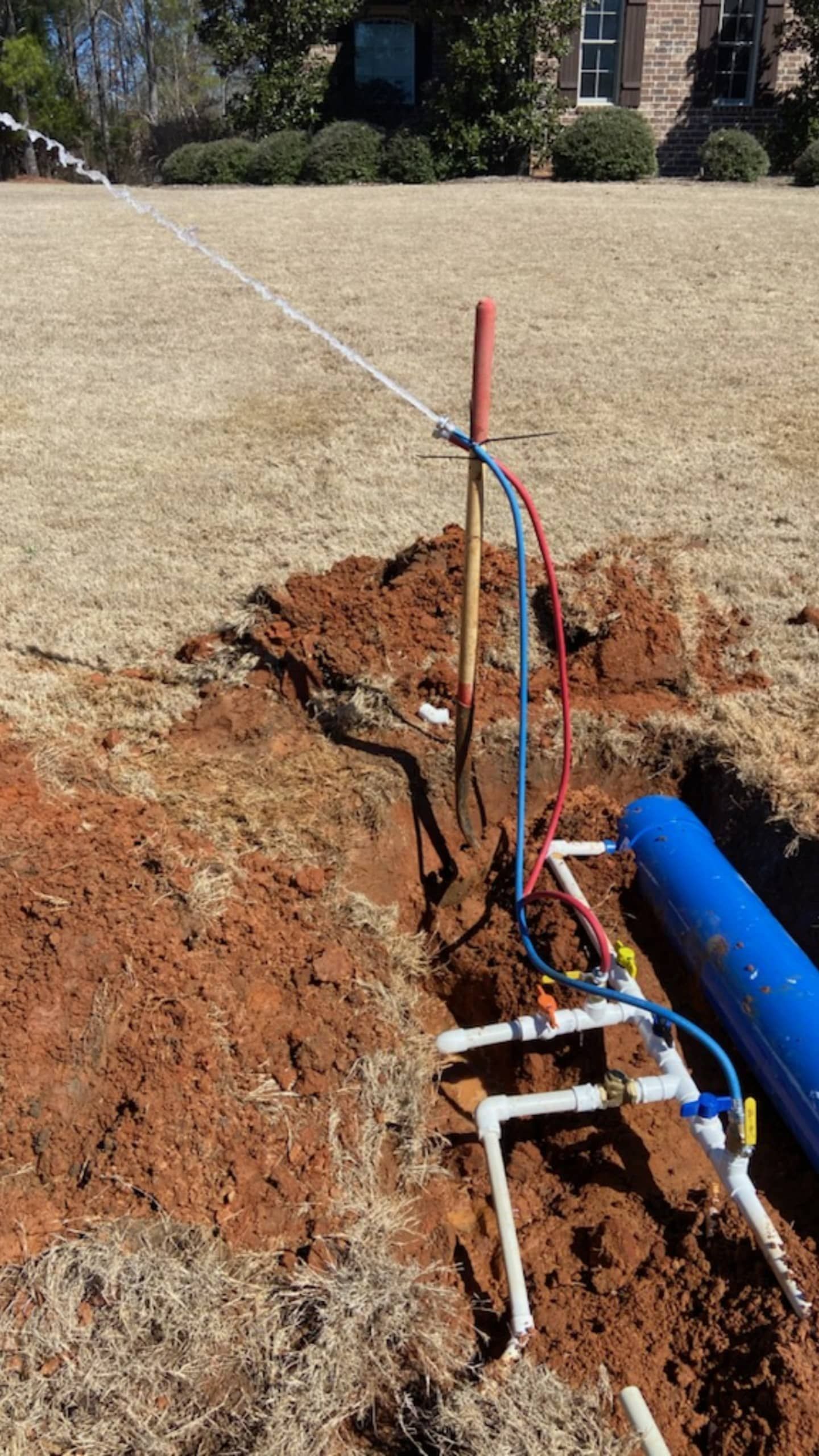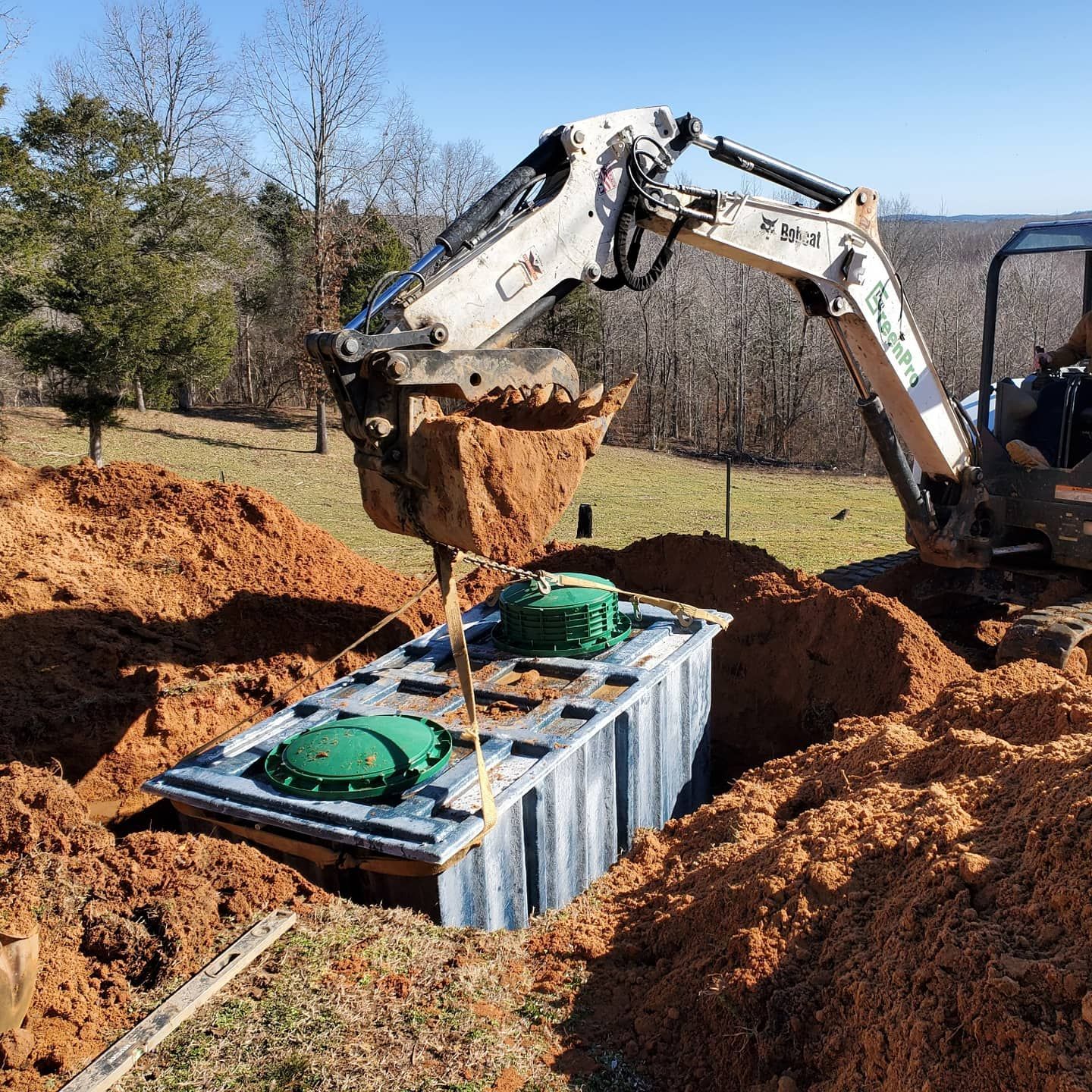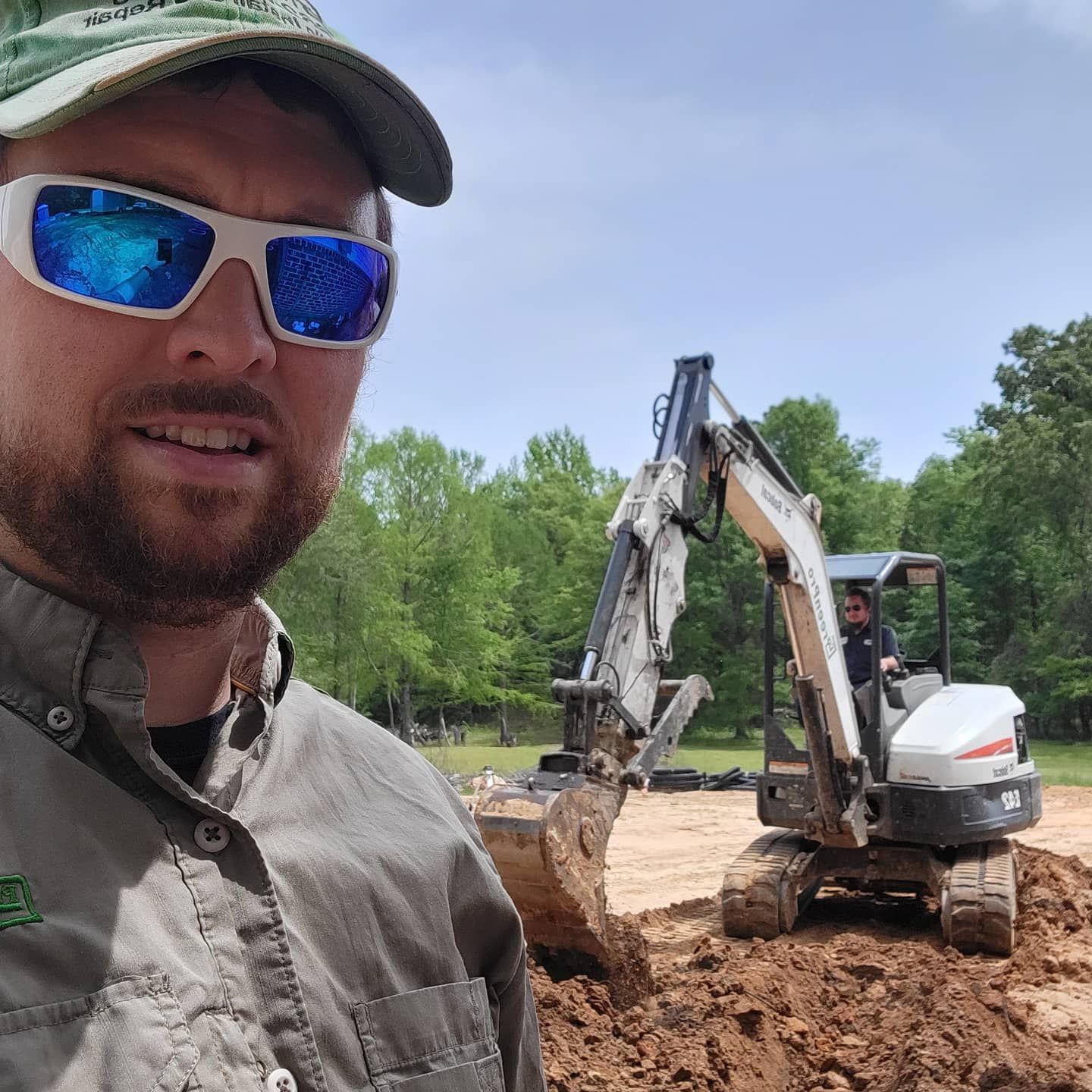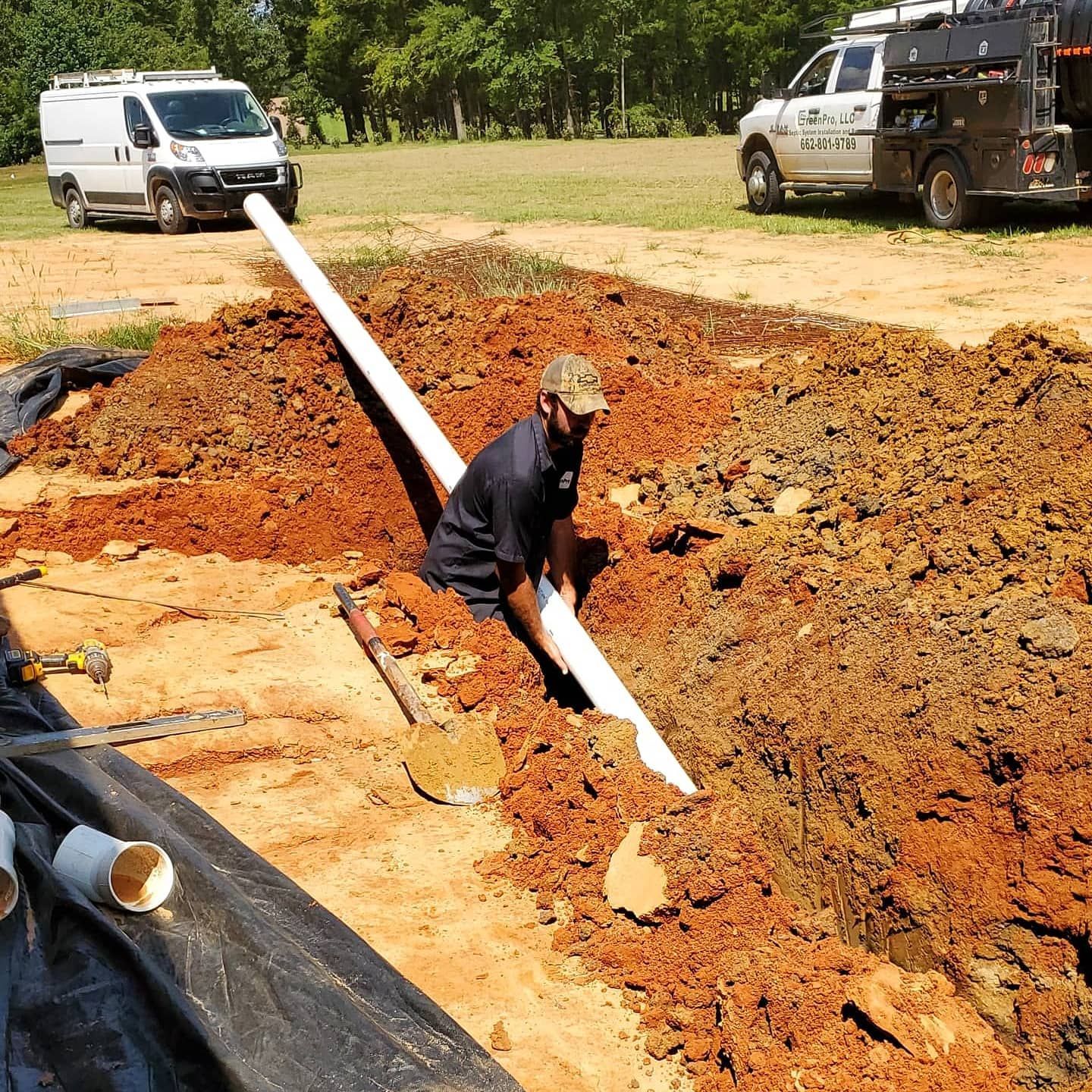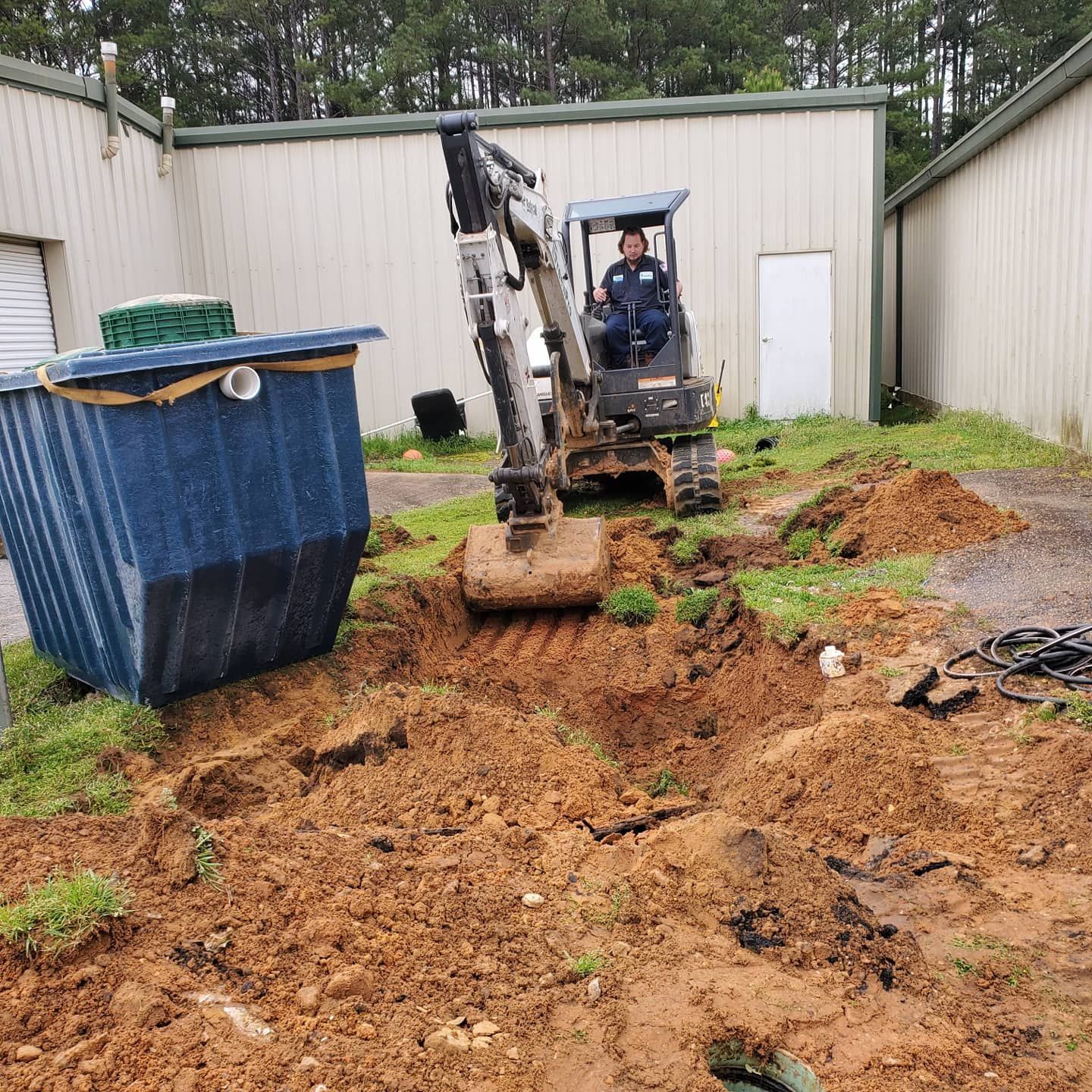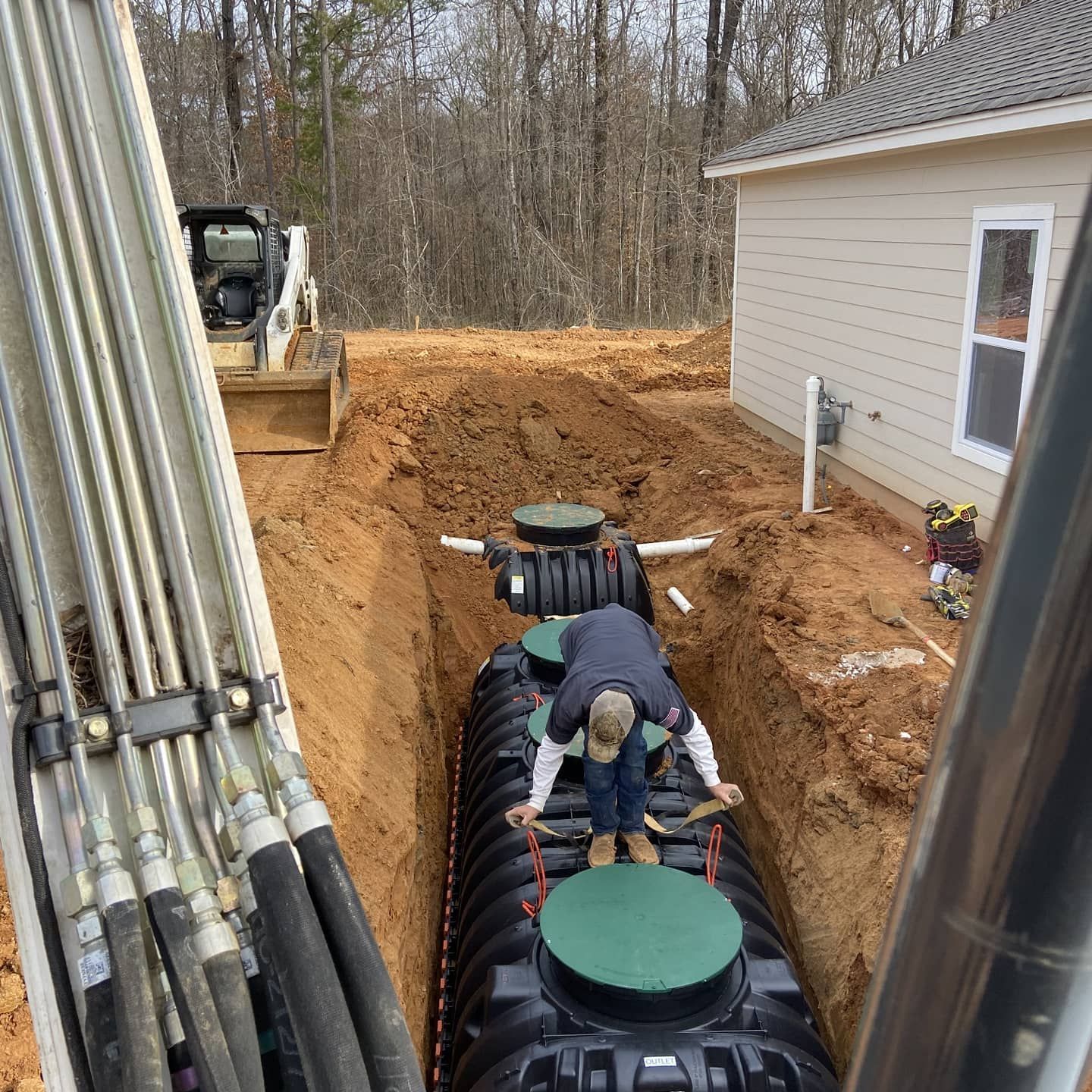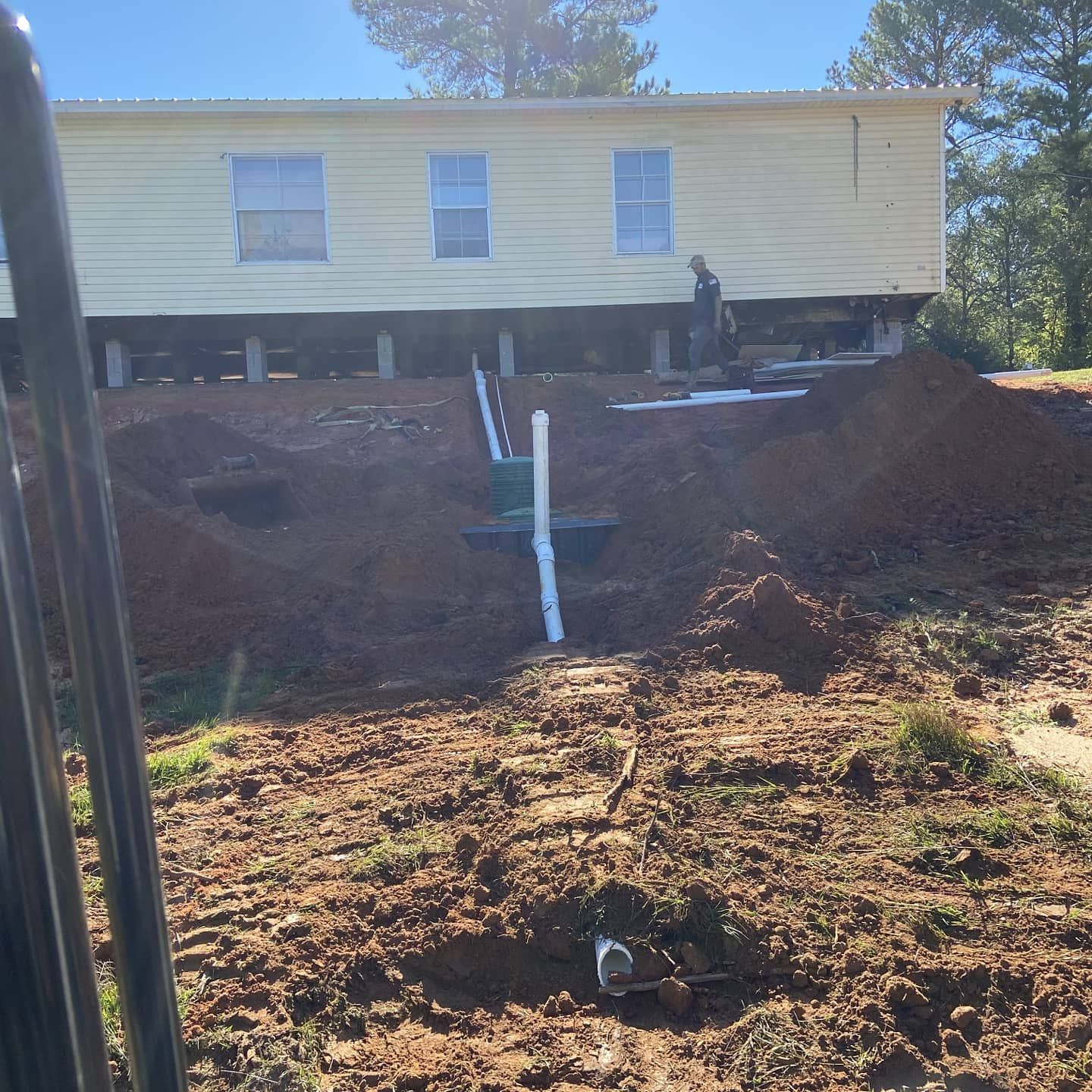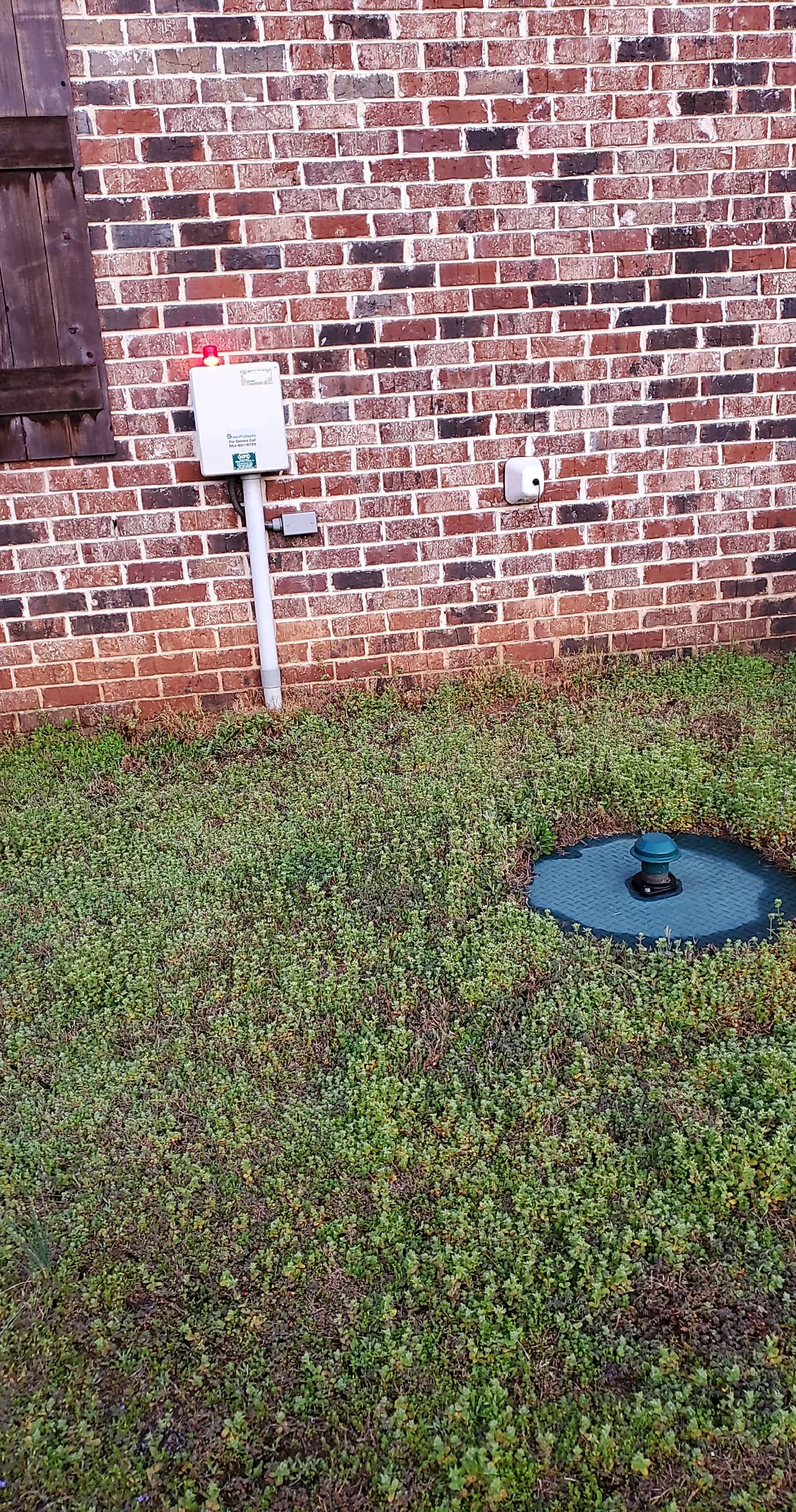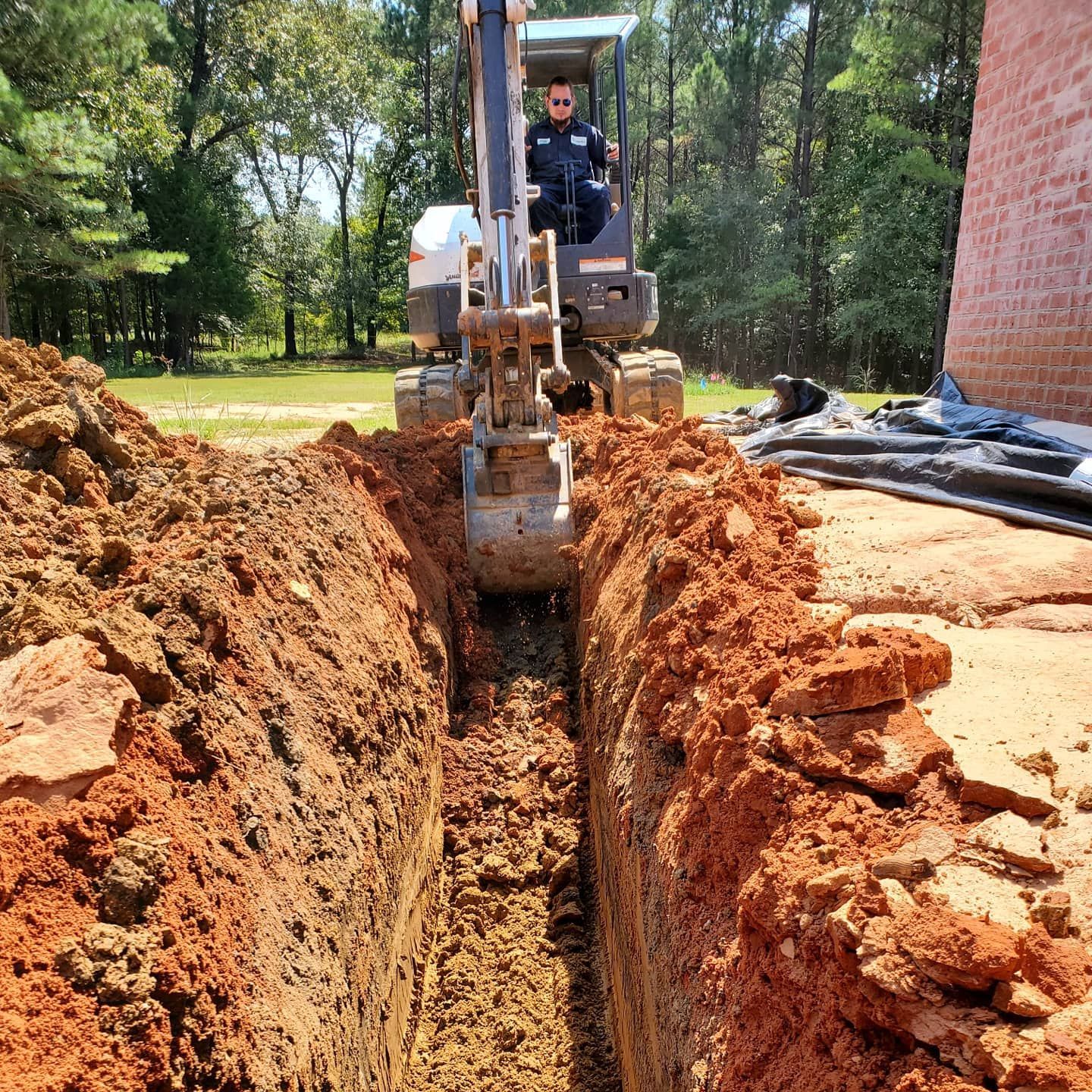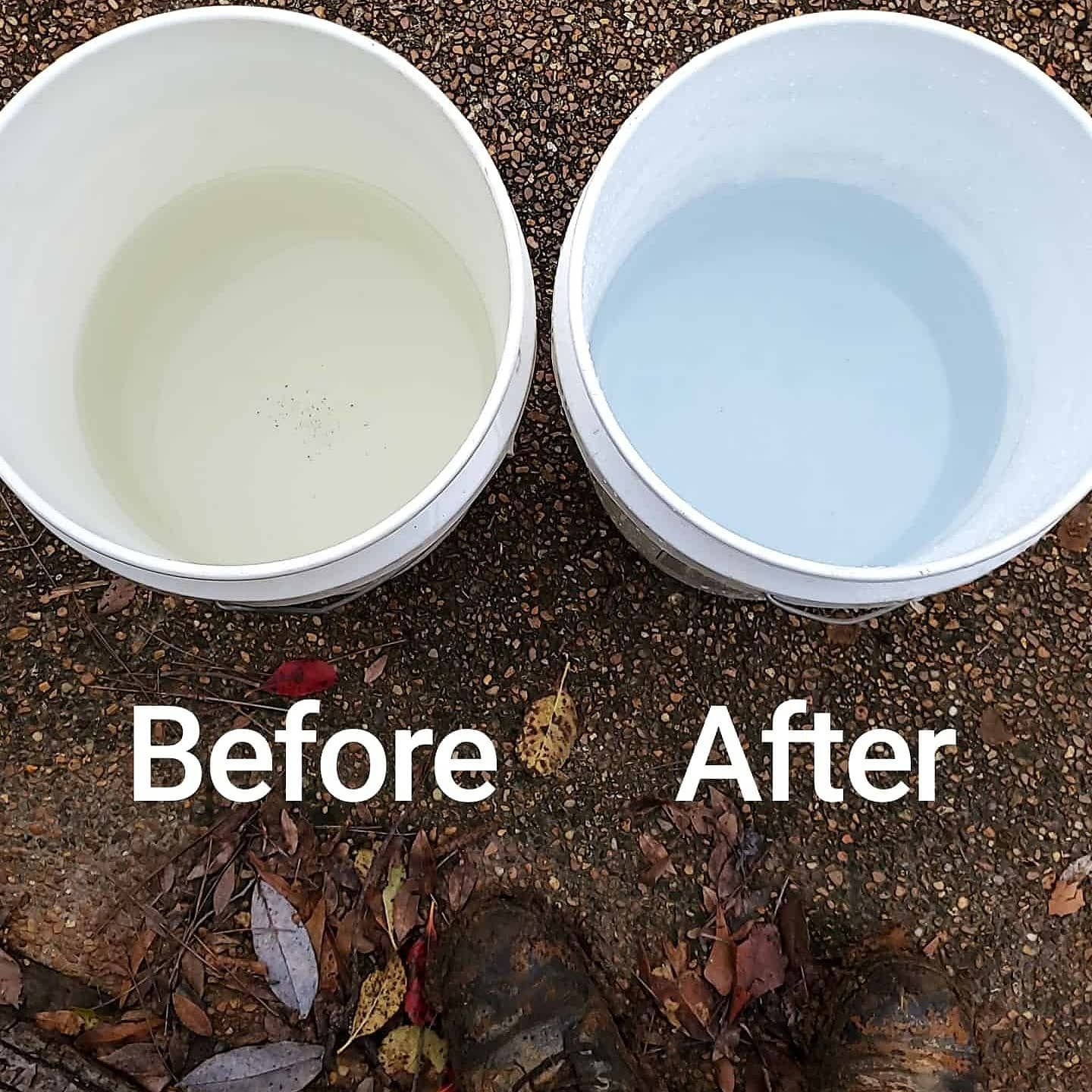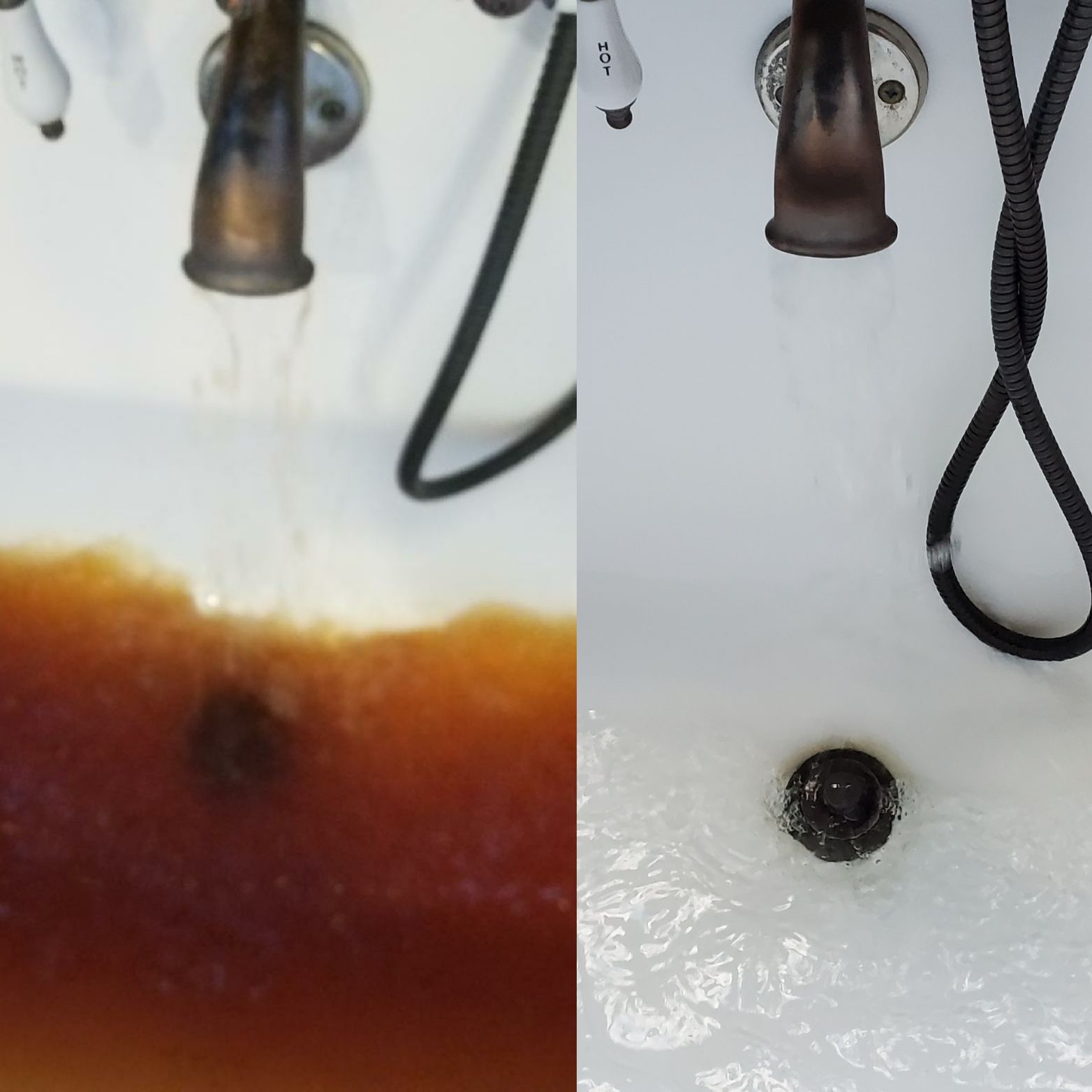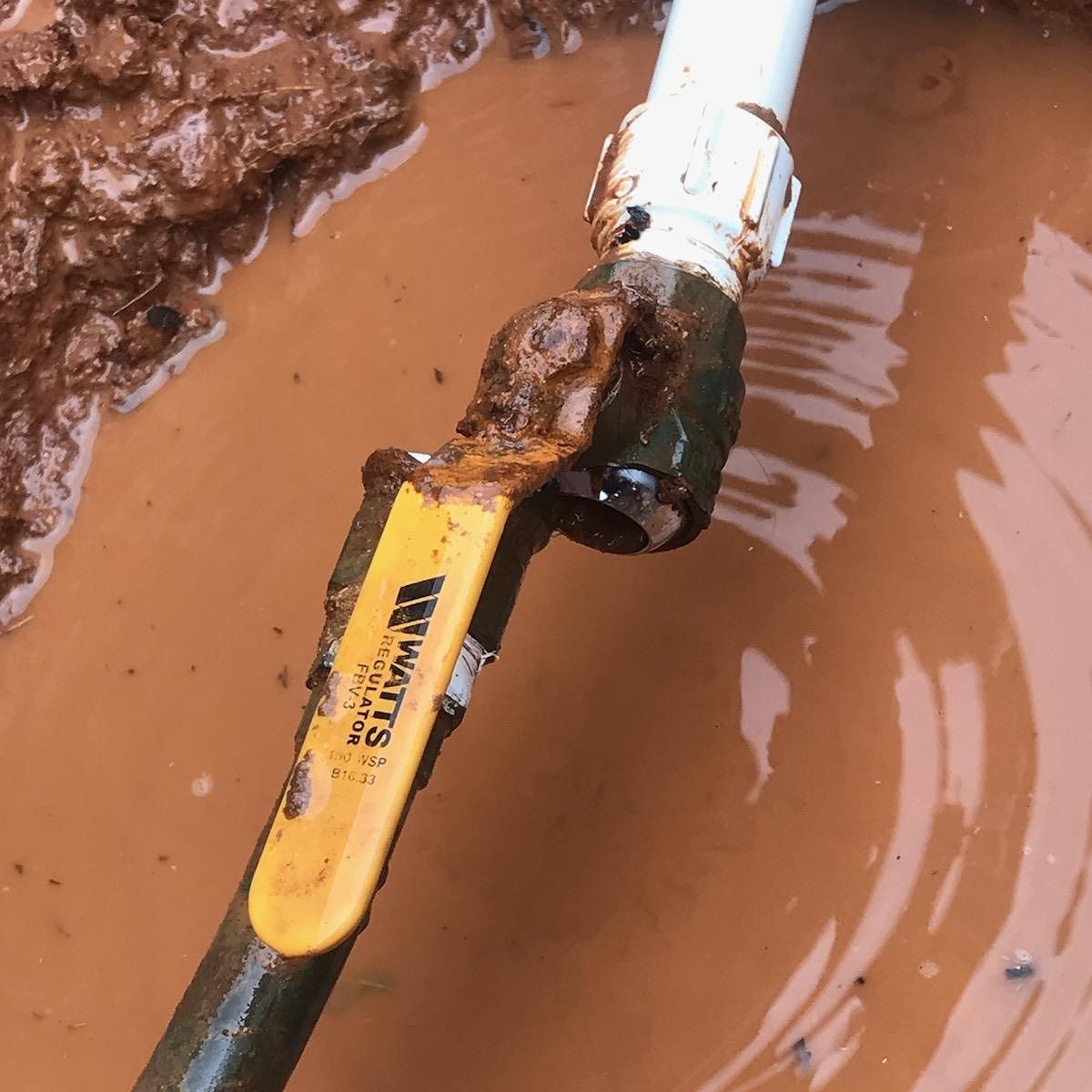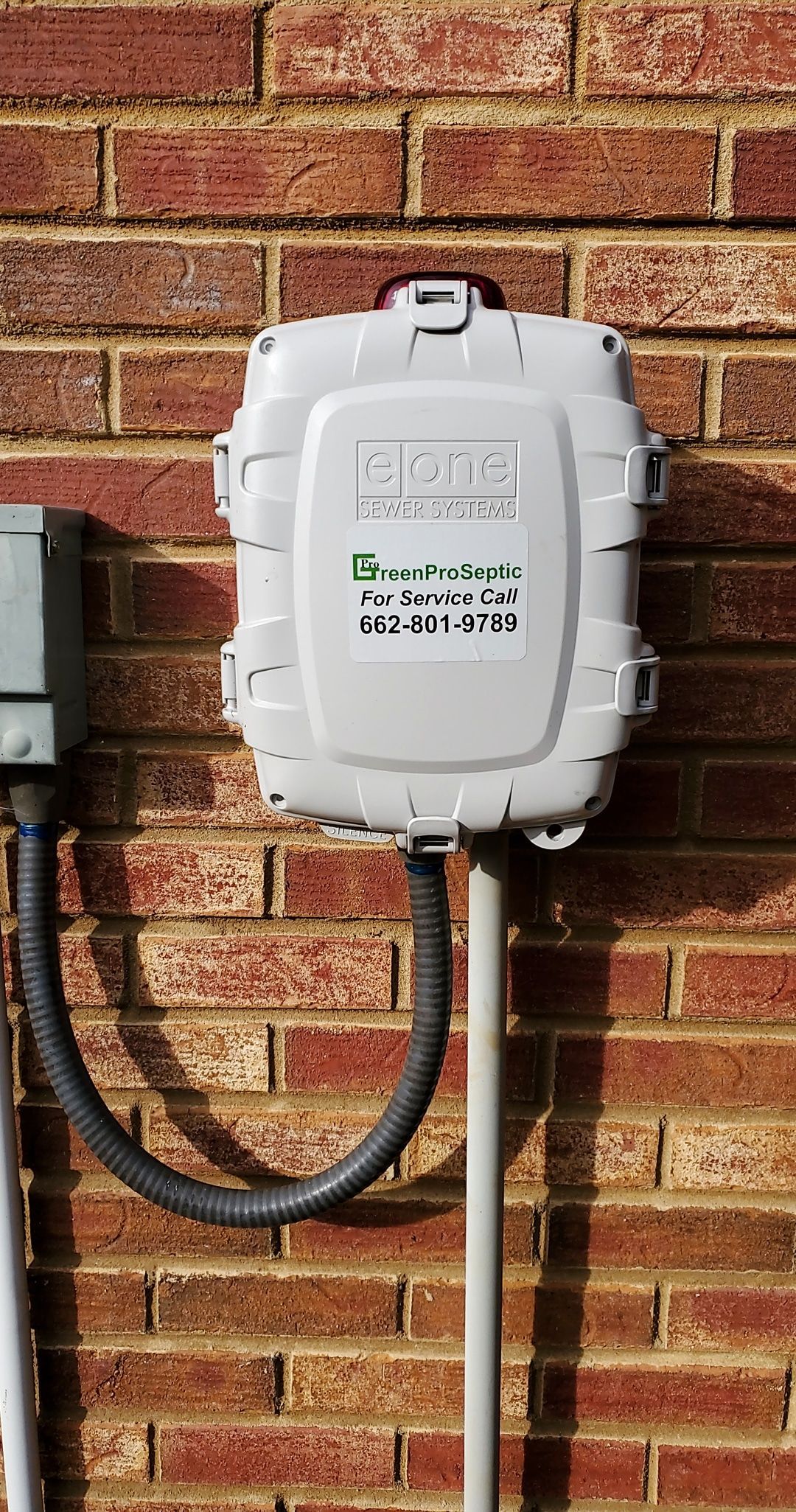Everything You Should Know About a Septic System
Jake Clemons • April 22, 2023
Everything You Should Know About a Septic System
How Does a Septic System Work?
A septic system consists of a septic tank, drain field, and soil. Wastewater from your home flows into the septic tank, where it is treated and separated into three layers: solids, liquid, and scum. The solids sink to the bottom and form a layer of sludge, while the scum floats to the top. The liquid in the middle layer, also known as effluent, flows out of the tank and into the drain field. The drain field is a series of perforated pipes that distribute the effluent evenly into the soil, where it is further treated by naturally occurring bacteria and microorganisms.
Types of Septic Systems
There are several different types of septic systems, including conventional systems, aerobic systems, and mound systems. Conventional systems are the most common and consist of a septic tank and a drain field. Aerobic systems use an additional chamber to inject oxygen into the wastewater, which helps break down the organic matter more efficiently. Mound systems are used in areas with shallow soil, and they consist of an elevated mound of soil and sand that provides additional treatment and disposal.
Maintenance
Proper maintenance is crucial to the long-term performance and efficiency of a septic system.
Here are some tips to help you maintain your system:
- Regular Pumping: The septic tank should be pumped every 3-5 years, depending on the size of the tank and the number of occupants in the house. Regular pumping prevents the accumulation of sludge and scum, which can cause the system to fail.
- Water Conservation: Reducing water usage can help prolong the lifespan of a septic system. Fixing leaks, installing low-flow fixtures, and using water-efficient appliances can all help reduce water usage.
- Avoid Flushing Non-Biodegradable Items: Flushing non-biodegradable items such as wipes, sanitary products, and paper towels can clog the system and cause backups.
Common Problems
Septic systems can experience a range of problems, from minor leaks to complete system failures.
Here are some common problems and their causes:
- Clogs: Clogs can occur in the pipes leading to the septic tank or in the drain field. They are usually caused by flushing non-biodegradable items, such as wipes and sanitary products, down the toilet.
- Tree Roots: Tree roots can infiltrate and clog septic system pipes, causing backups and system failures.
- Tank Damage: Tank damage can occur due to age, corrosion, or physical damage, such as heavy equipment driving over the tank.
In conclusion, a septic system is an essential component of a property's wastewater management infrastructure. Understanding how it works, the different types of systems available, and proper maintenance is crucial to ensuring the system's longevity and efficiency. Regular pumping, water conservation, and avoiding flushing non-biodegradable items can help prevent common problems such as clogs, tree roots, and tank damage.

Regular septic tank cleaning is essential for maintaining hygiene and preventing system failure in Batesville, MS. Over time, solid waste and sludge accumulate in the tank, reducing its capacity and hindering proper wastewater treatment. Professional septic tank cleaning services remove accumulated debris, ensuring optimal system performance and preventing costly repairs. In this guide, we'll explore the importance of septic tank cleaning in Batesville, MS, and provide valuable insights into the process and benefits of professional cleaning services. Understanding the Importance of Septic Tank Cleaning: Septic tank cleaning is a vital maintenance task that helps prevent system backups, odors, and environmental contamination. As wastewater flows into the septic tank, solid waste settles at the bottom, forming sludge, while lighter materials, such as grease and scum, float to the surface. Over time, these layers of waste accumulate, reducing the tank's effective capacity and impeding the treatment process. Regular cleaning removes accumulated solids, preventing blockages and ensuring efficient wastewater treatment. Signs That Your Septic Tank Needs Cleaning: Several signs indicate that your septic tank requires cleaning, including slow drains, sewage backups, foul odors, and lush vegetation near the drain field. Additionally, if it's been more than three to five years since your last cleaning, it's advisable to schedule a professional inspection and cleaning to prevent system failure. By being proactive and addressing signs of potential issues promptly, property owners can avoid costly repairs and ensure the longevity of their septic systems. Professional Septic Tank Cleaning Process: Professional septic tank cleaning involves several steps to ensure thorough removal of accumulated solids and debris. The process begins with locating and accessing the septic tank's access ports or inspection risers. Specialized equipment, such as vacuum trucks or pump-out trucks, is used to extract sludge and scum from the tank. High-pressure water jets may also be employed to agitate and dislodge stubborn deposits. Once the tank is empty, it's inspected for signs of damage or deterioration, and any necessary repairs or maintenance tasks are performed. Benefits of Professional Cleaning Services: Hiring a professional septic tank cleaning company offers numerous benefits for property owners in Batesville, MS. Professional cleaners have the expertise, equipment, and experience to safely and effectively remove accumulated solids from the tank. Regular cleaning prevents system backups, odors, and environmental contamination, ensuring the continued reliability and performance of the septic system. Additionally, professional cleaners can identify and address any issues or potential problems during the cleaning process, minimizing the risk of costly repairs down the road. Importance of Regular Maintenance: In addition to regular cleaning, ongoing maintenance is essential for the proper functioning of septic systems in Batesville, MS. Property owners should adhere to recommended maintenance schedules, including periodic inspections, pumping, and tank cleaning, to ensure the longevity and reliability of their systems. By investing in regular maintenance and professional cleaning services, property owners can protect their investment, preserve the environment, and safeguard public health. Conclusion: Septic tank cleaning is a crucial aspect of septic system maintenance in Batesville, MS, ensuring proper hygiene, environmental protection, and system longevity. By understanding the importance of regular cleaning, recognizing signs that indicate the need for cleaning, and investing in professional cleaning services, property owners can ensure the continued reliability and performance of their septic systems for years to come. With proactive maintenance and professional assistance, maintaining hygiene and preventing system failure becomes a manageable task for property owners in Batesville, MS.
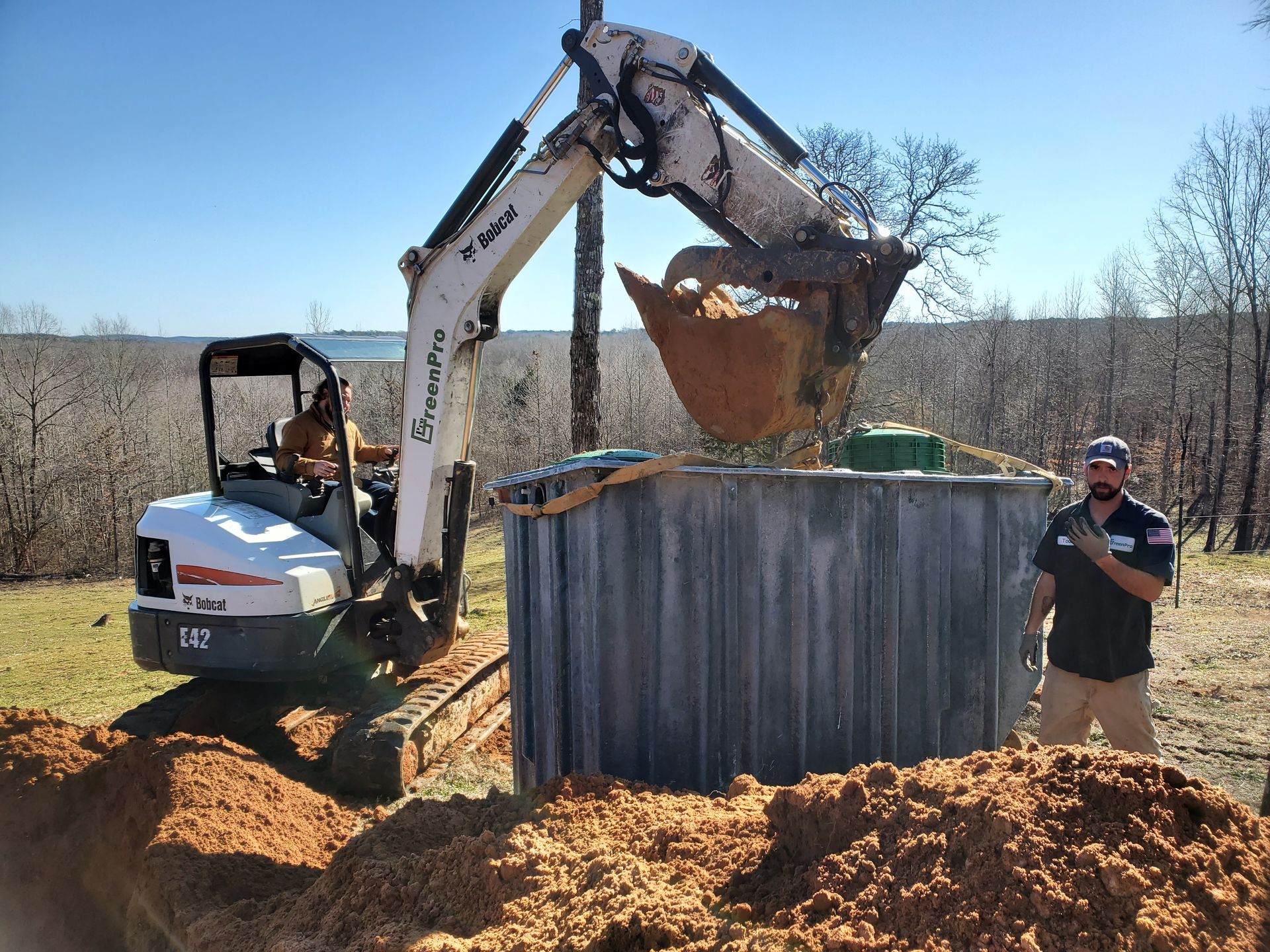
Maintaining a properly functioning septic system is crucial for homeowners in Oxford, MS, to ensure the health and safety of their households and the environment. Professional septic system service plays a vital role in this process, providing essential maintenance and repairs to keep systems running smoothly. In this article, we'll explore the importance of septic system service in Oxford, MS, and the key tasks involved in ensuring smooth operations. Regular Inspections: Regular inspections are essential for identifying potential issues with septic systems before they escalate into costly repairs or failures. Professional septic system service providers in Oxford, MS, conduct thorough inspections of tanks, drain fields, and other components to check for signs of damage, leaks, or clogs. By identifying problems early, homeowners can avoid major disruptions and costly repairs. Pumping and Cleaning: Septic tank pumping and cleaning are necessary maintenance tasks to remove accumulated solids and prevent blockages. Professional septic system service companies in Oxford, MS, offer expert pumping and cleaning services to ensure optimal system performance. Regular pumping and cleaning help prevent backups, odors, and system failures, promoting the longevity of septic systems. Repairs and Upgrades: In addition to routine maintenance, septic system service providers in Oxford, MS, offer repairs and upgrades to address any issues with existing systems and improve their efficiency. Whether it's repairing a damaged tank, replacing faulty components, or upgrading to more advanced technologies, professional service providers can handle a wide range of septic system repairs and upgrades. Drain Field Maintenance: The drain field is a critical component of a septic system, responsible for filtering and treating wastewater before it returns to the environment. Proper maintenance of the drain field is essential to prevent issues such as clogging, saturation, or contamination. Professional septic system service in Oxford, MS, includes regular inspections and maintenance of drain fields to ensure their proper functioning. Emergency Services: Septic system emergencies can occur unexpectedly and require immediate attention to prevent further damage or health hazards. Professional septic system service providers in Oxford, MS, offer emergency services to address urgent issues such as backups, leaks, or system failures. Having access to reliable emergency services provides homeowners with peace of mind and ensures prompt resolution of septic system problems. Conclusion: Professional septic system service is essential for maintaining the health, safety, and functionality of septic systems in Oxford, MS. From regular inspections and pumping to repairs, upgrades, and emergency services, professional service providers play a crucial role in ensuring smooth operations and prolonging the lifespan of septic systems. Contact us today to schedule your septic system service and keep your system running smoothly.

Septic tank pumping is a crucial maintenance task for homeowners in Batesville, MS, ensuring the proper functioning of their septic systems and preventing costly issues. Over time, solid waste and sludge accumulate in the septic tank, reducing its capacity and potentially leading to backups and system failure. Regular pumping removes accumulated solids, allowing the tank to continue effectively treating wastewater. In this guide, we'll explore the importance of septic tank pumping in Batesville, MS, and provide valuable insights into the process and benefits of this essential maintenance task. Preventing System Backups and Failures: One of the primary reasons for septic tank pumping is to prevent system backups and failures. As solid waste builds up in the tank, it can eventually reach the level of the outlet pipe, causing wastewater to back up into the home or overflow onto the property. This can result in costly repairs, property damage, and potential health hazards. Regular pumping removes accumulated solids, ensuring that the tank has sufficient capacity to continue effectively treating wastewater and preventing backups. Protecting the Environment: Proper septic tank maintenance, including regular pumping, is essential for protecting the environment in Batesville, MS. When septic tanks become overloaded with solids, untreated wastewater may leak into the surrounding soil and groundwater, contaminating local water sources and posing a risk to public health. By regularly pumping their tanks, homeowners can prevent environmental contamination and preserve the quality of local water resources. Extending the Lifespan of the Septic System: Regular septic tank pumping can help extend the lifespan of the septic system in Batesville, MS. Overloaded septic tanks are more likely to experience mechanical failures, such as pump malfunctions or drain field problems, which can necessitate costly repairs or even system replacement. By removing accumulated solids on a regular basis, homeowners can reduce the strain on their septic systems, prolonging their operational lifespan and minimizing the need for expensive repairs. Ensuring Proper Wastewater Treatment: Septic tanks are designed to separate solids from wastewater and facilitate the natural breakdown of organic matter by beneficial bacteria. When the tank becomes overloaded with solids, this process is hindered, leading to incomplete treatment of wastewater and potential environmental pollution. Regular pumping removes accumulated solids, allowing the tank to function properly and ensuring the effective treatment of wastewater before it is released into the soil. Compliance with Regulatory Requirements: In Batesville, MS, homeowners may be subject to regulatory requirements regarding septic system maintenance and pumping frequency. Failing to adhere to these requirements can result in fines, penalties, or legal action. By scheduling regular septic tank pumping according to local regulations and guidelines, homeowners can ensure compliance with applicable laws and regulations, avoiding potential legal issues and financial consequences. Conclusion: Septic tank pumping is a vital maintenance task for homeowners in Batesville, MS, ensuring the proper functioning of their septic systems and protecting the environment. By removing accumulated solids on a regular basis, homeowners can prevent system backups and failures, extend the lifespan of their septic systems, and ensure proper wastewater treatment. With proactive maintenance and regular pumping, homeowners can enjoy peace of mind knowing that their septic systems are operating efficiently and effectively.

